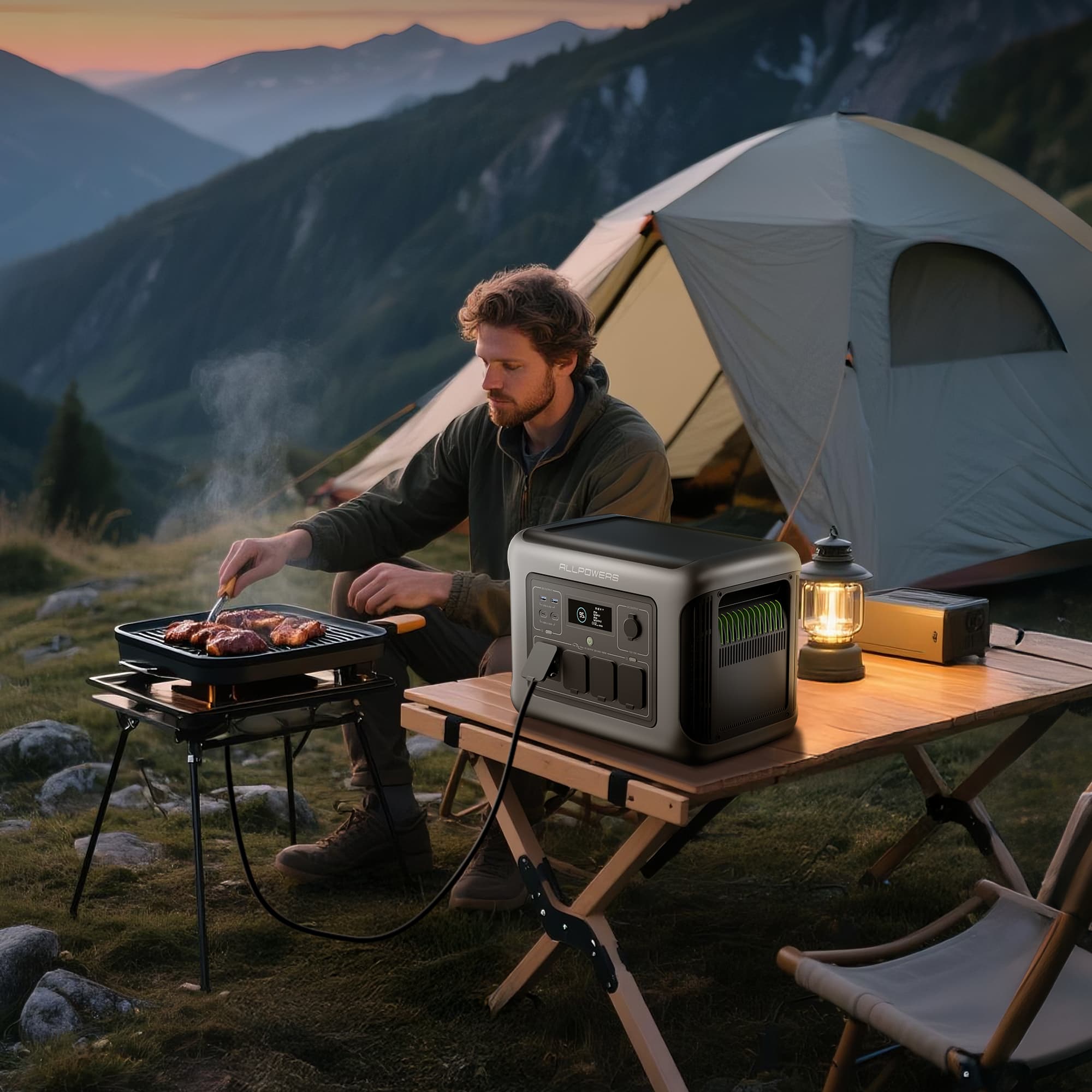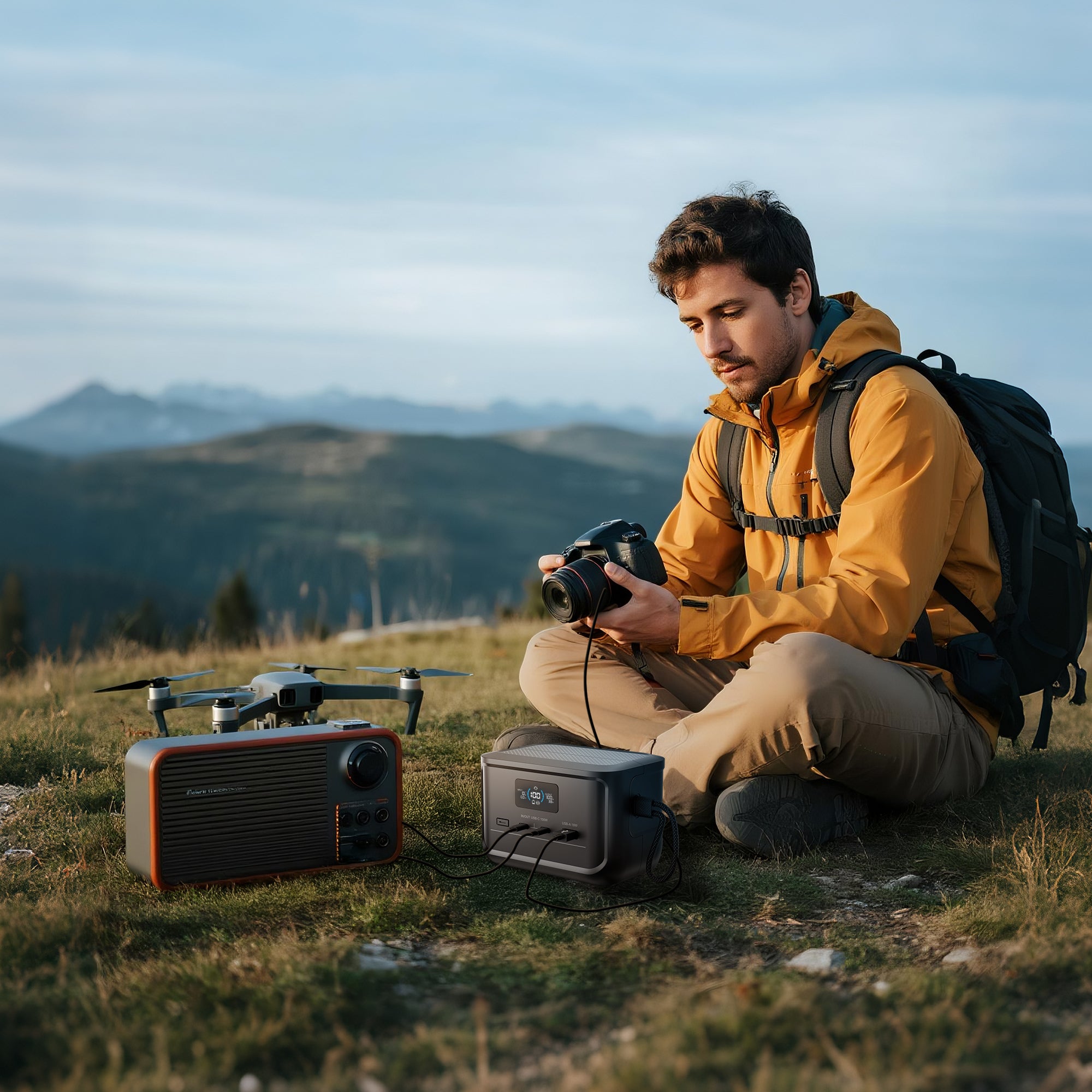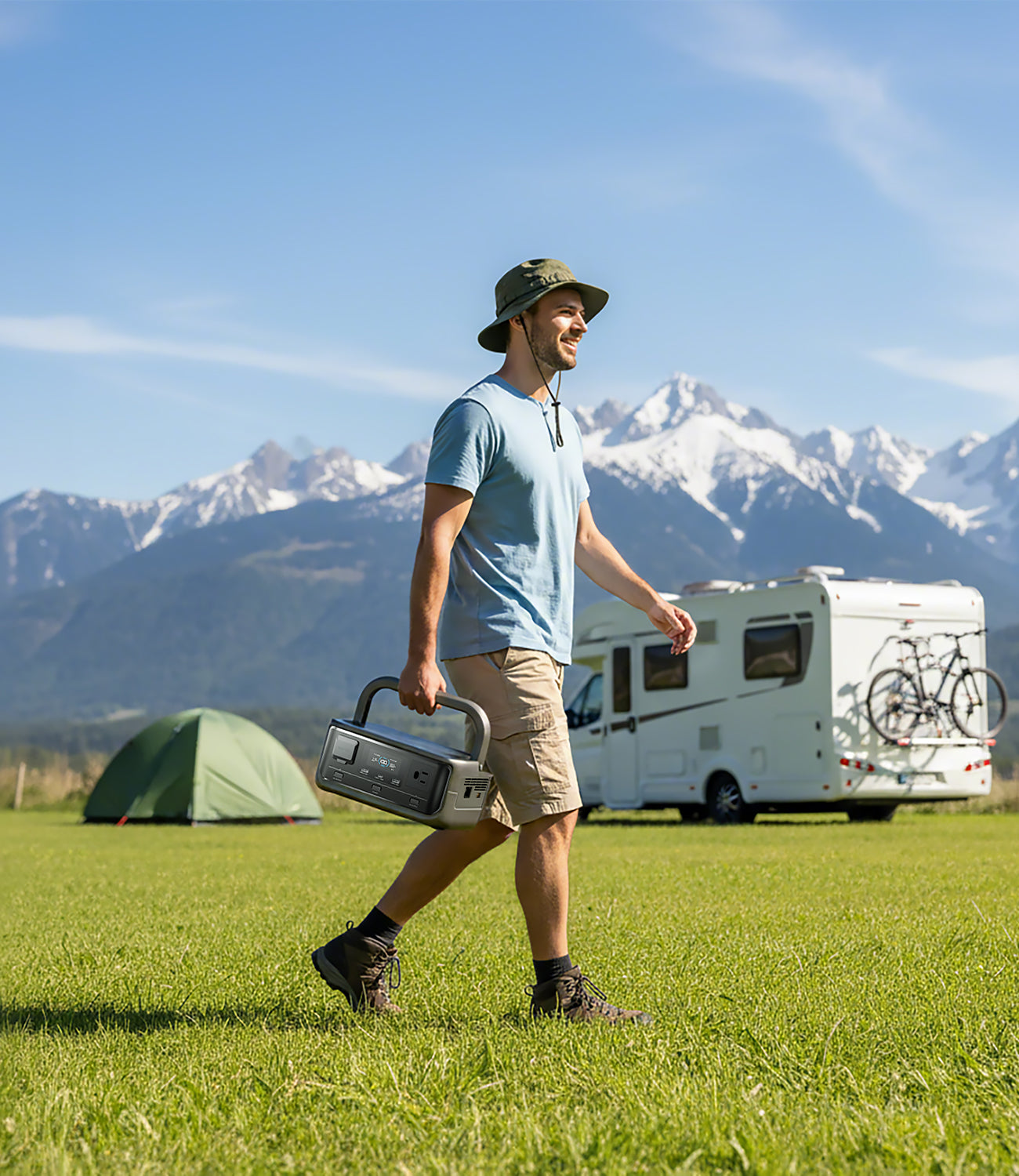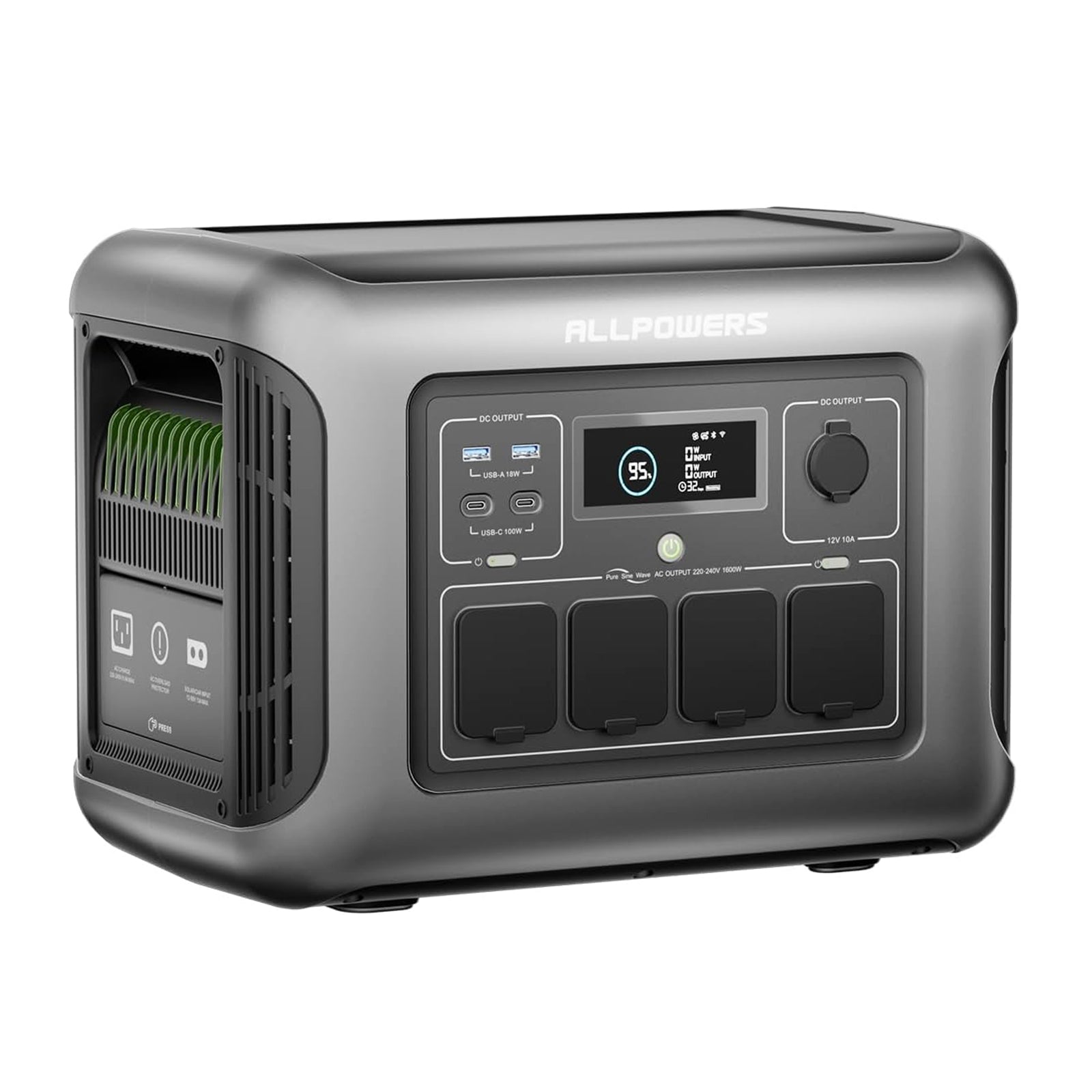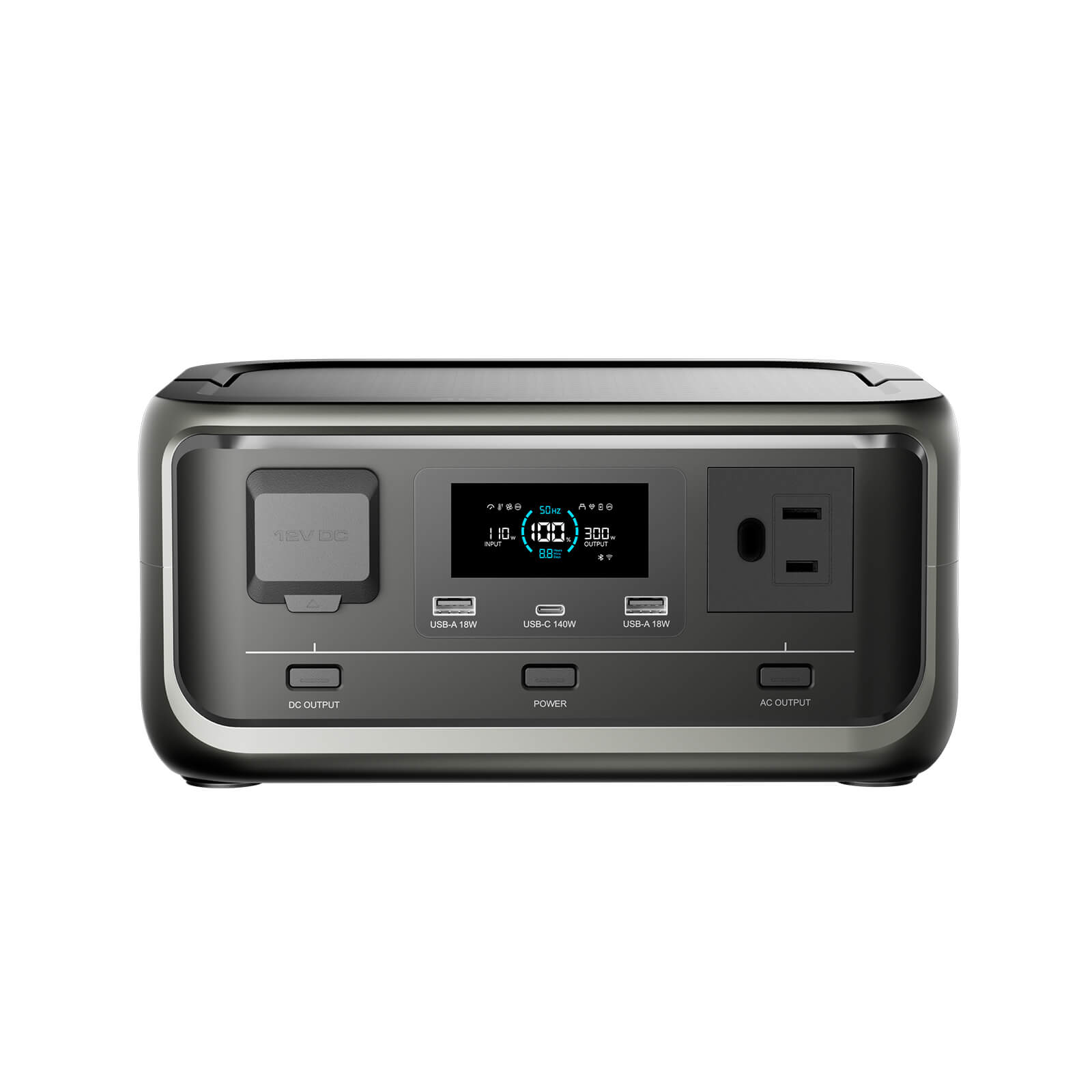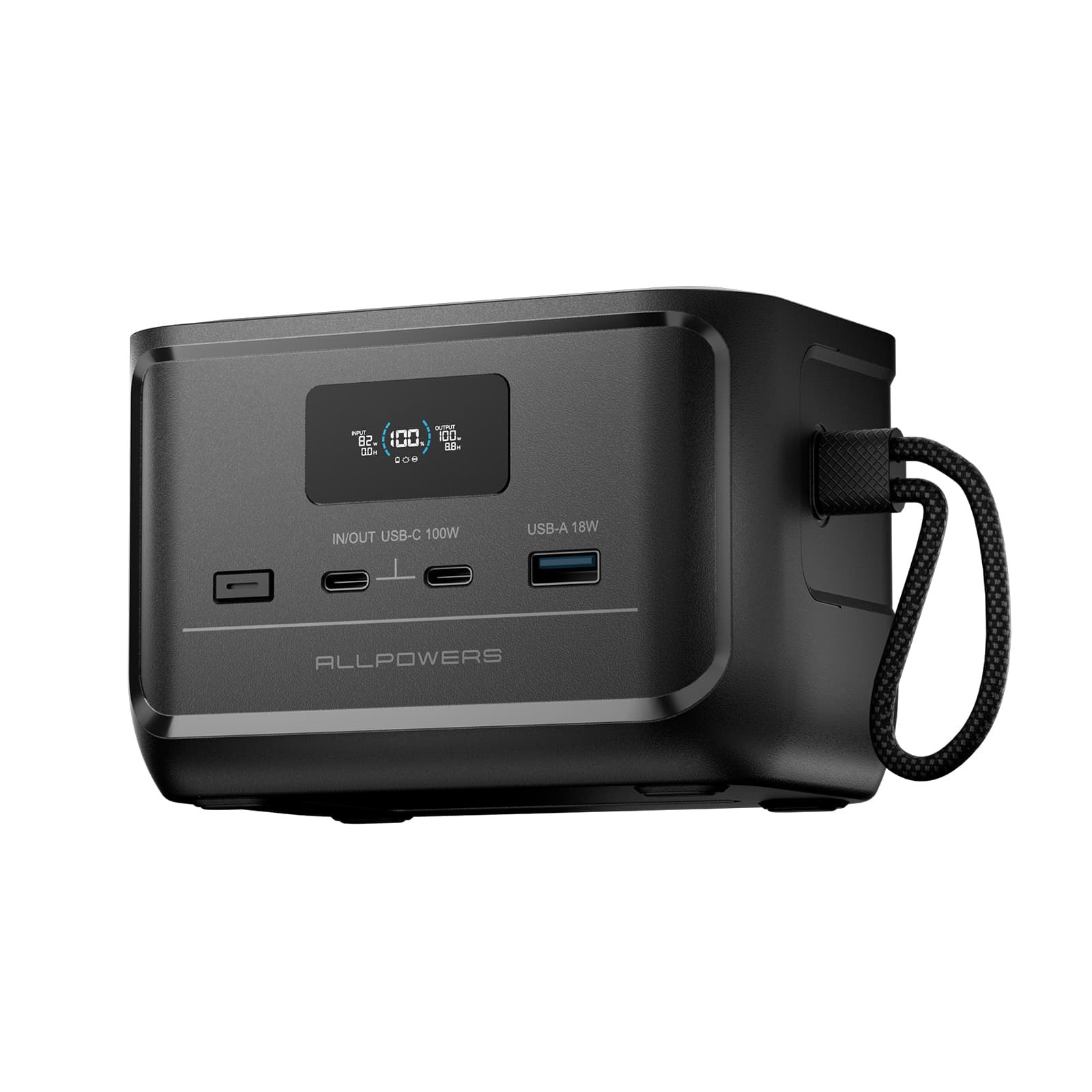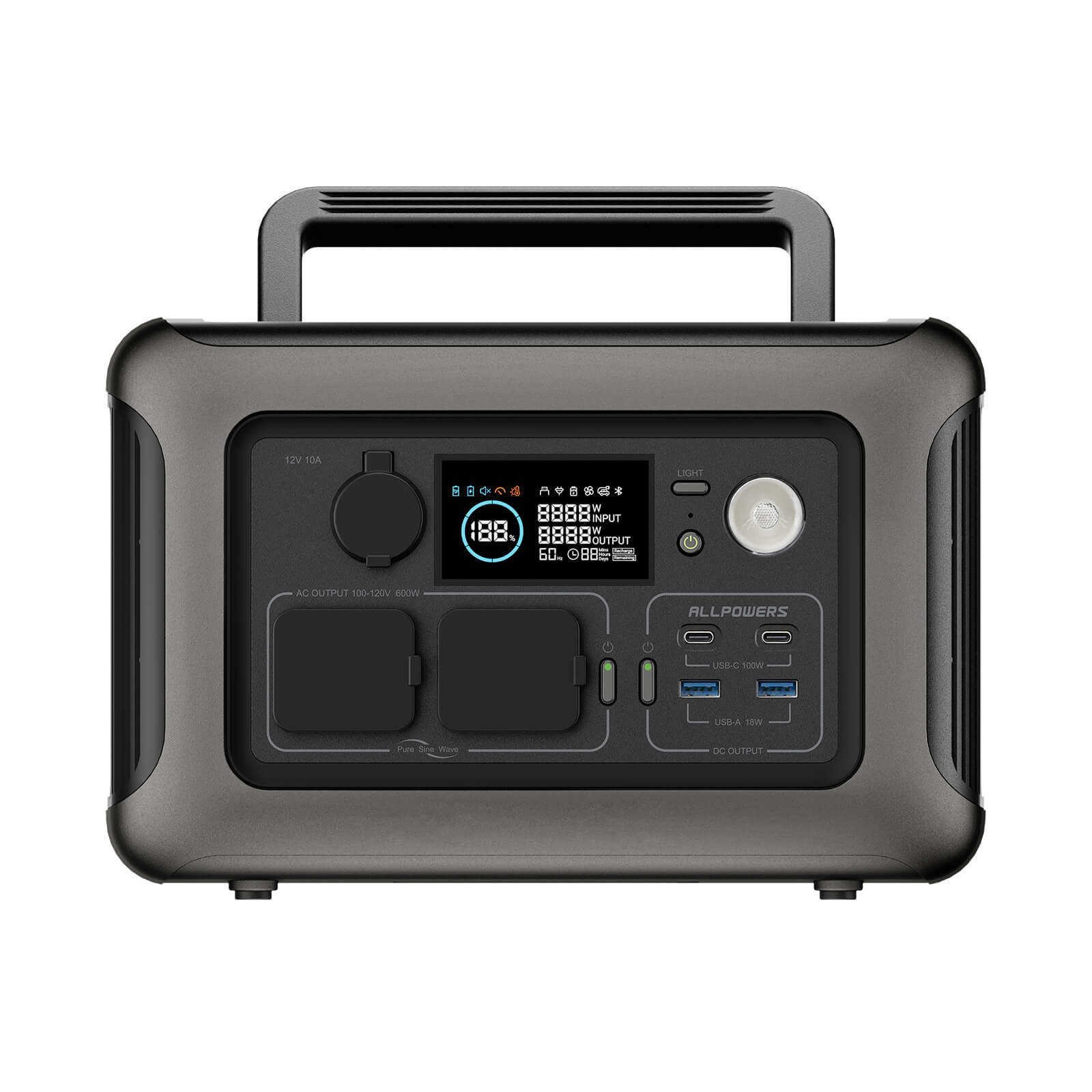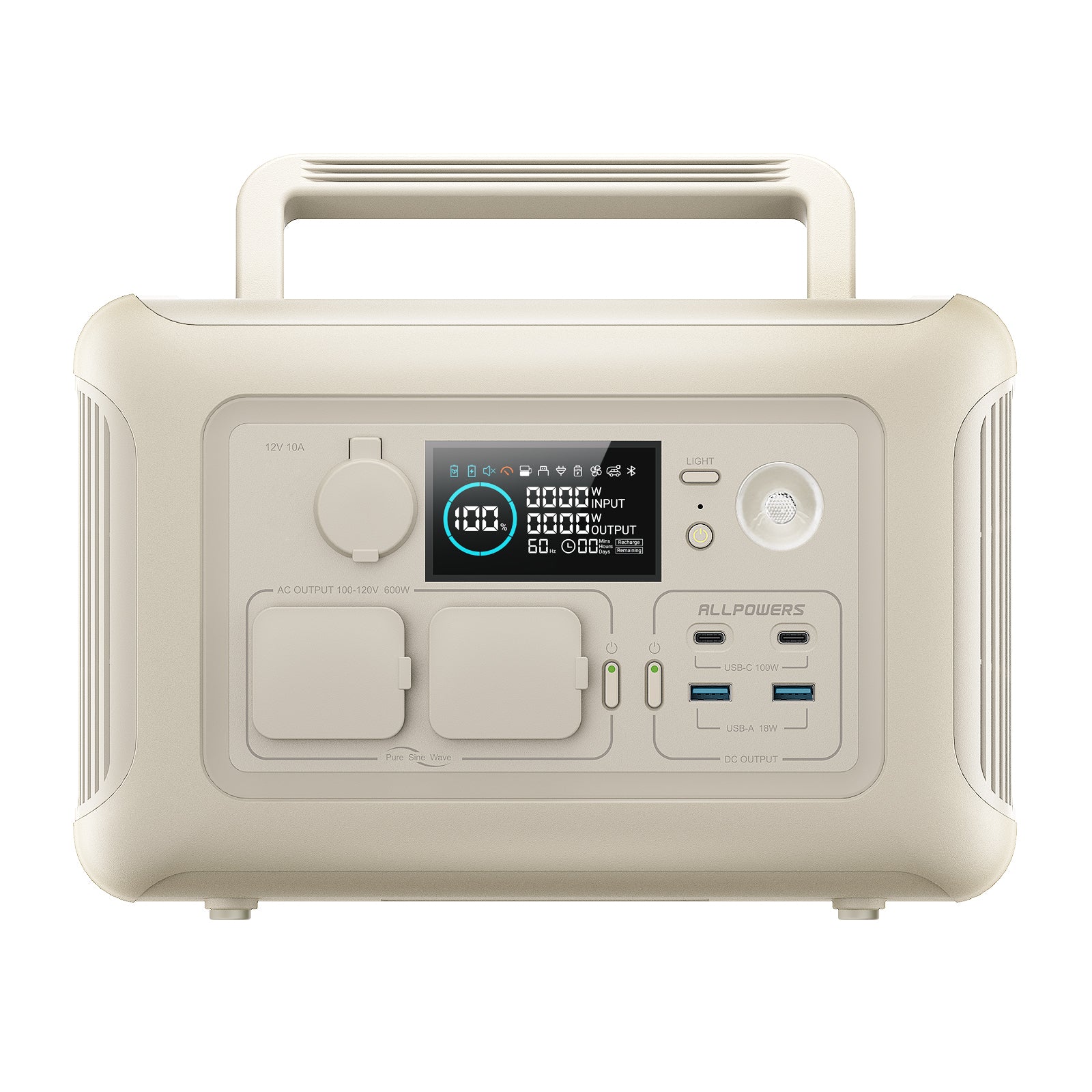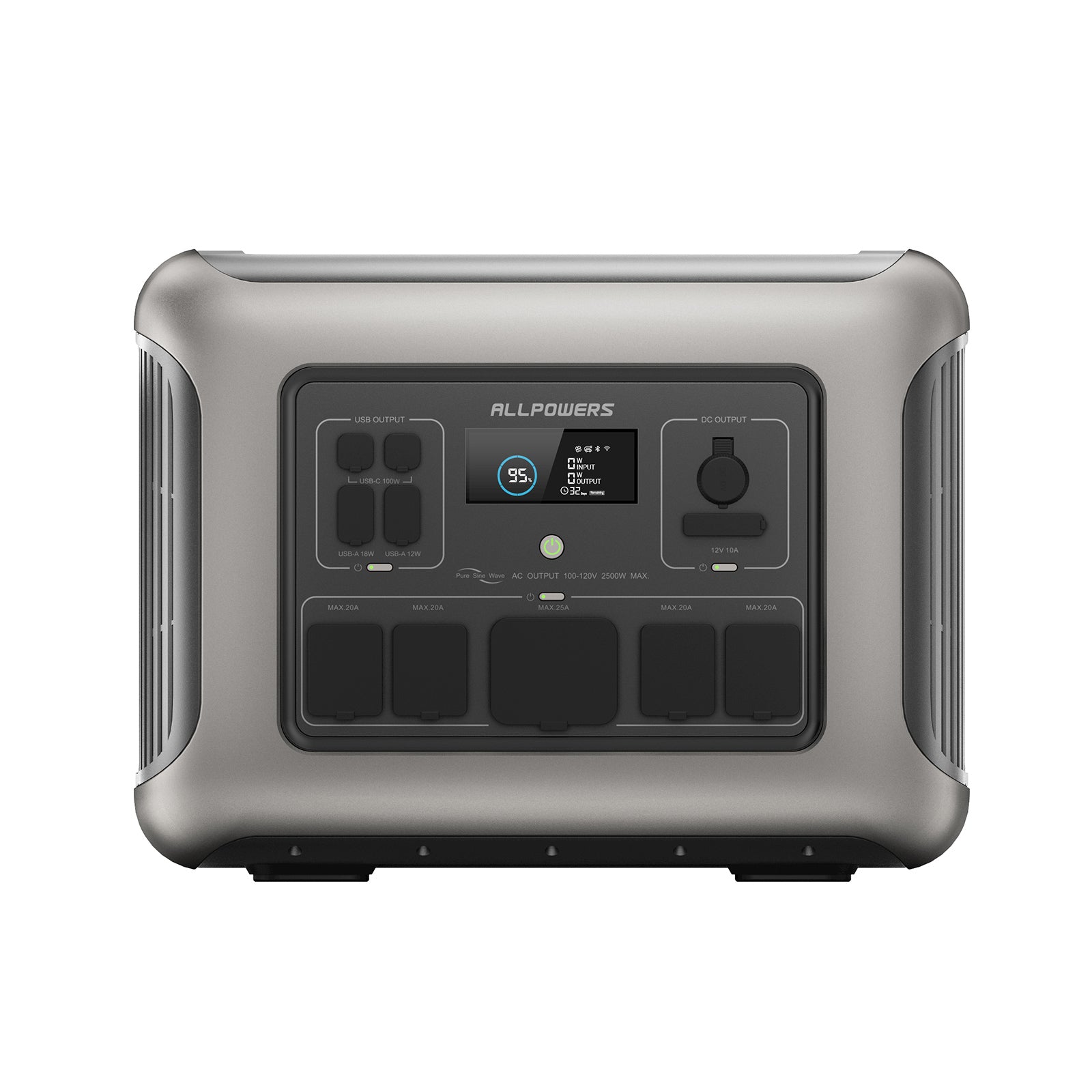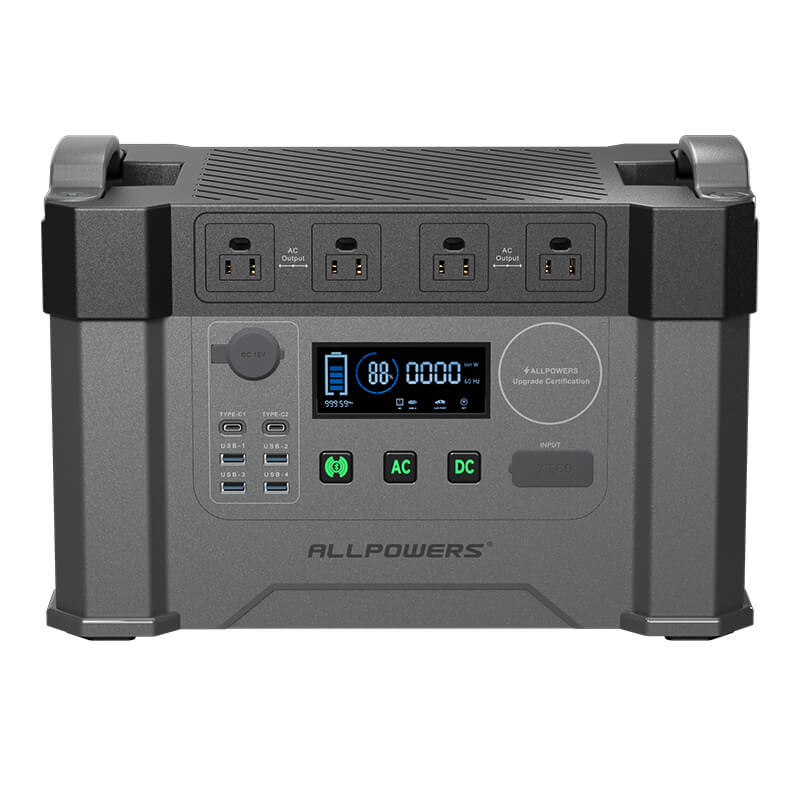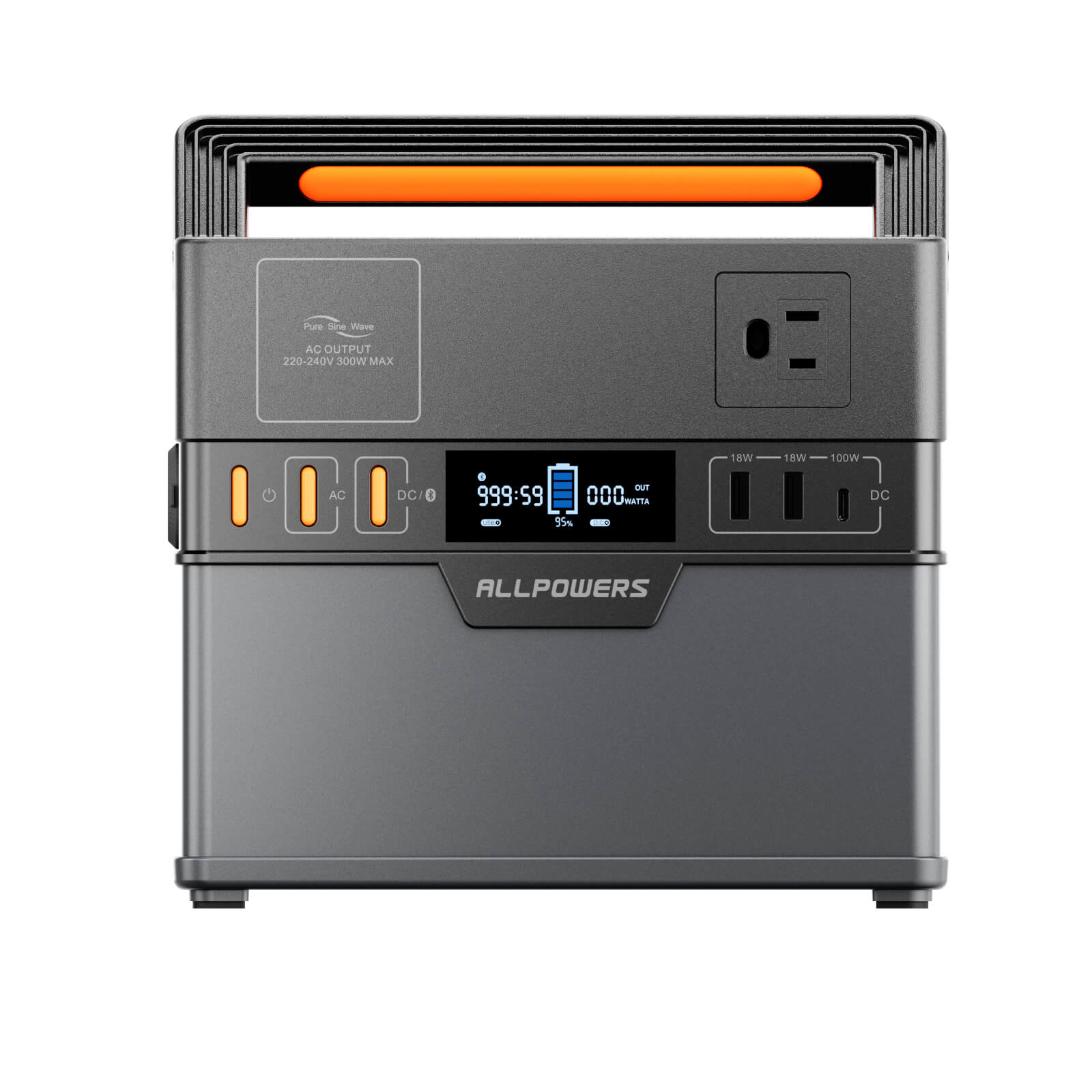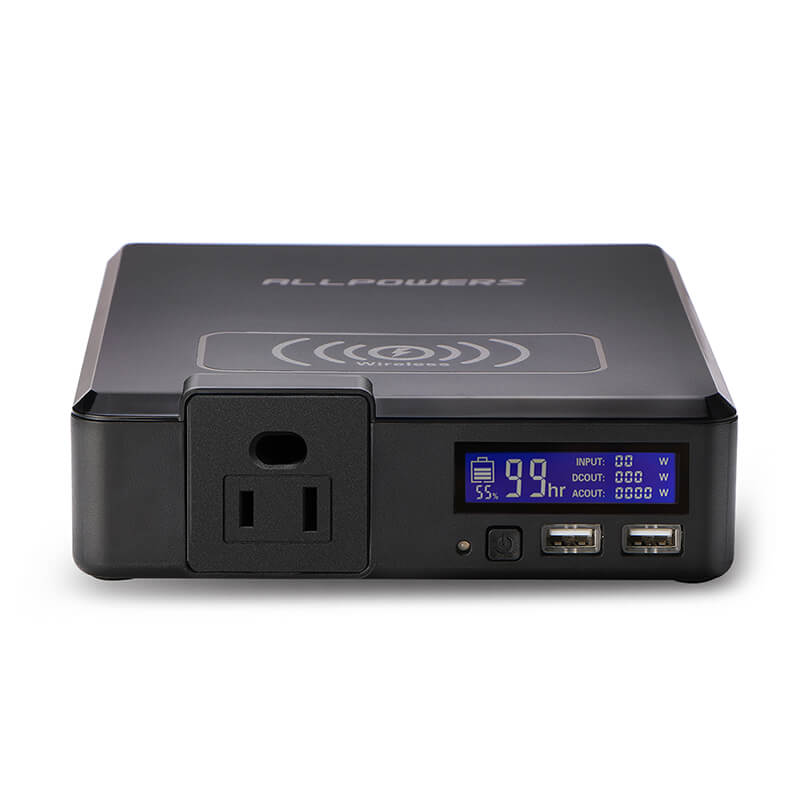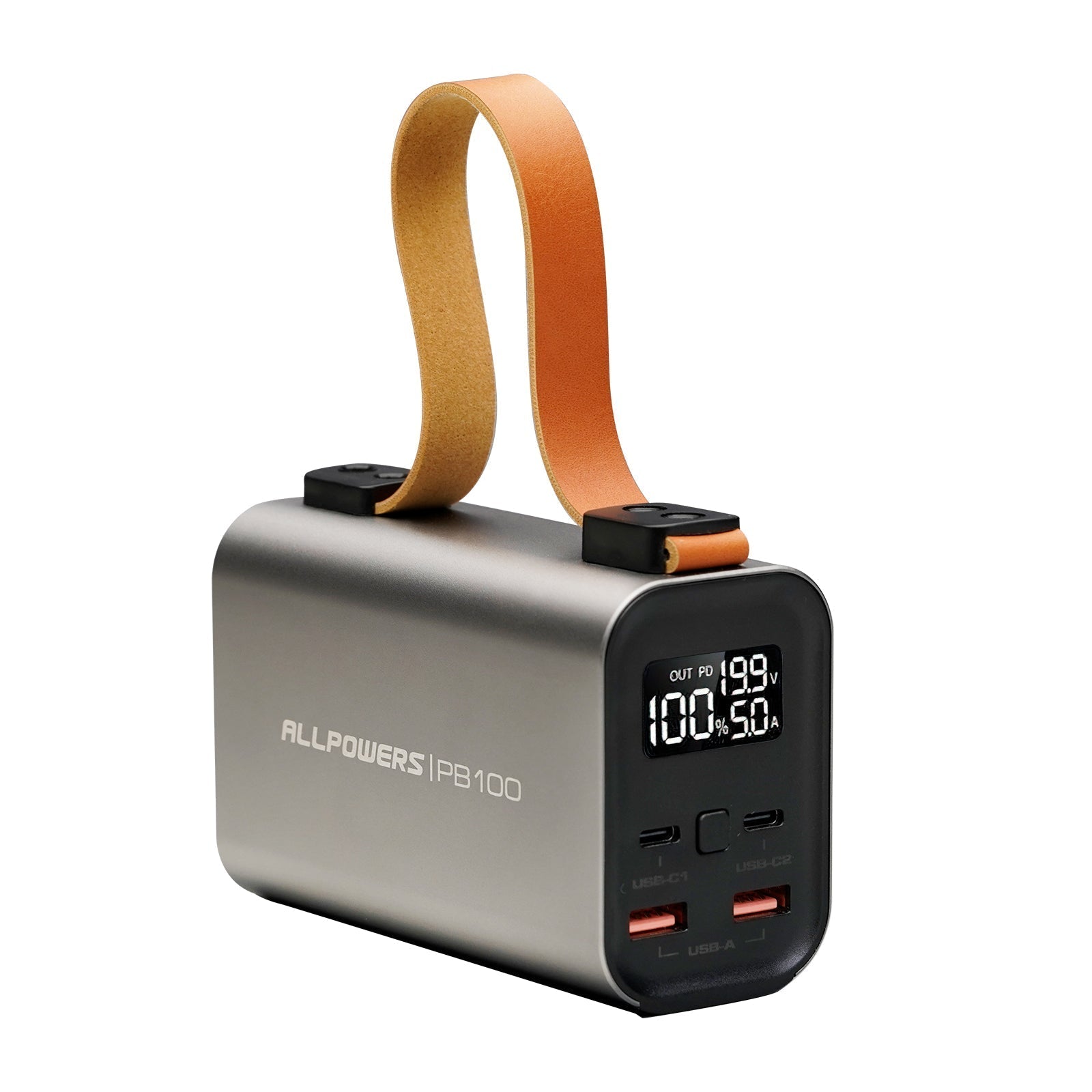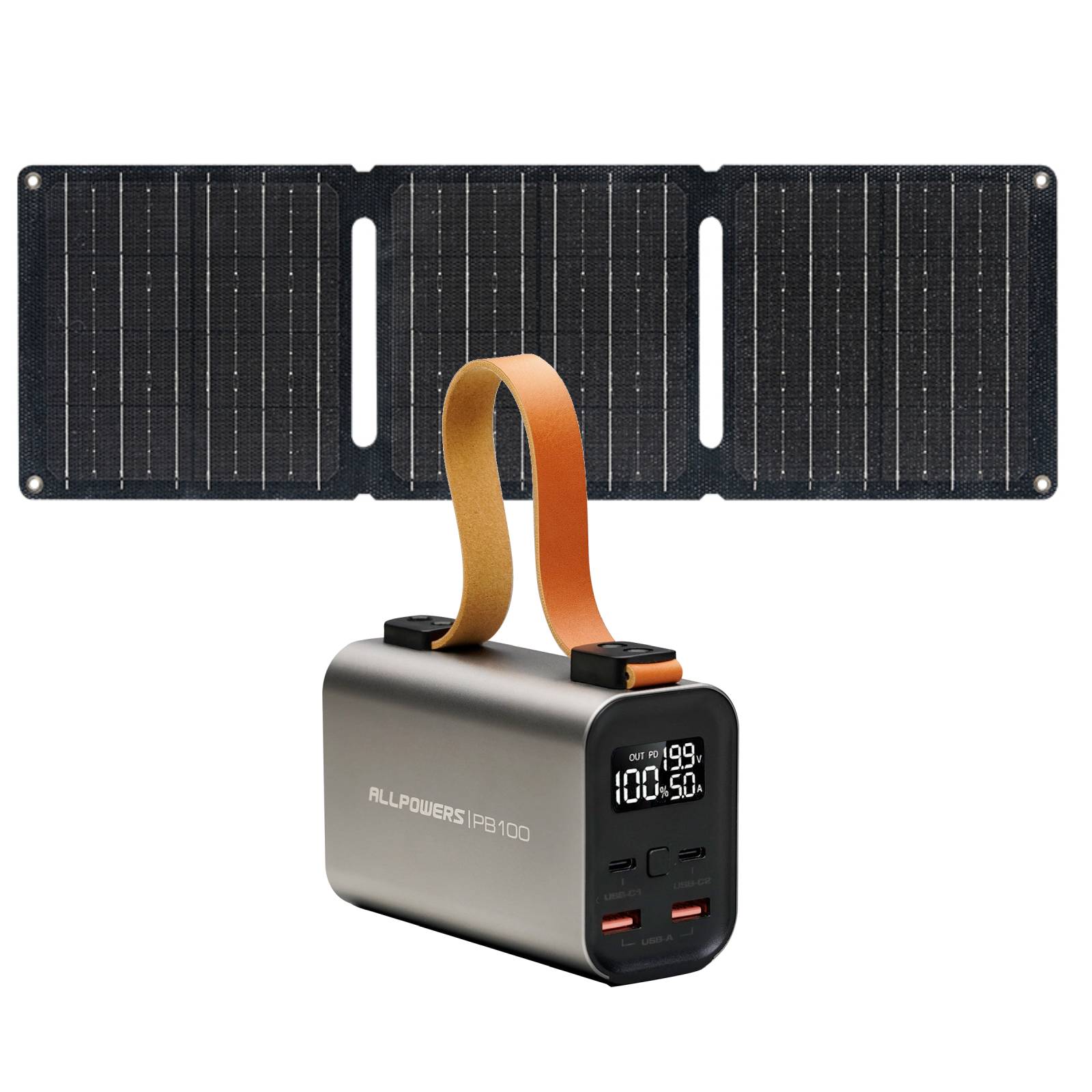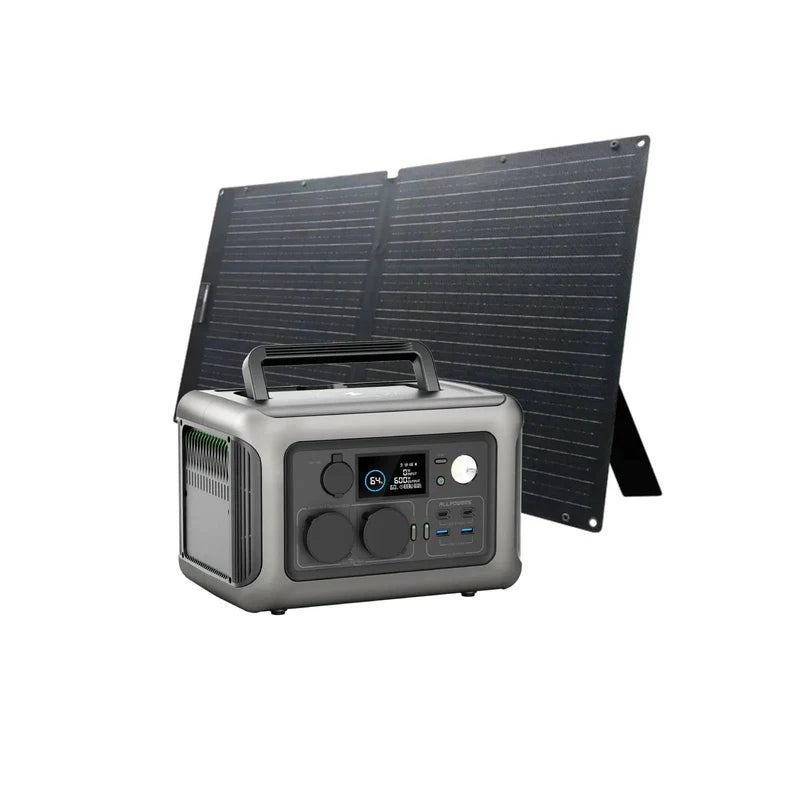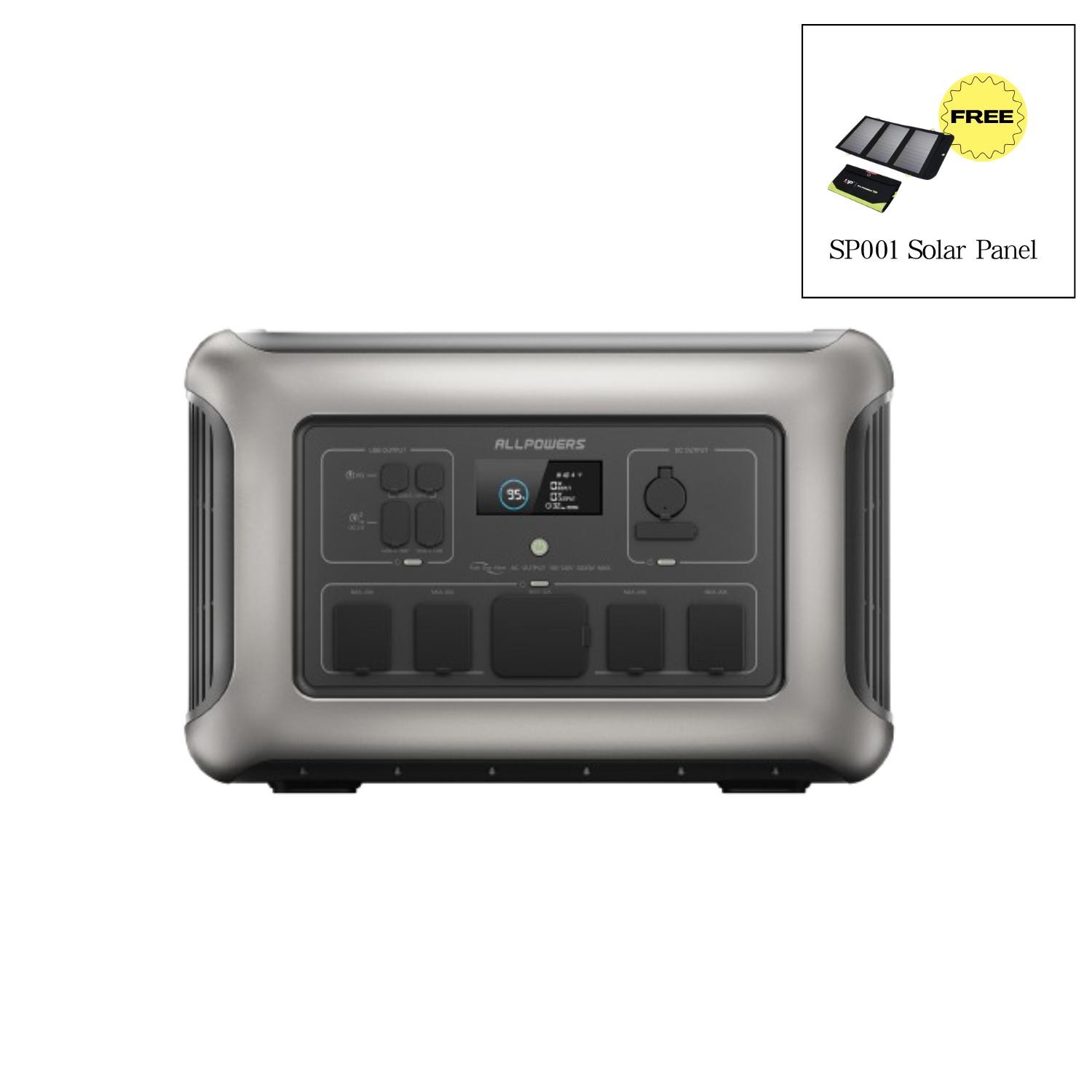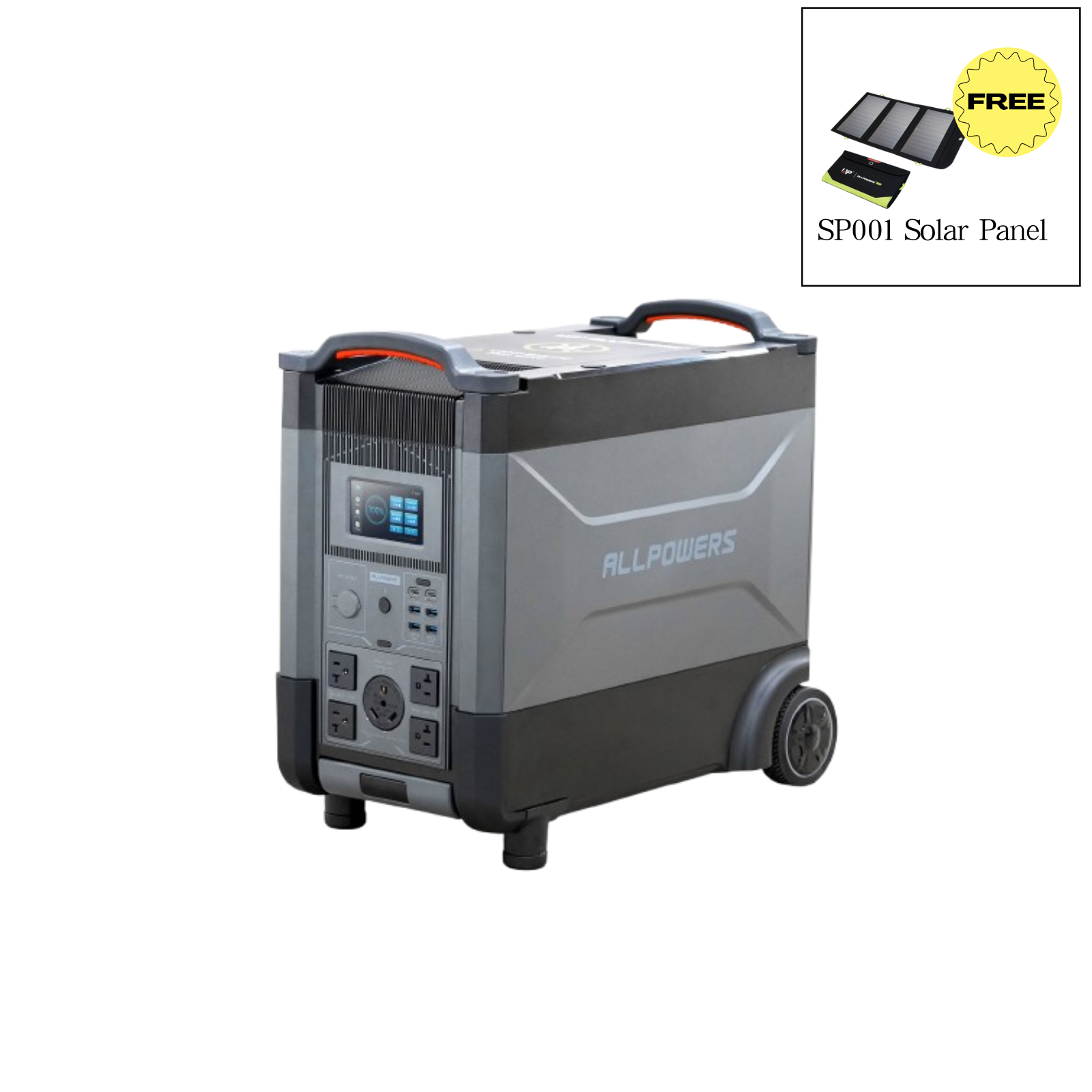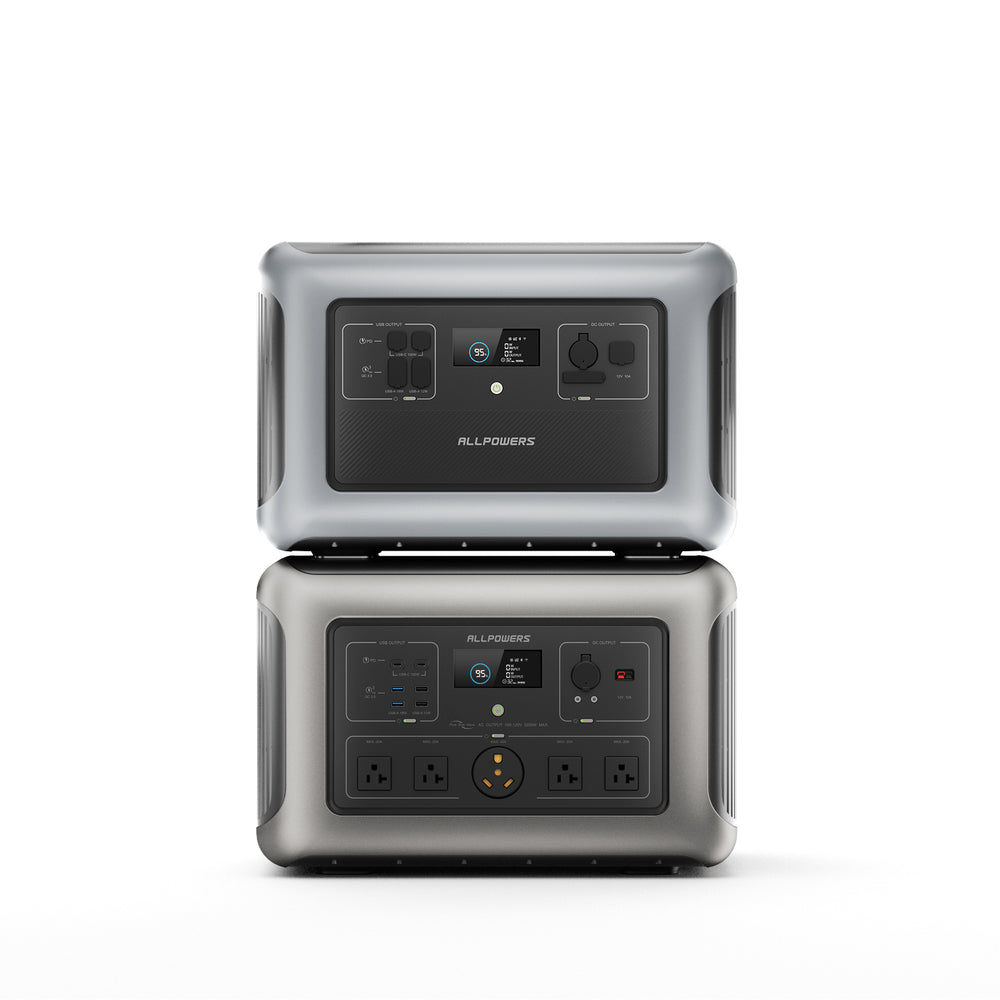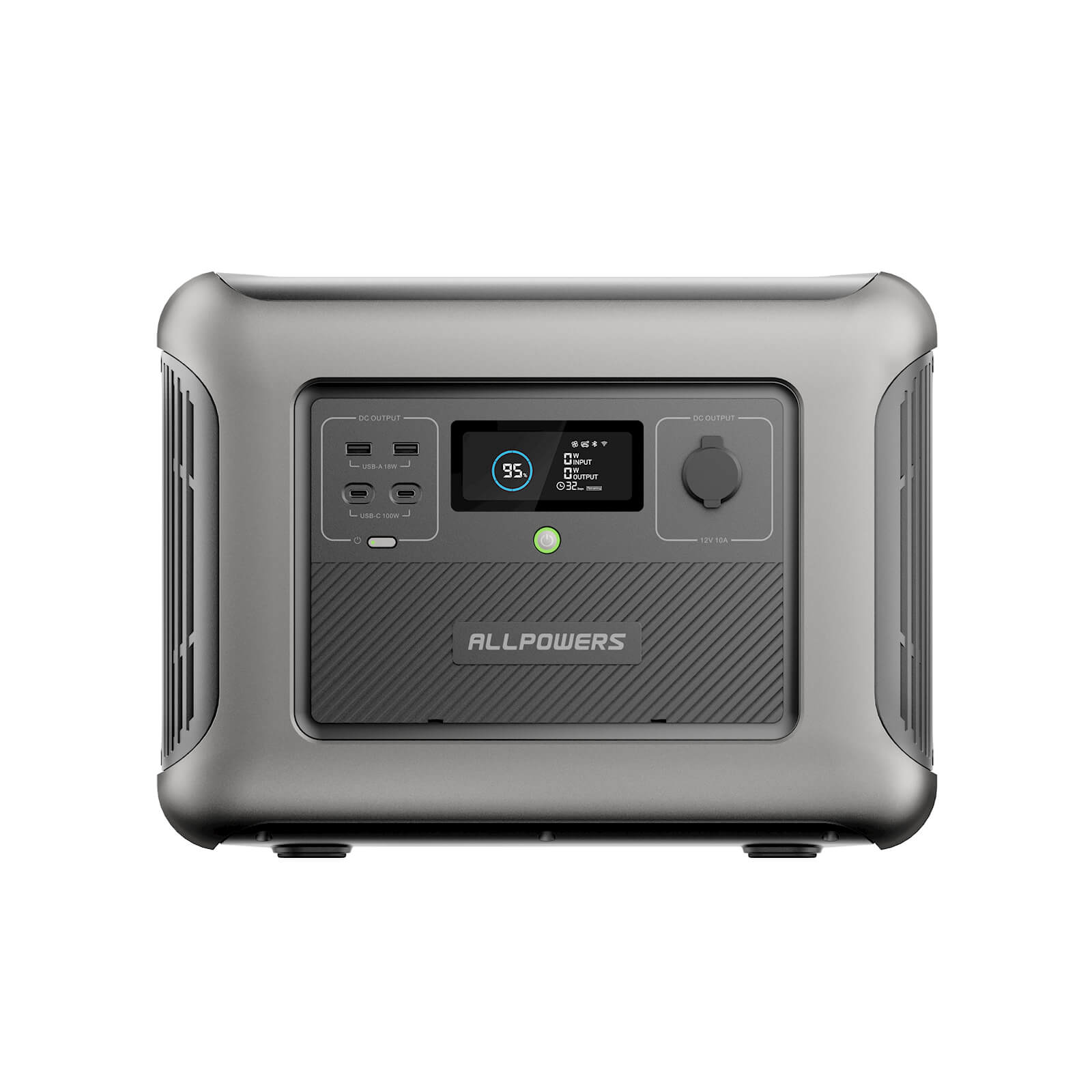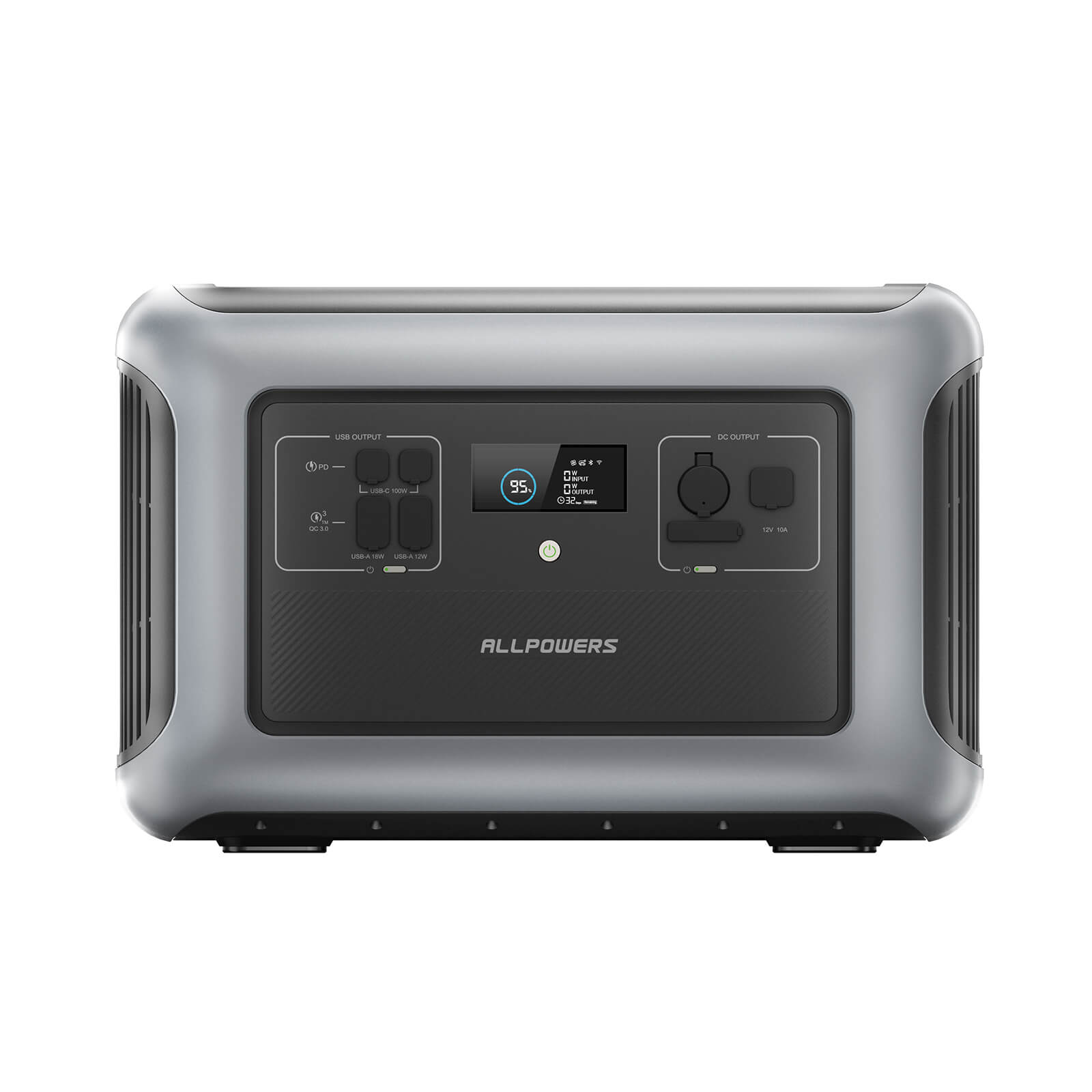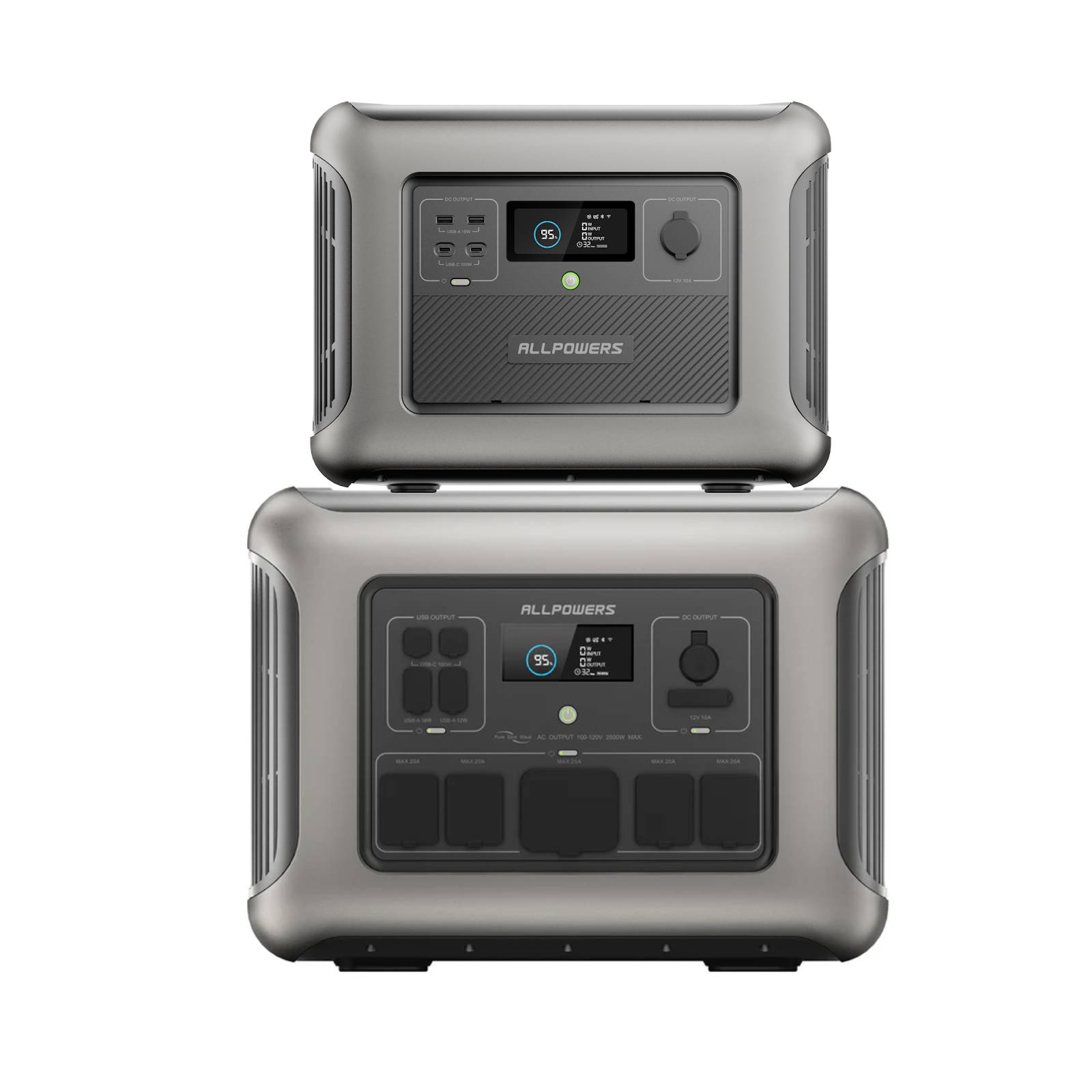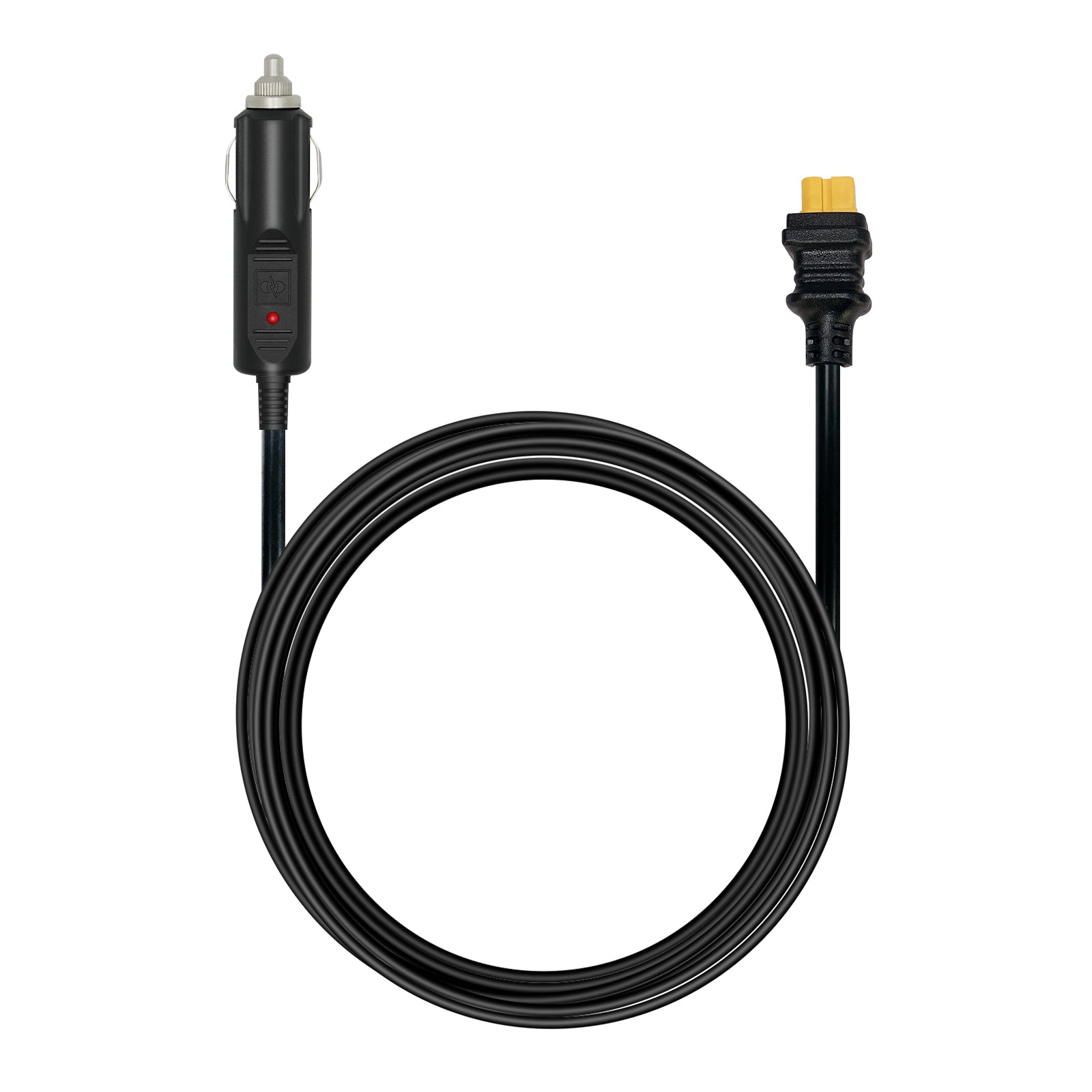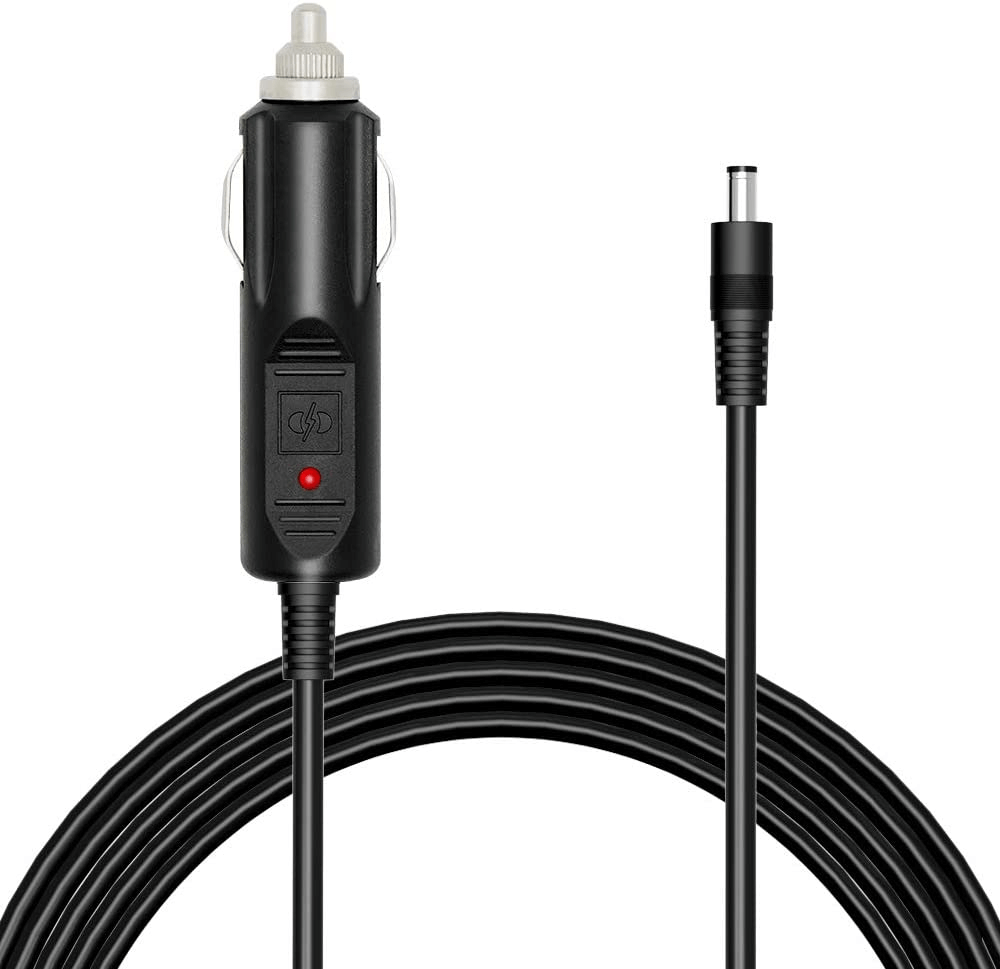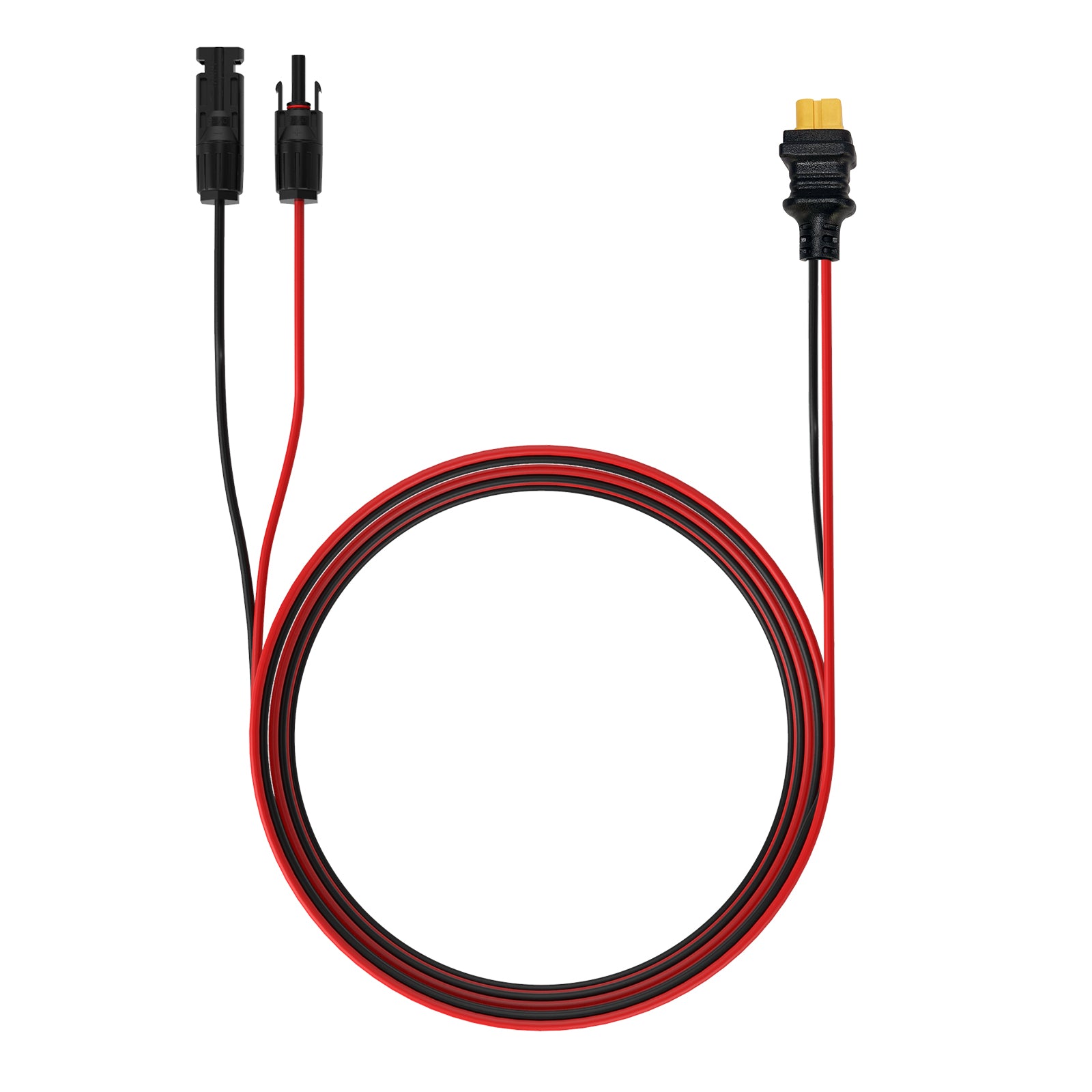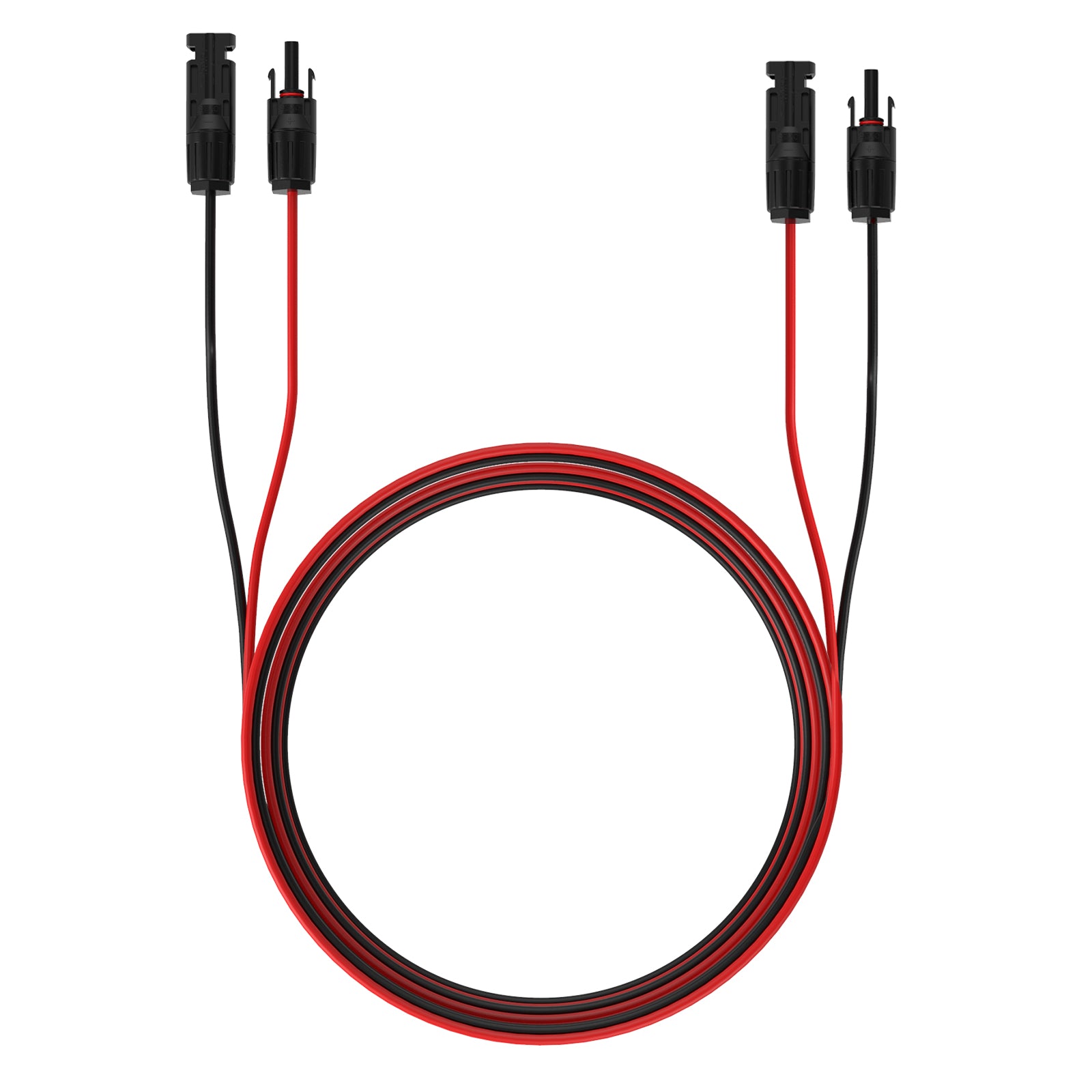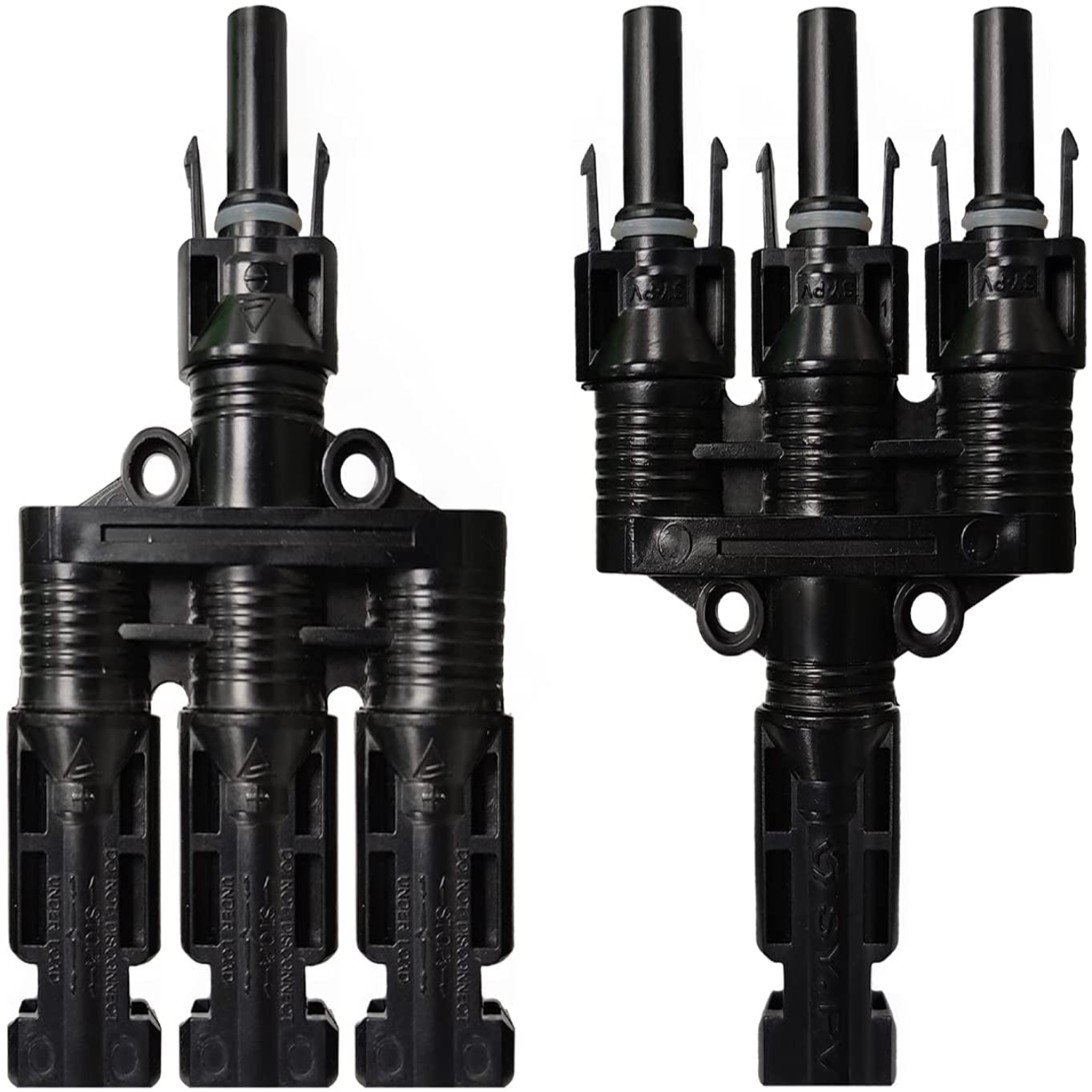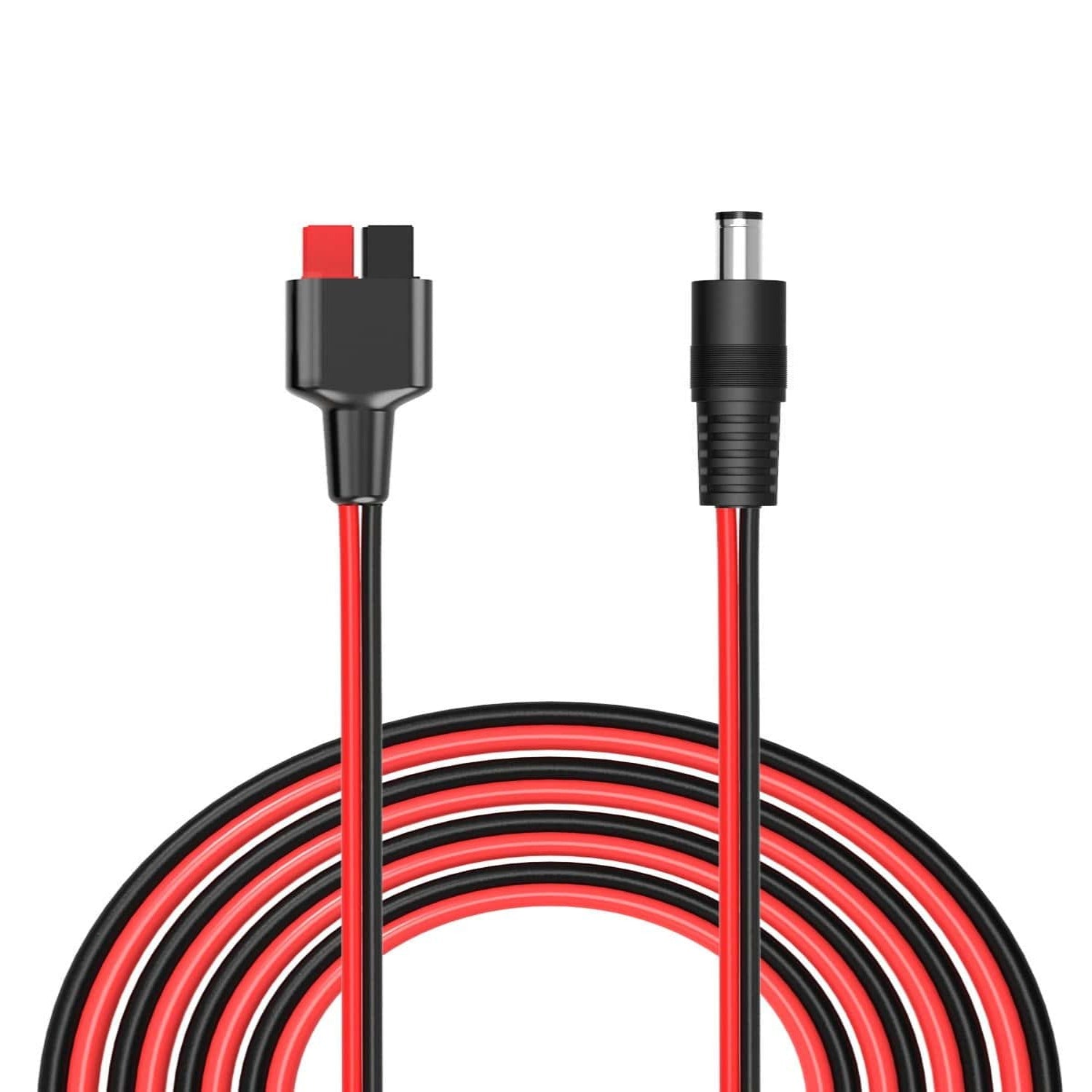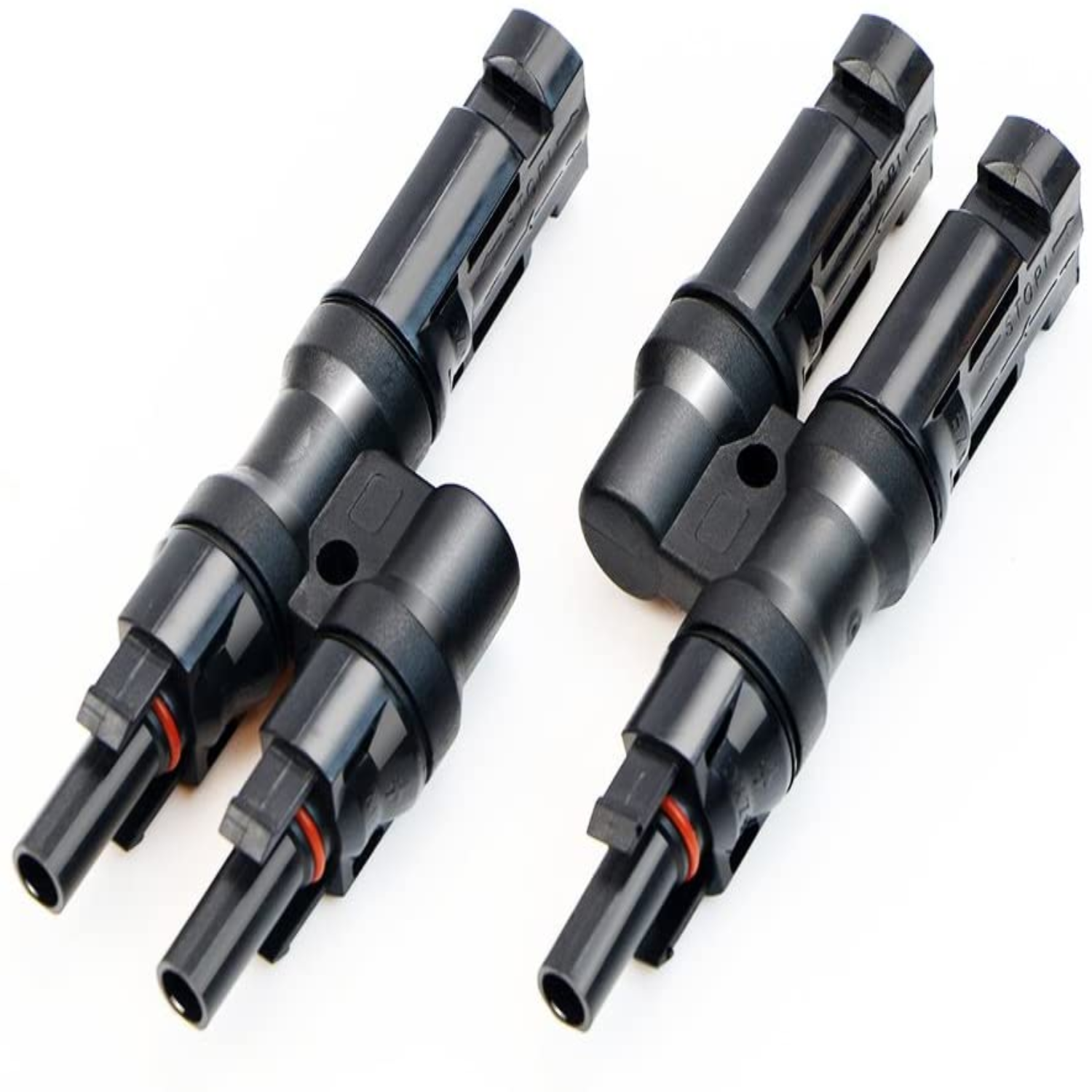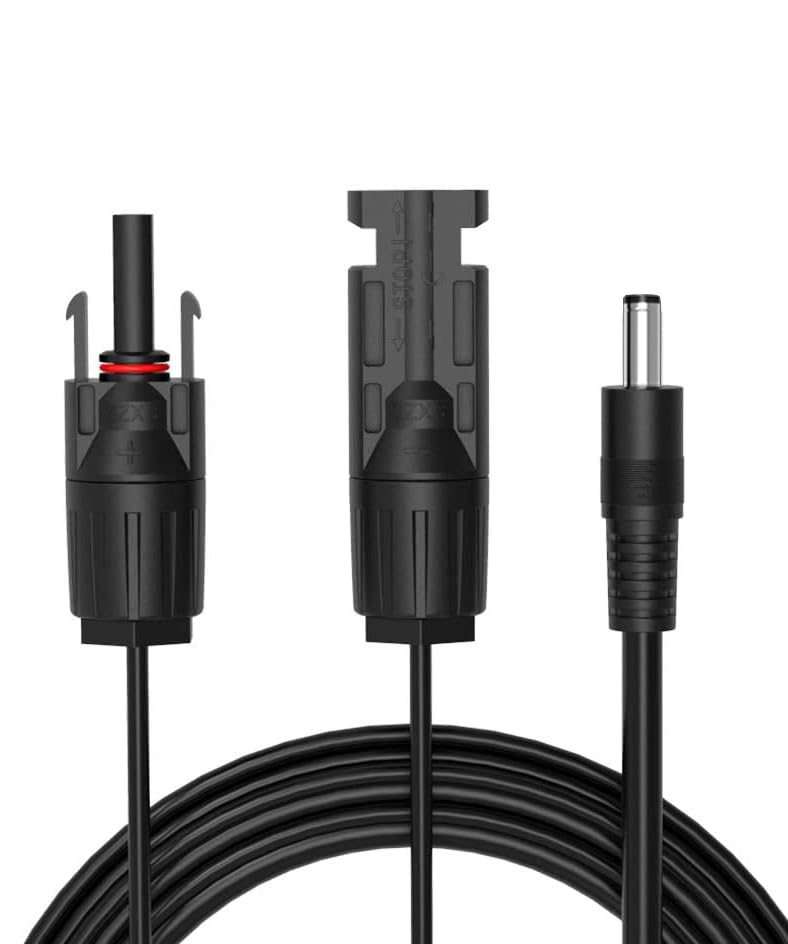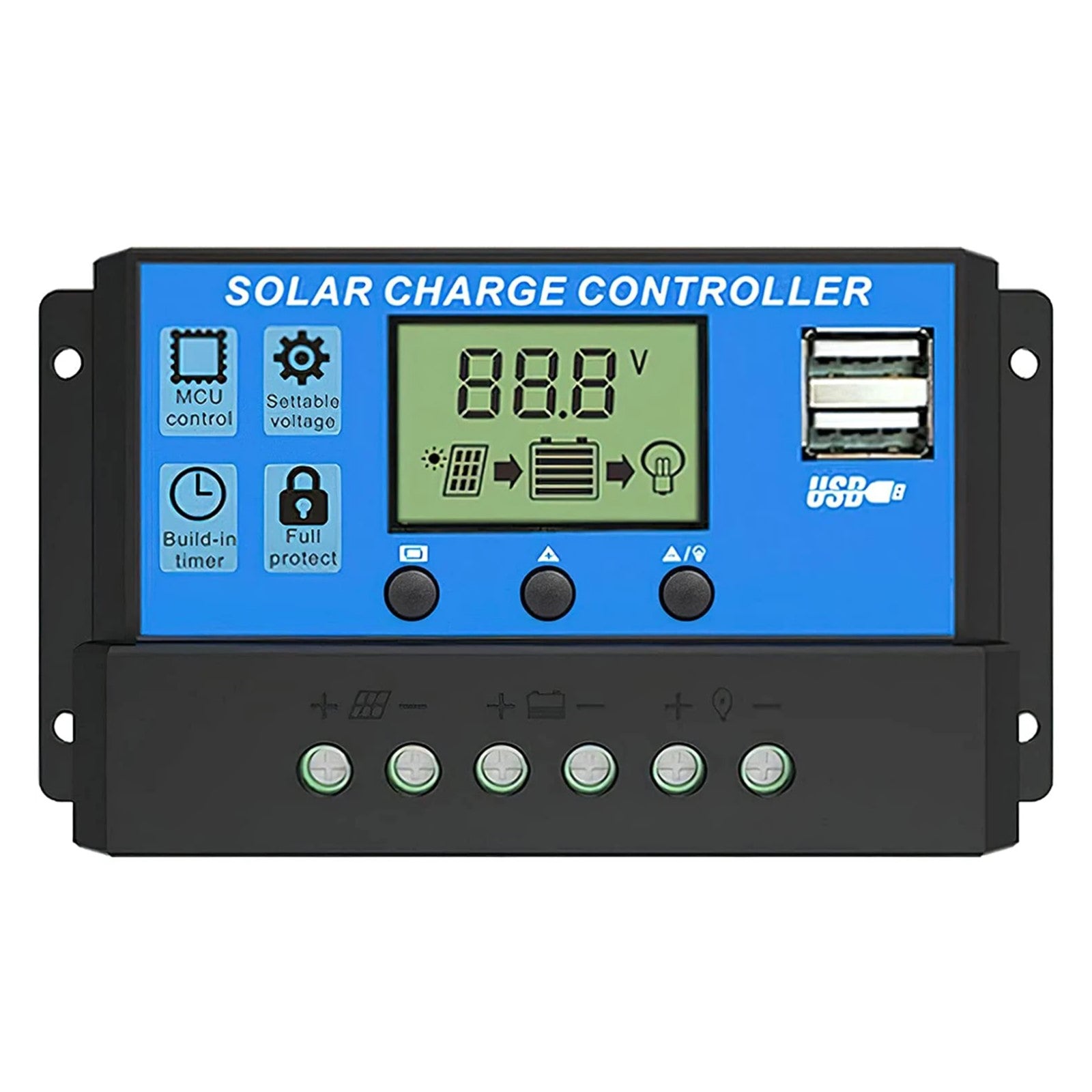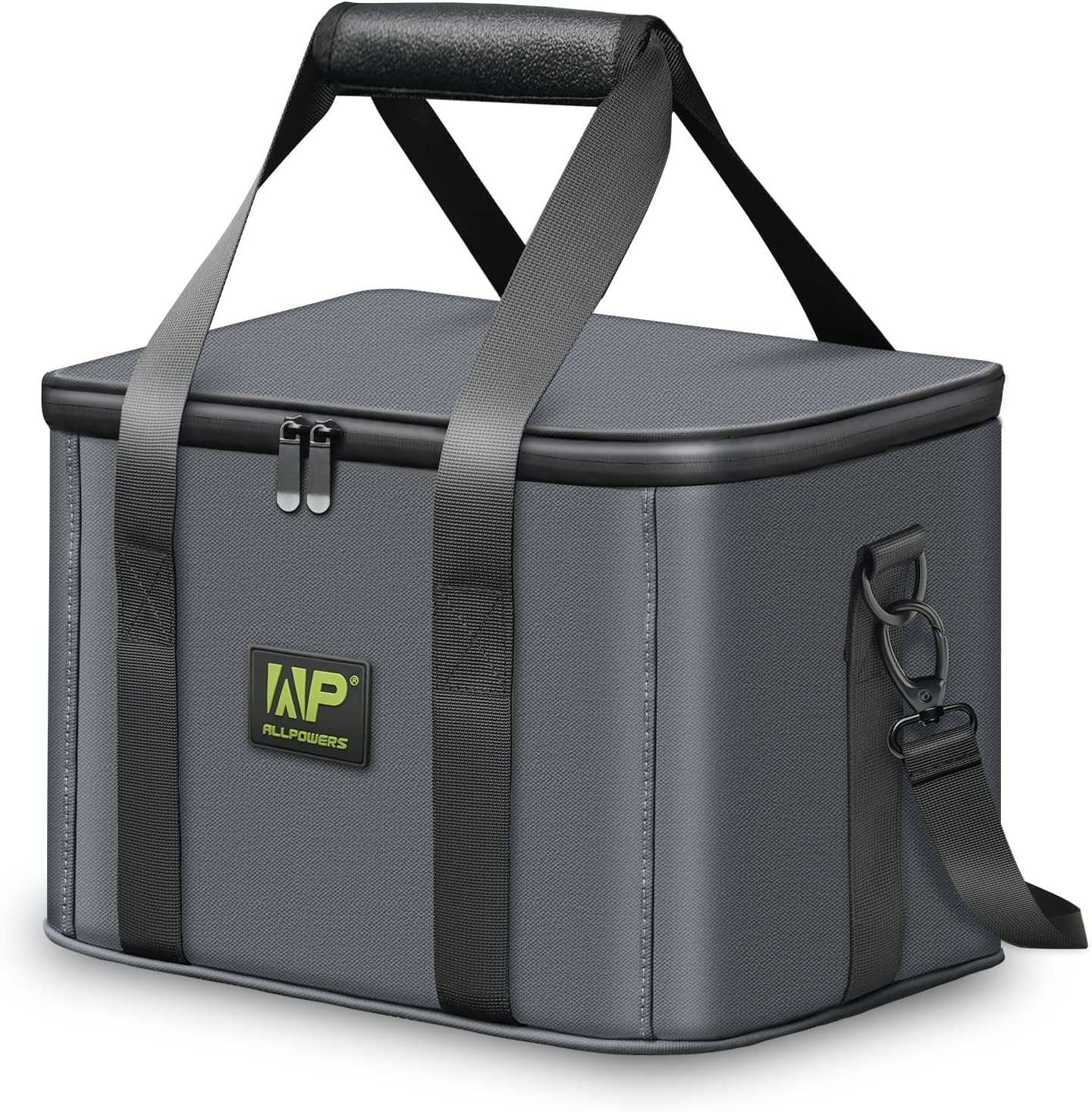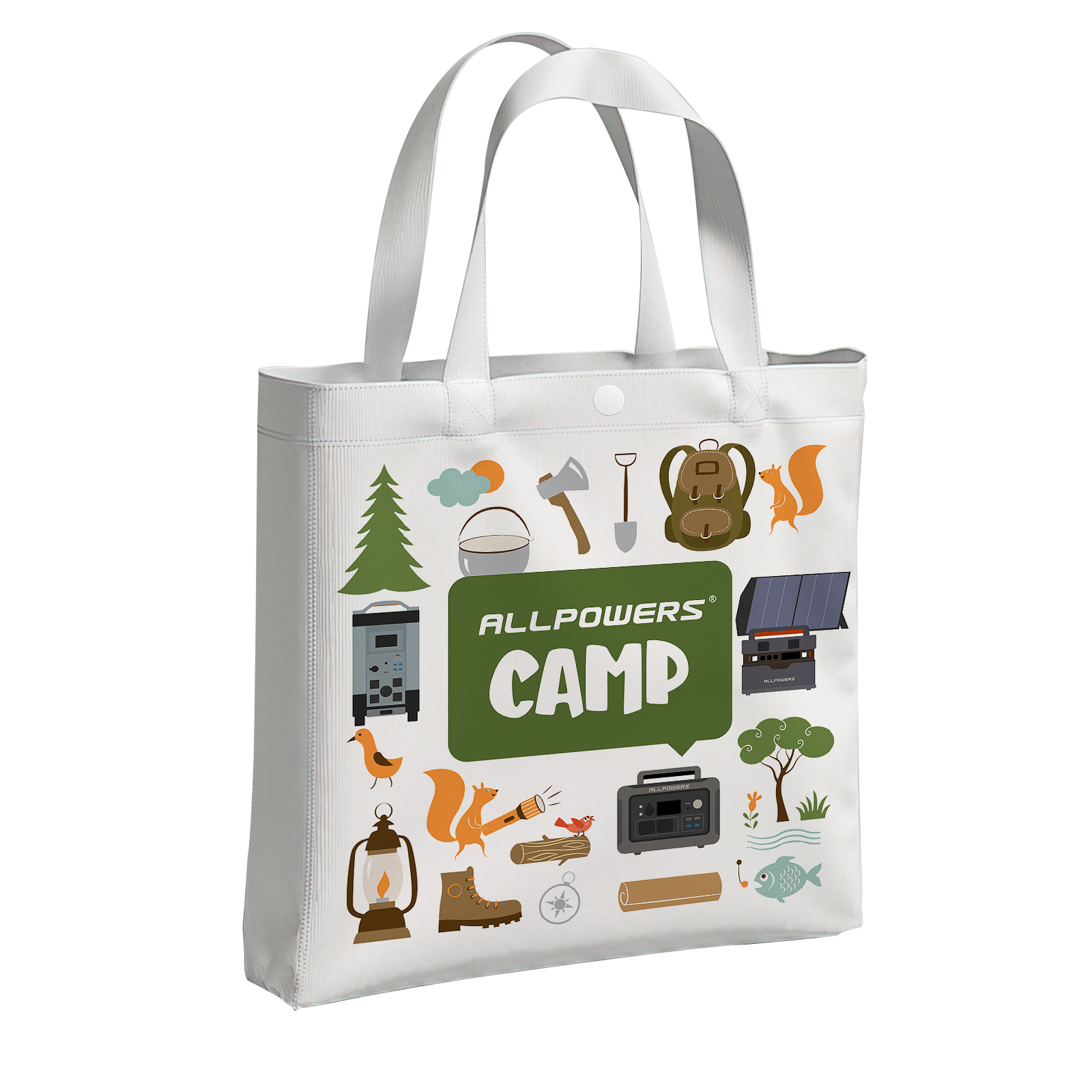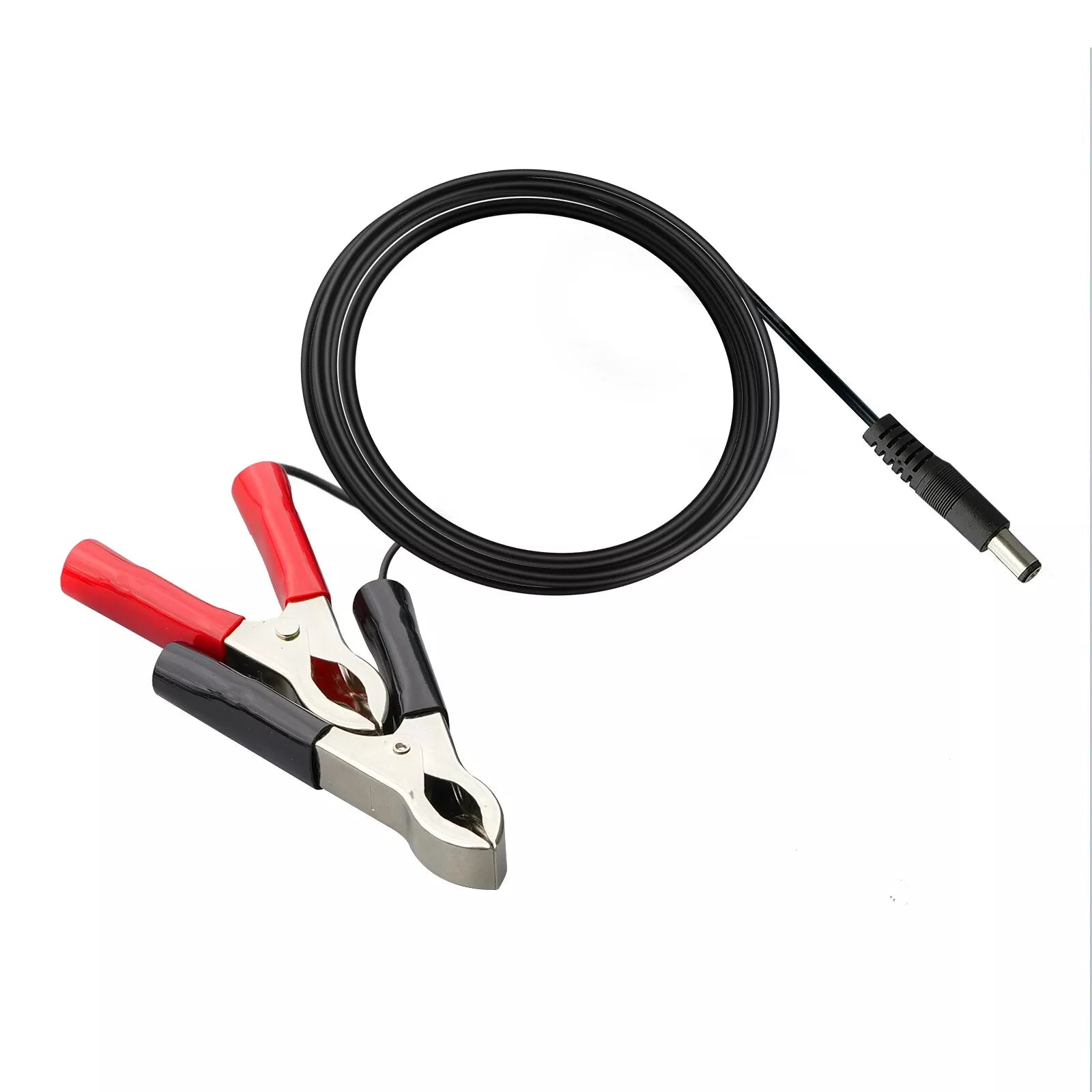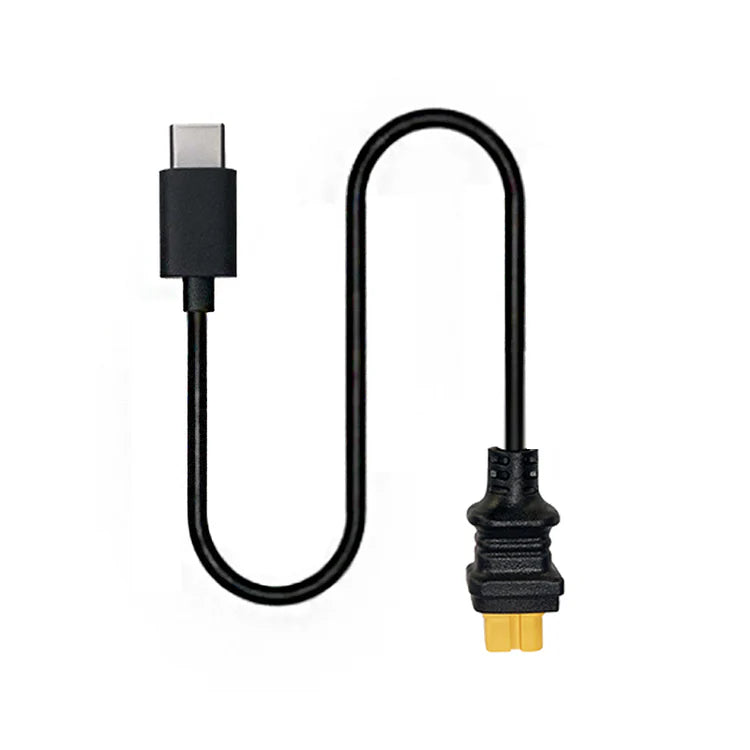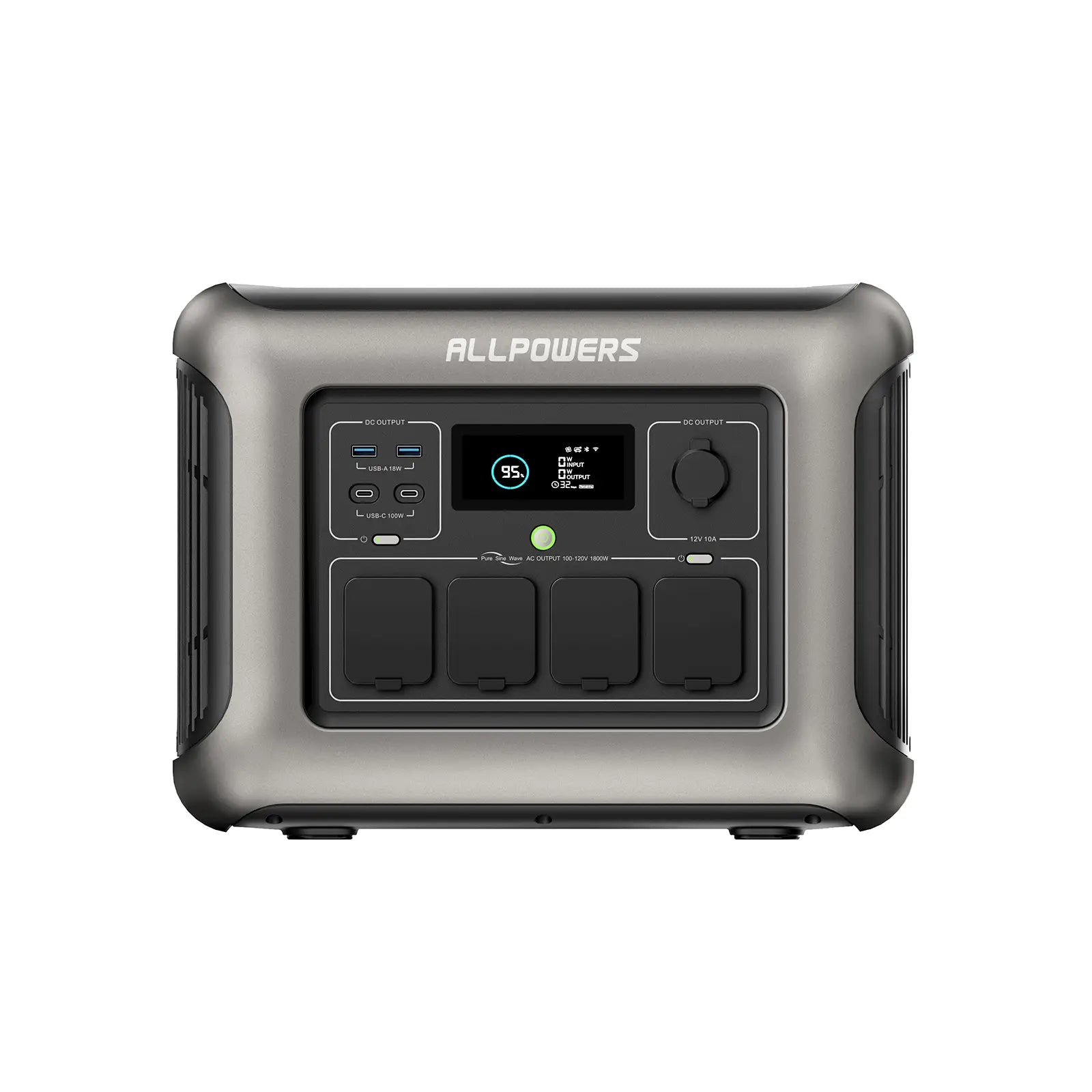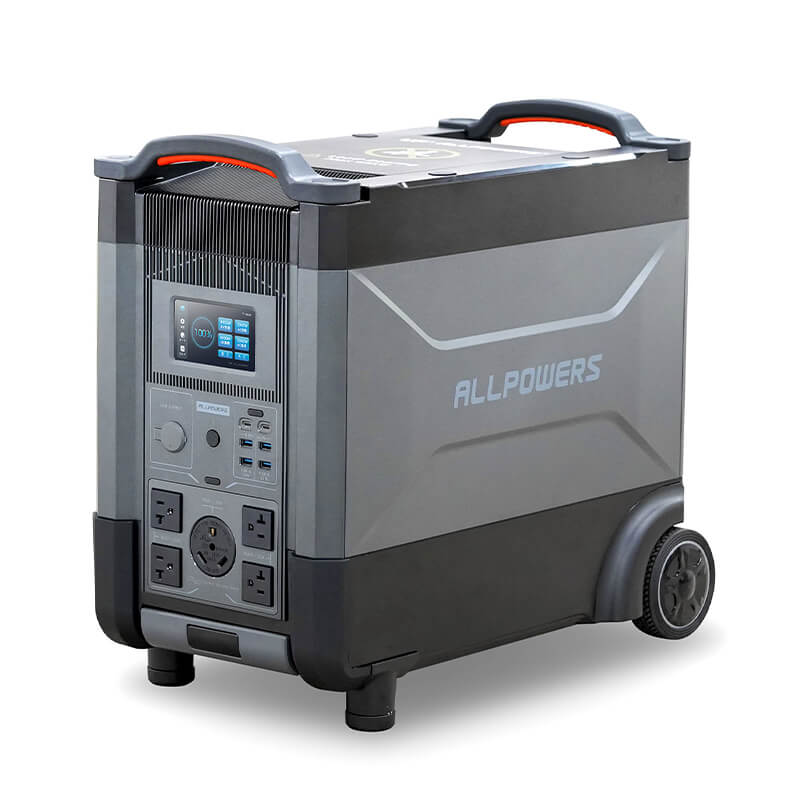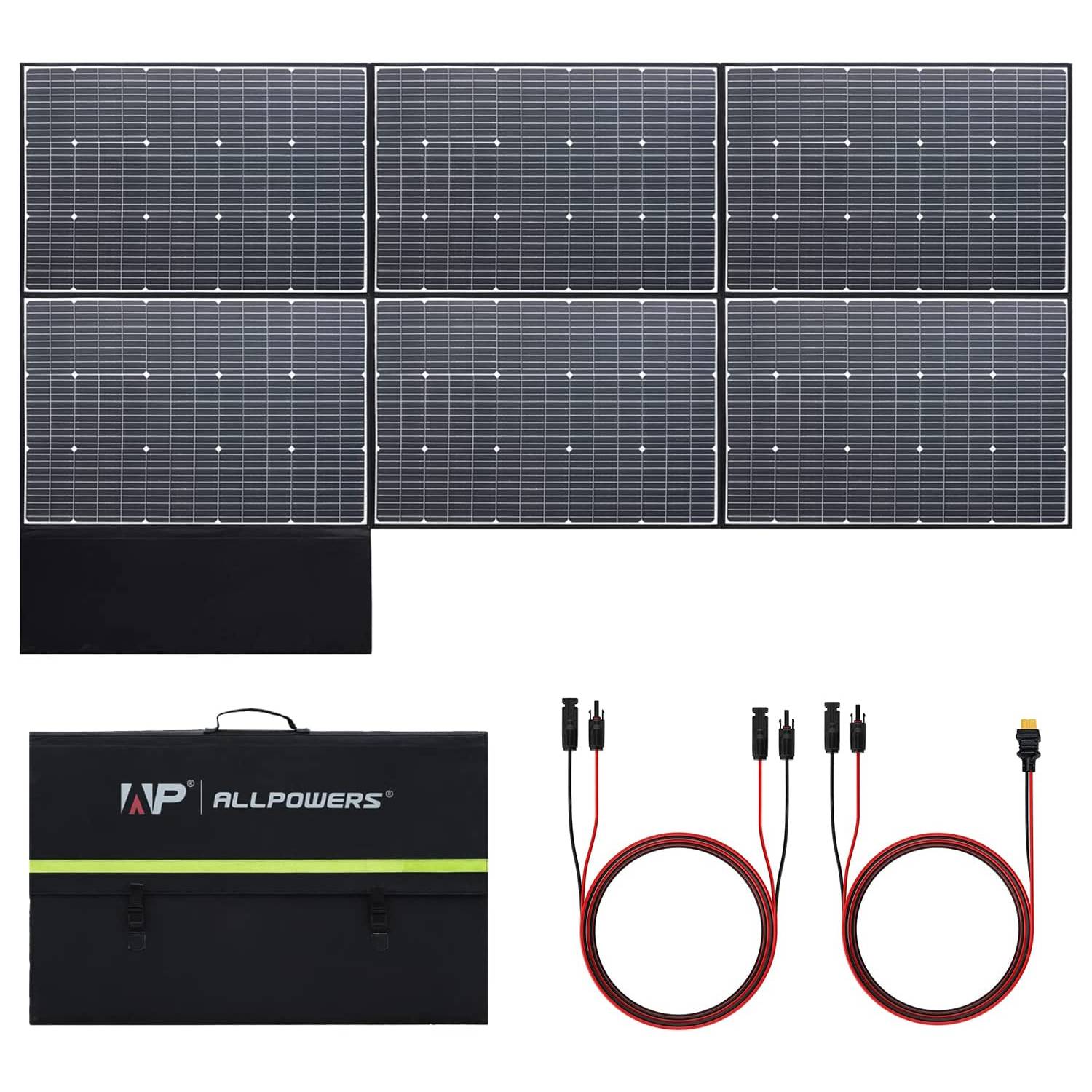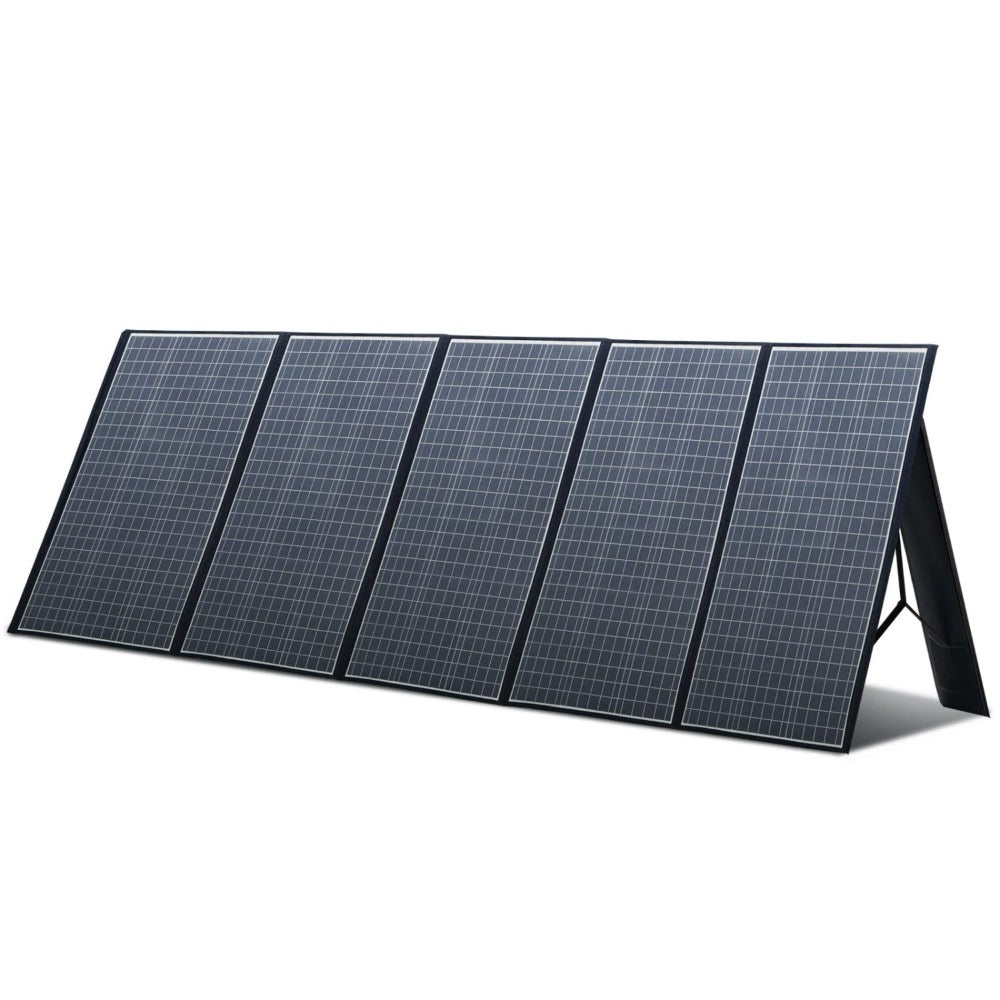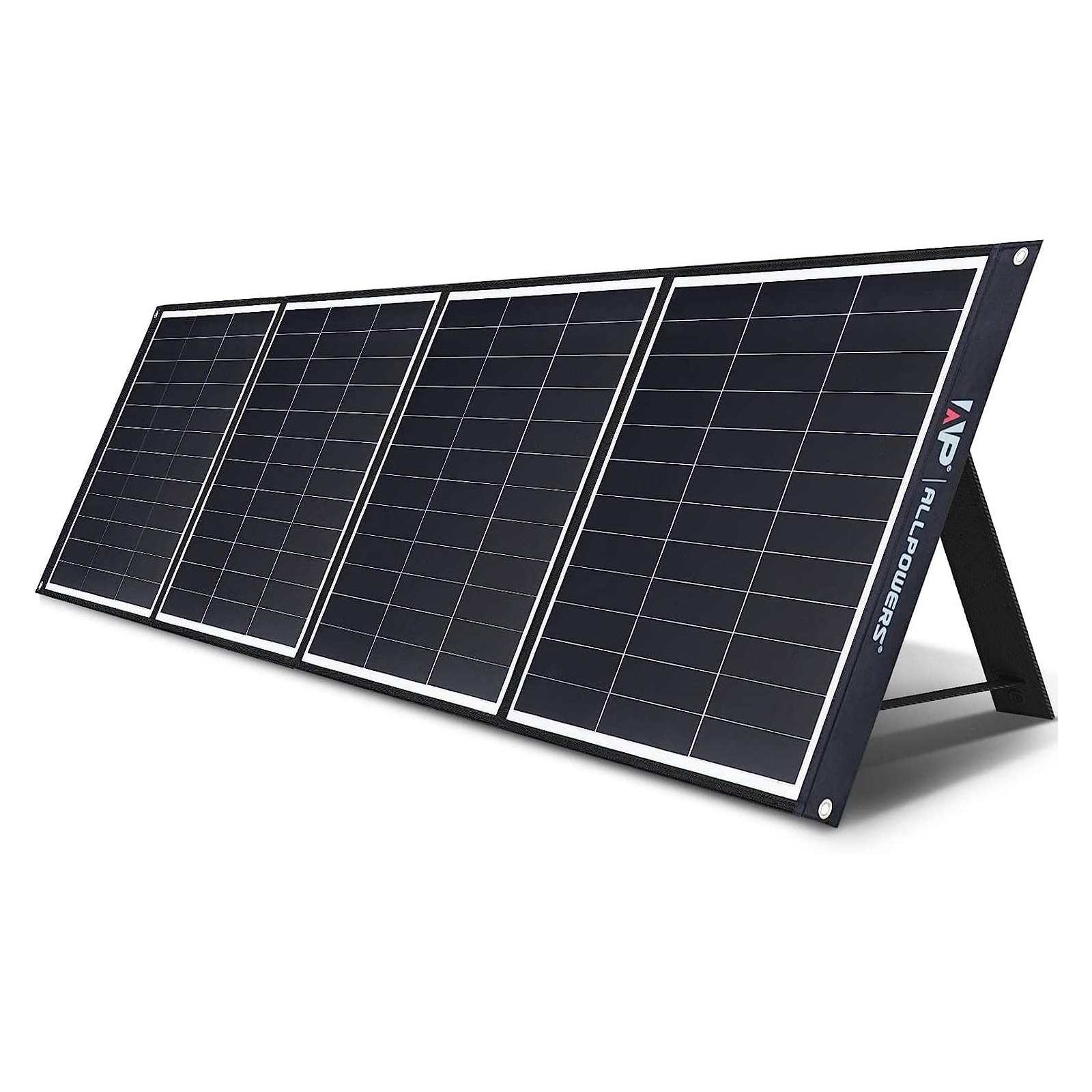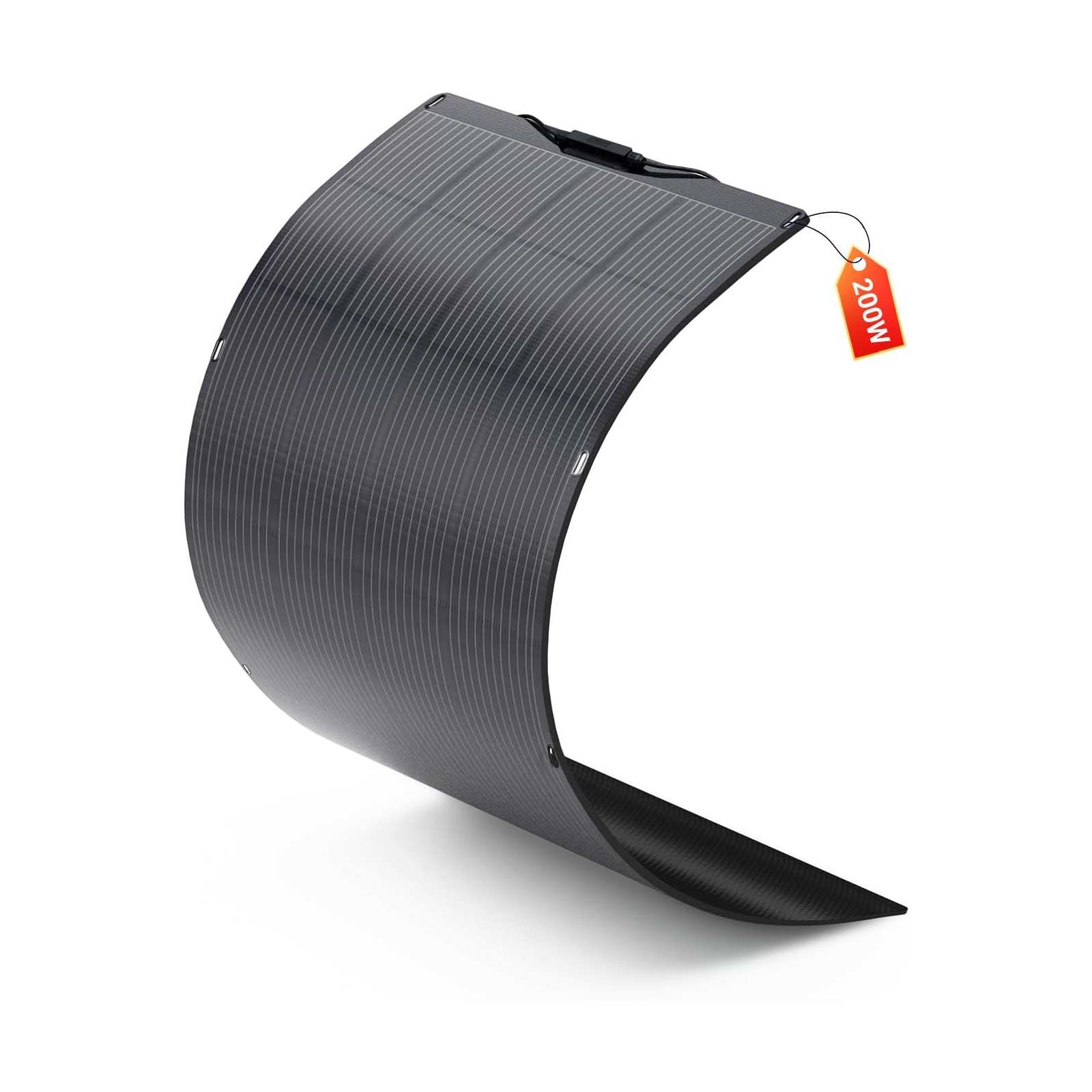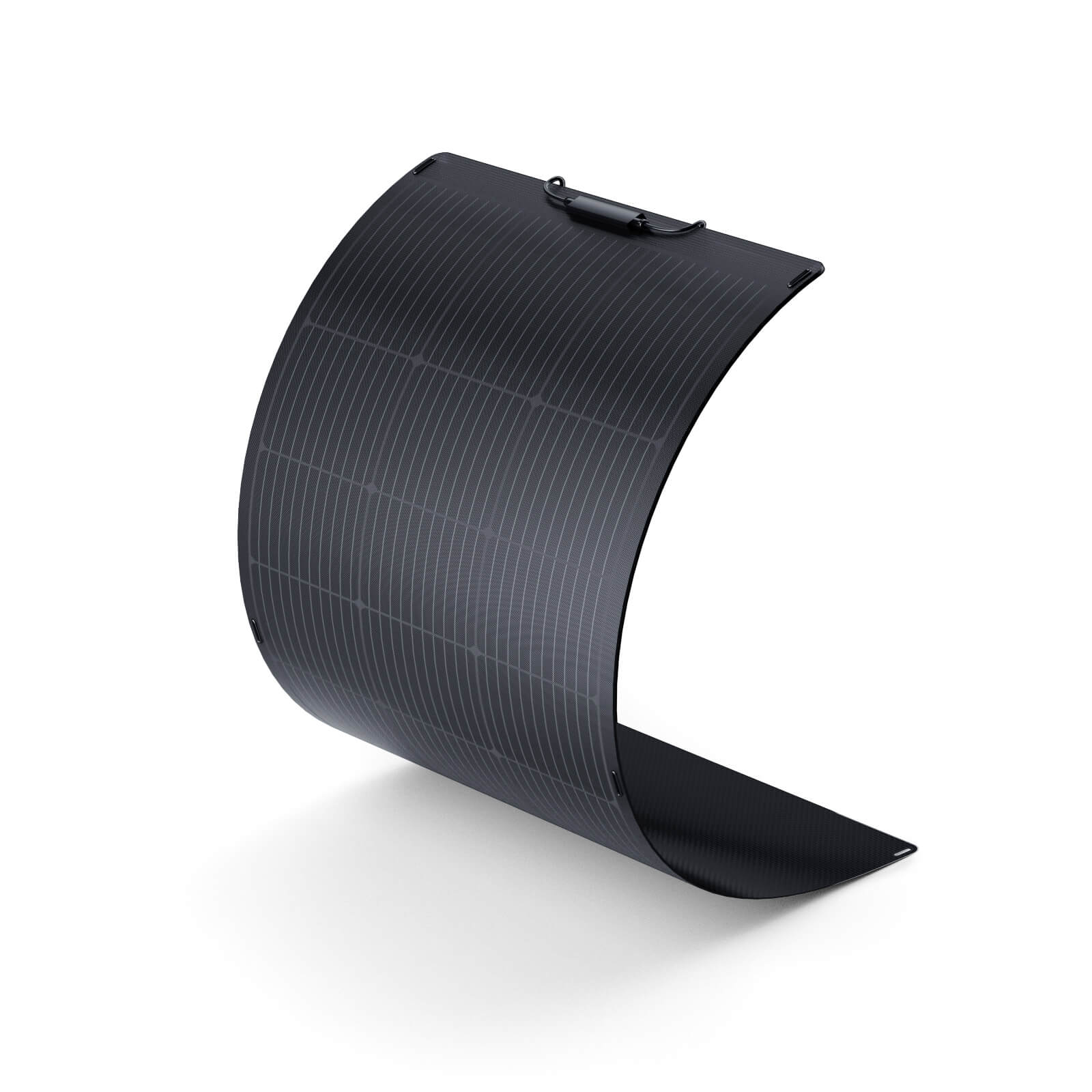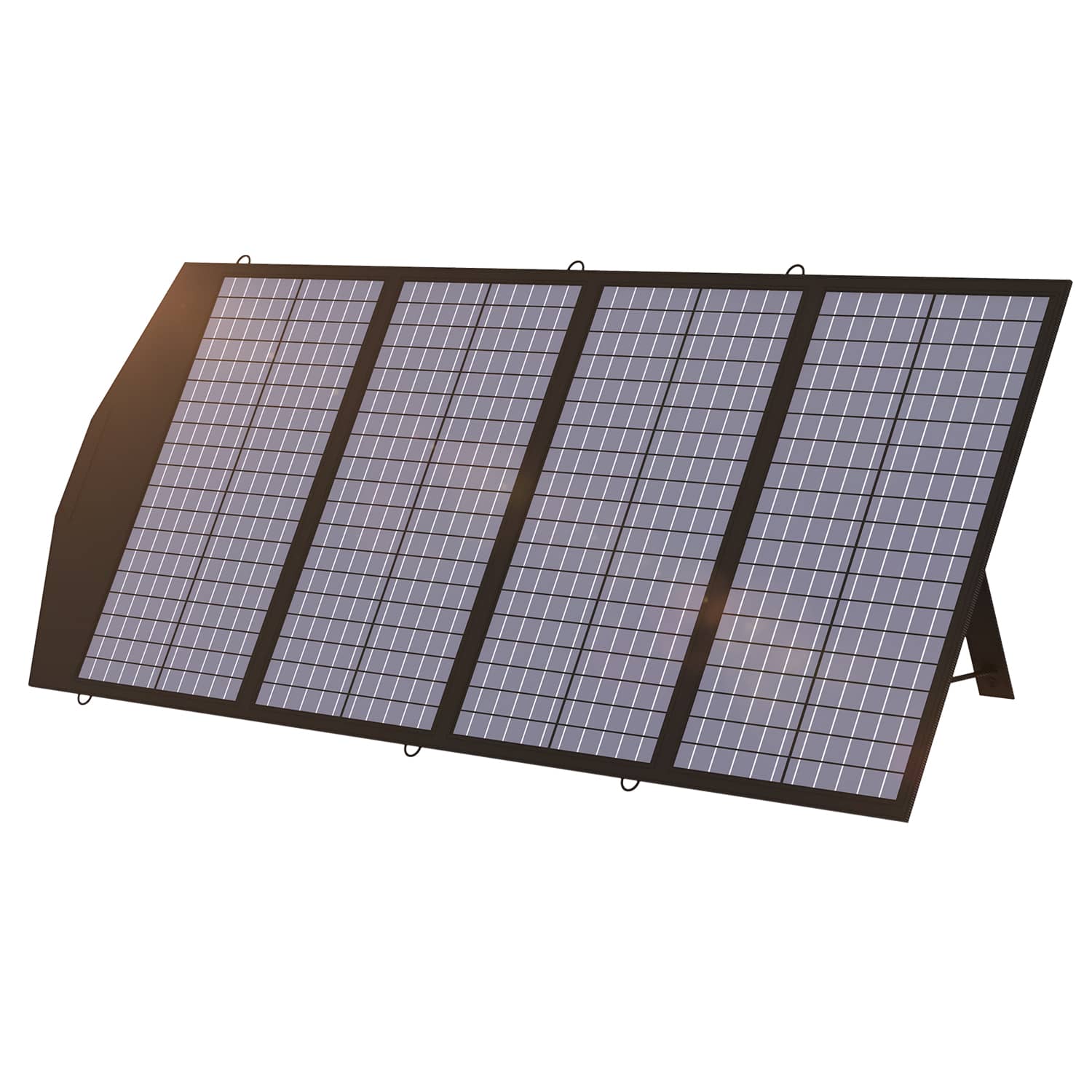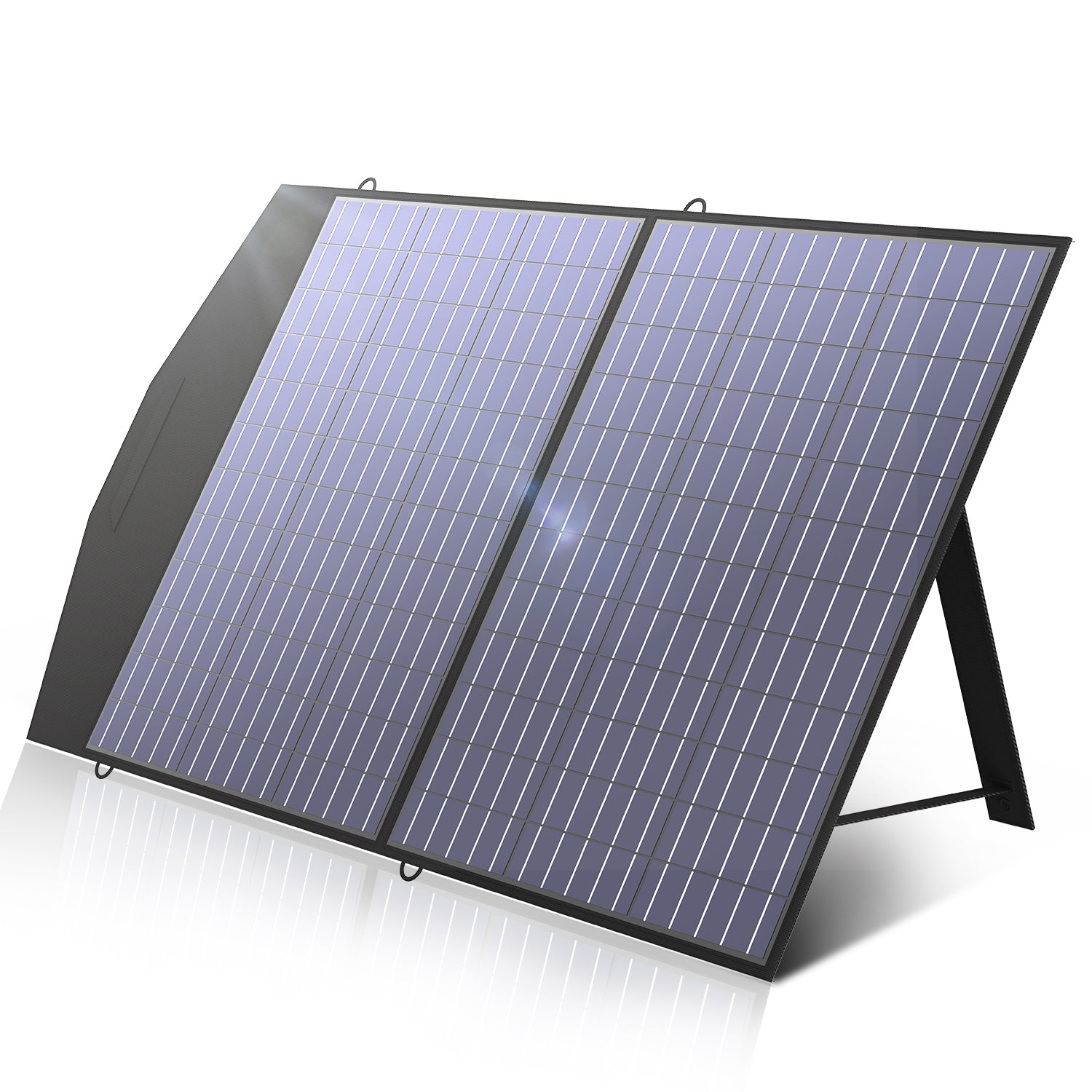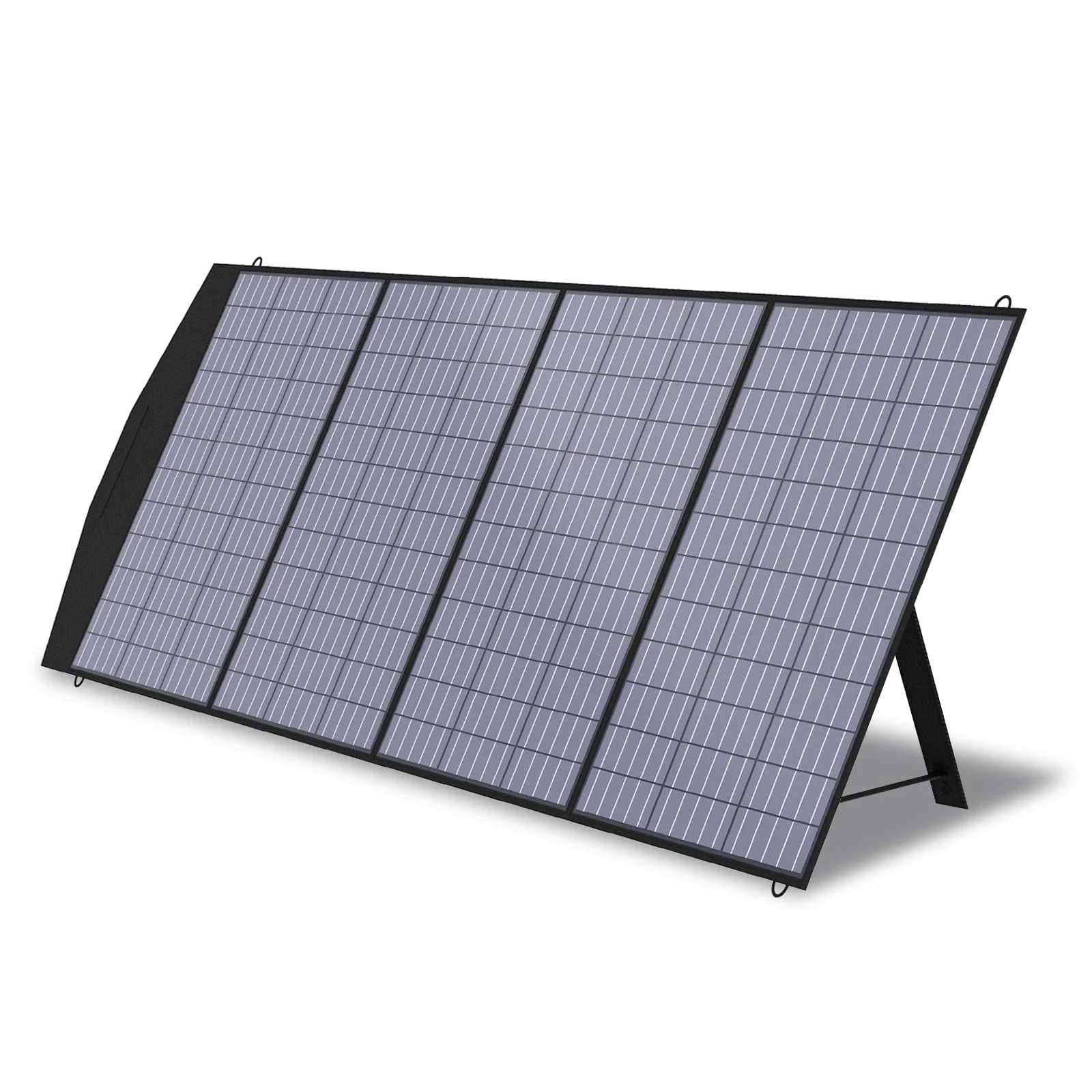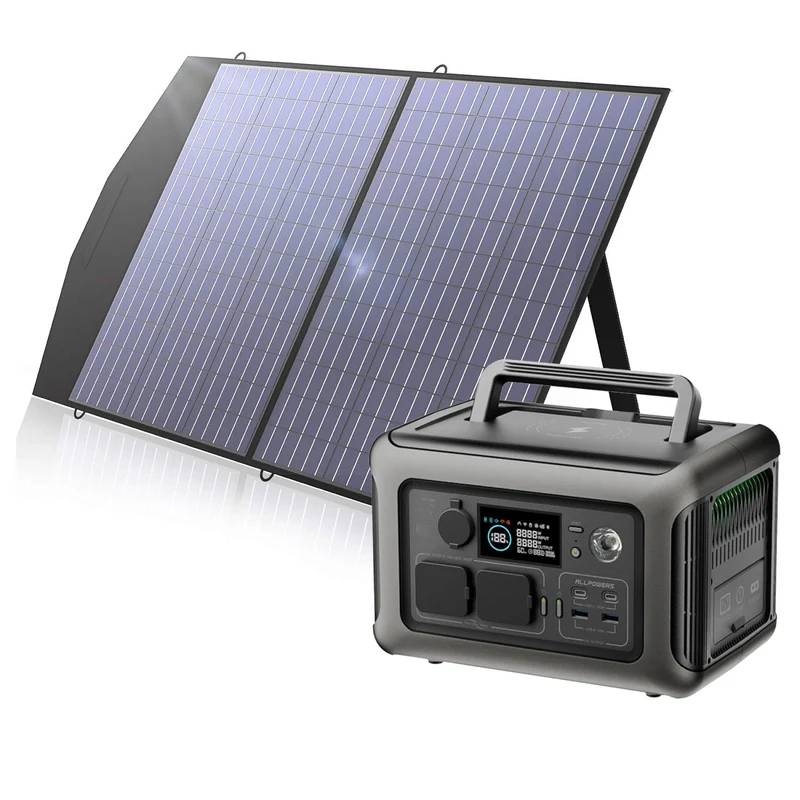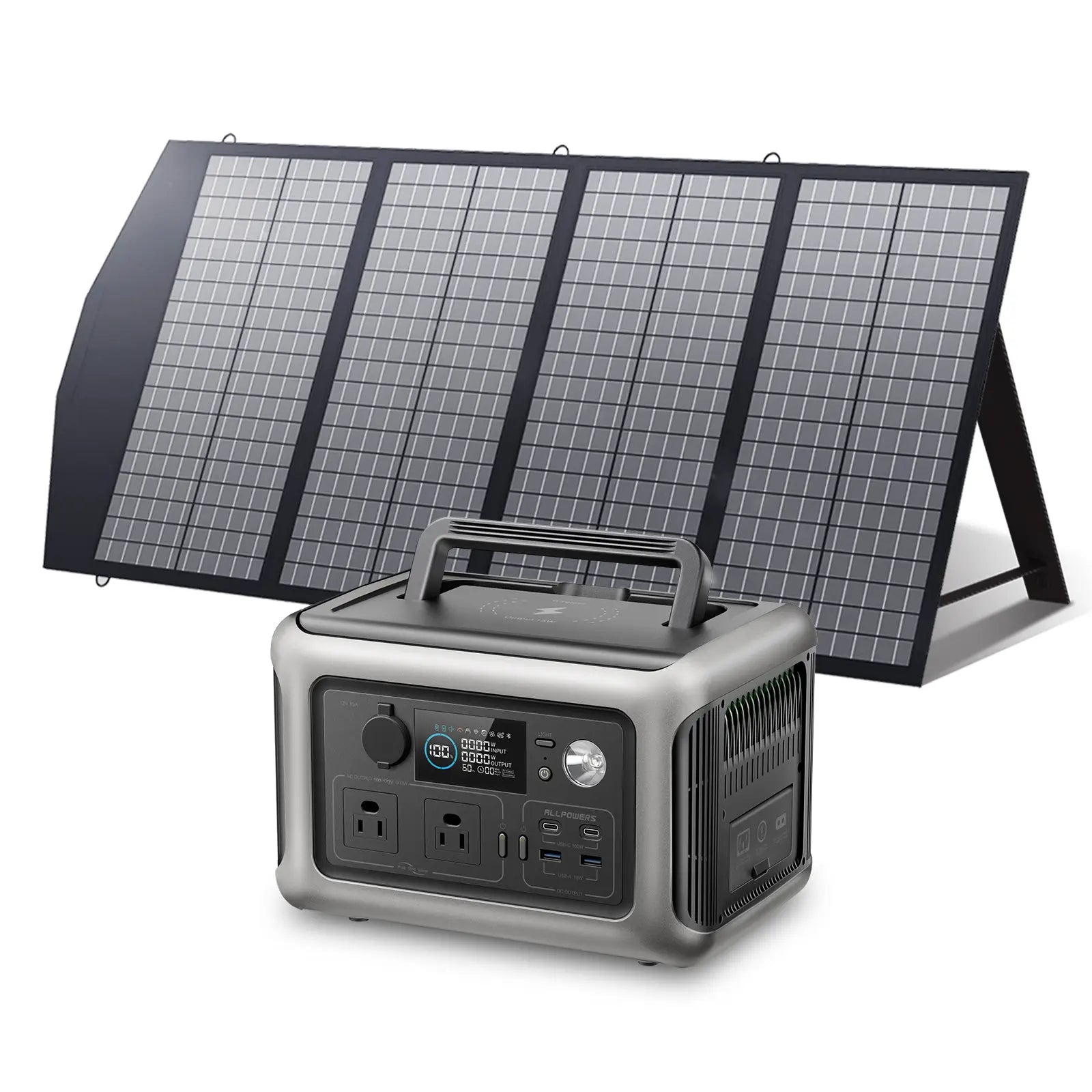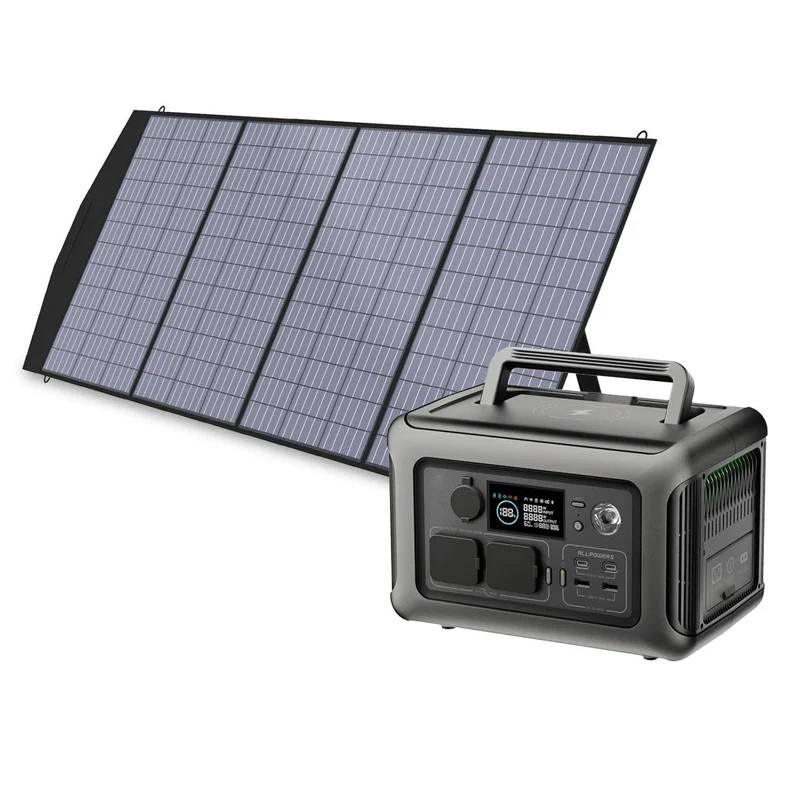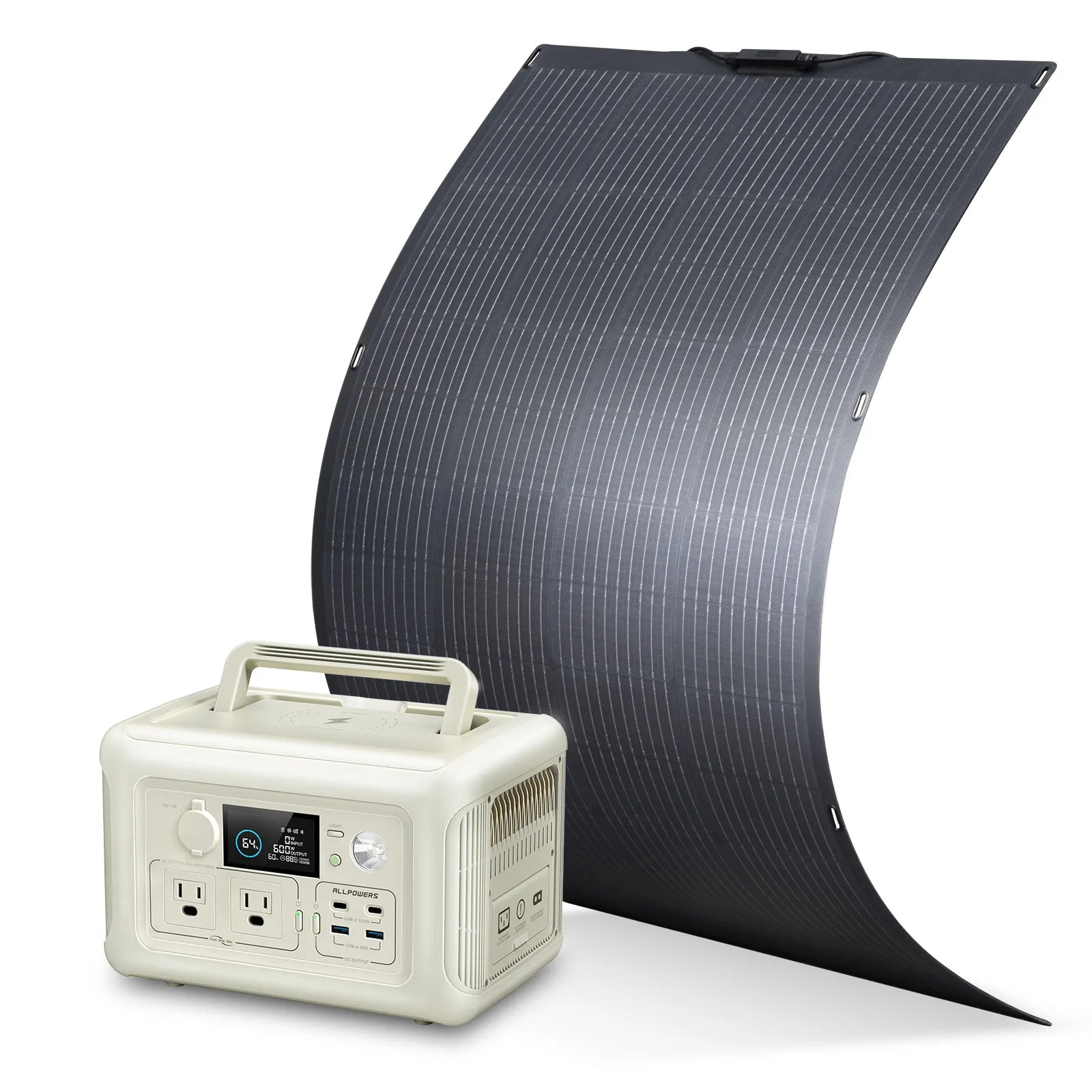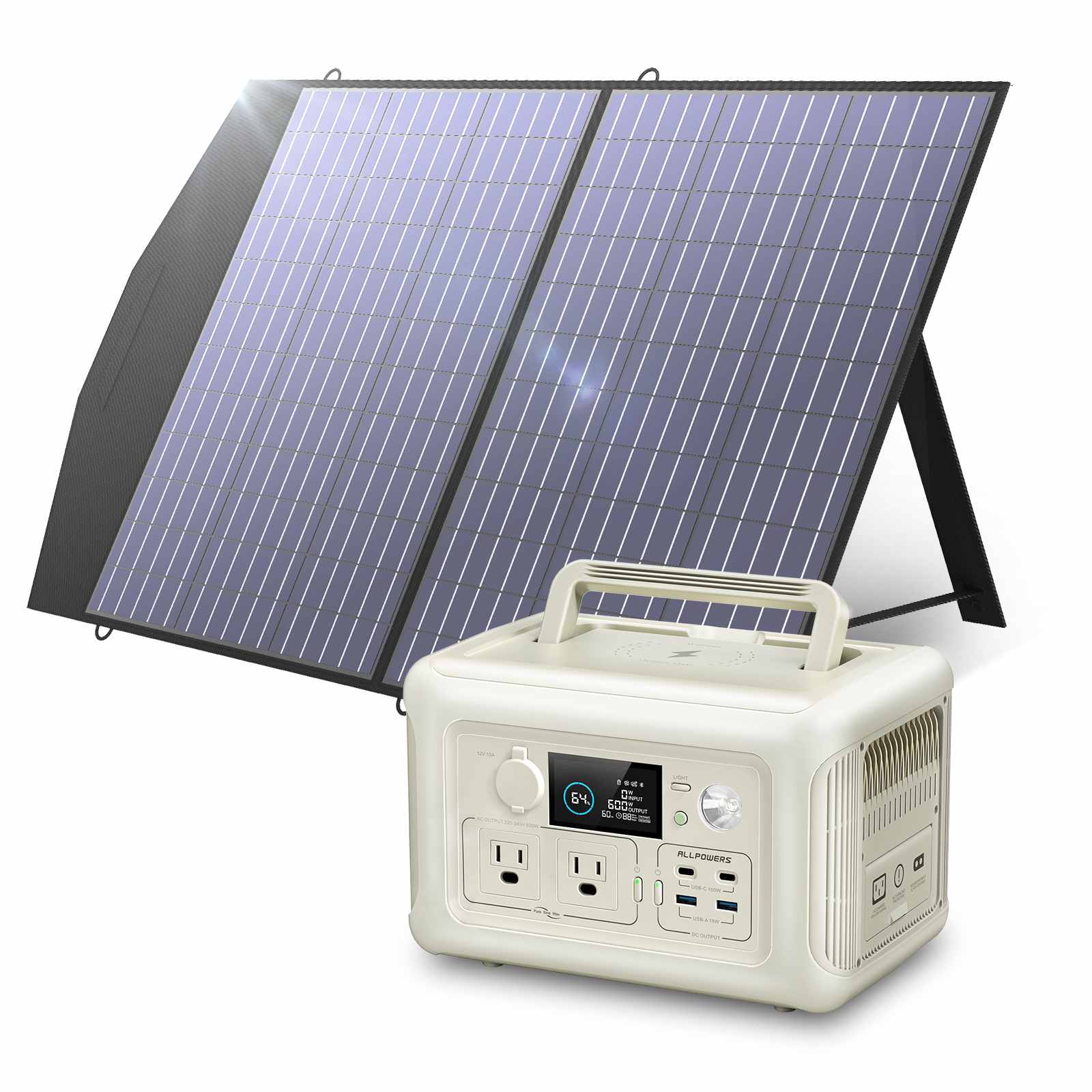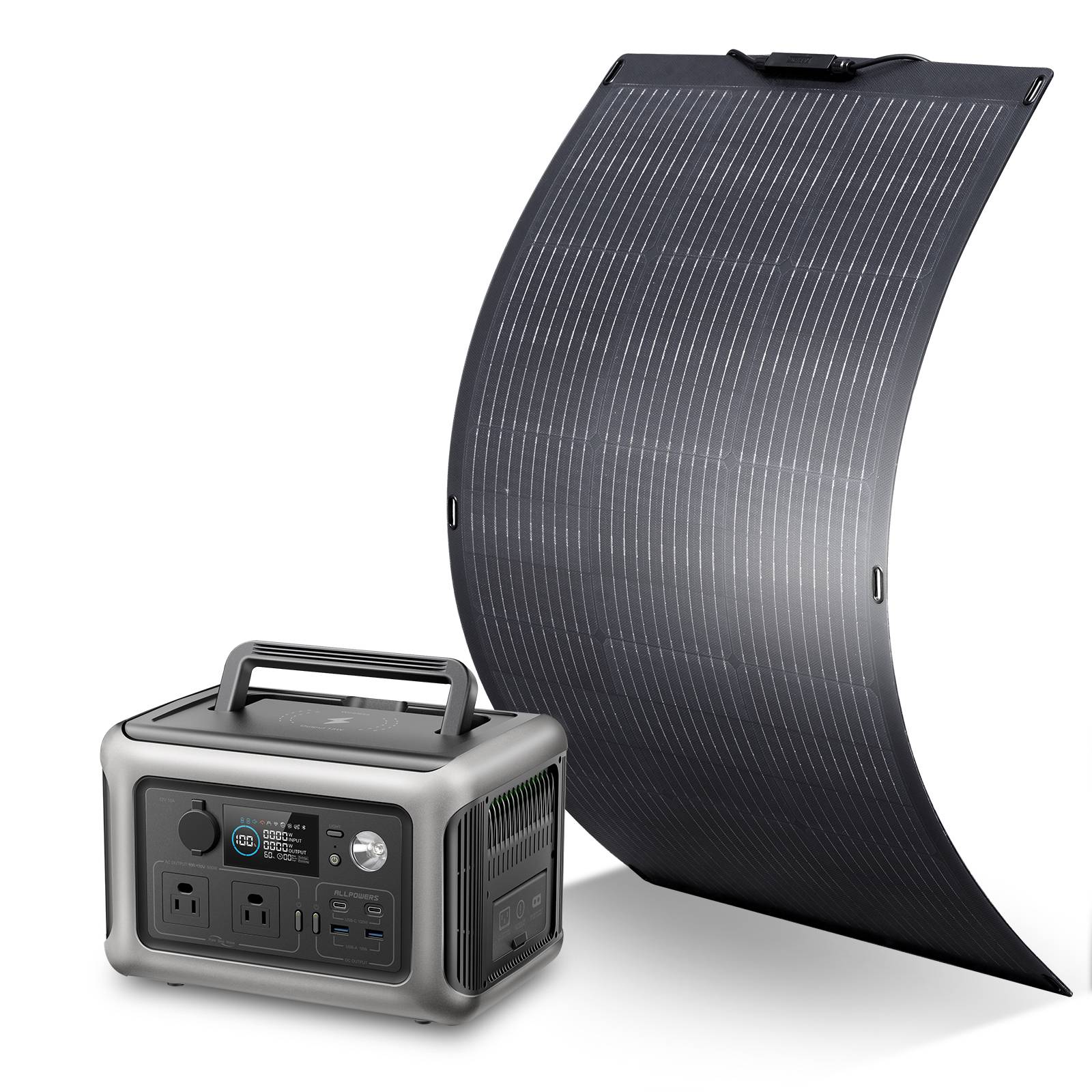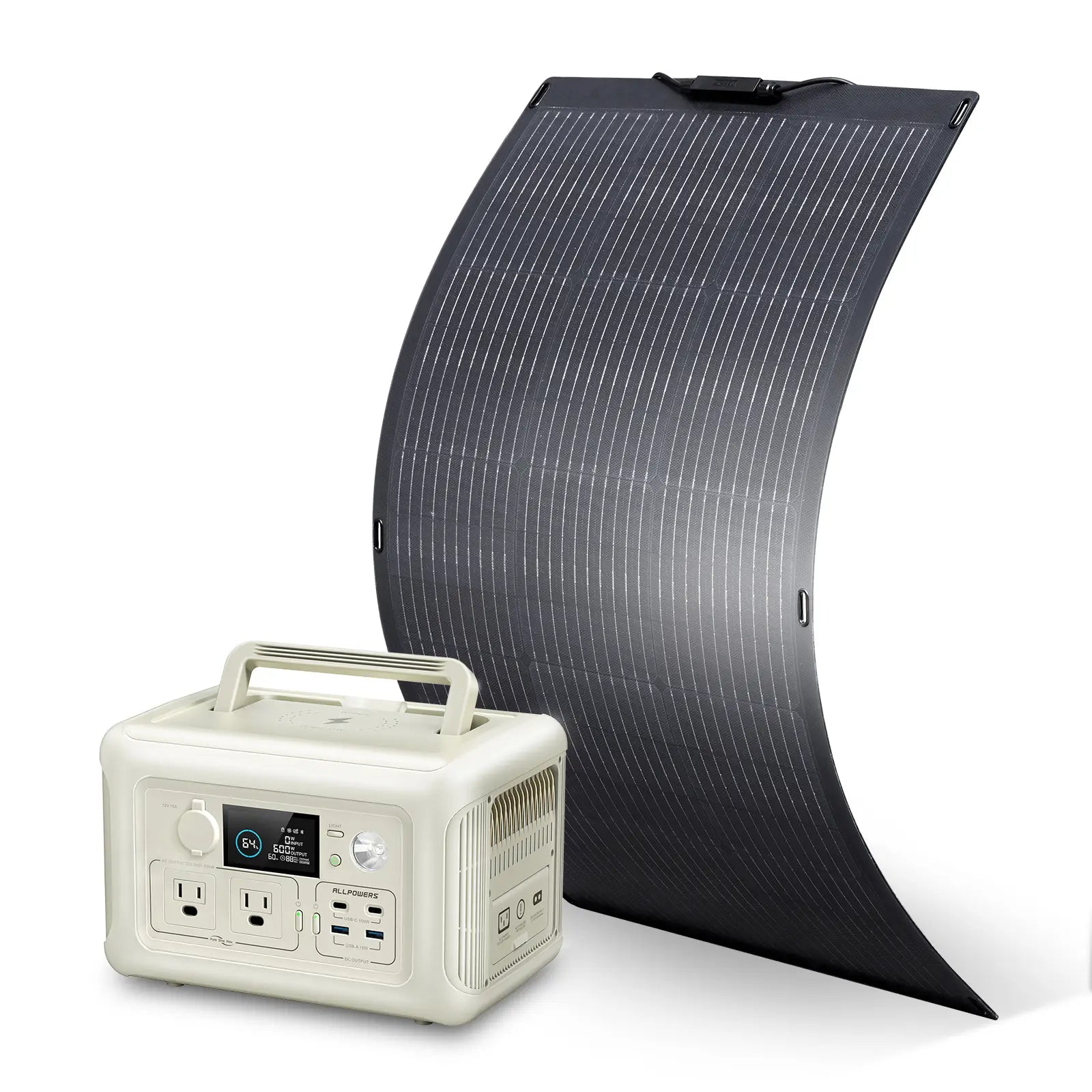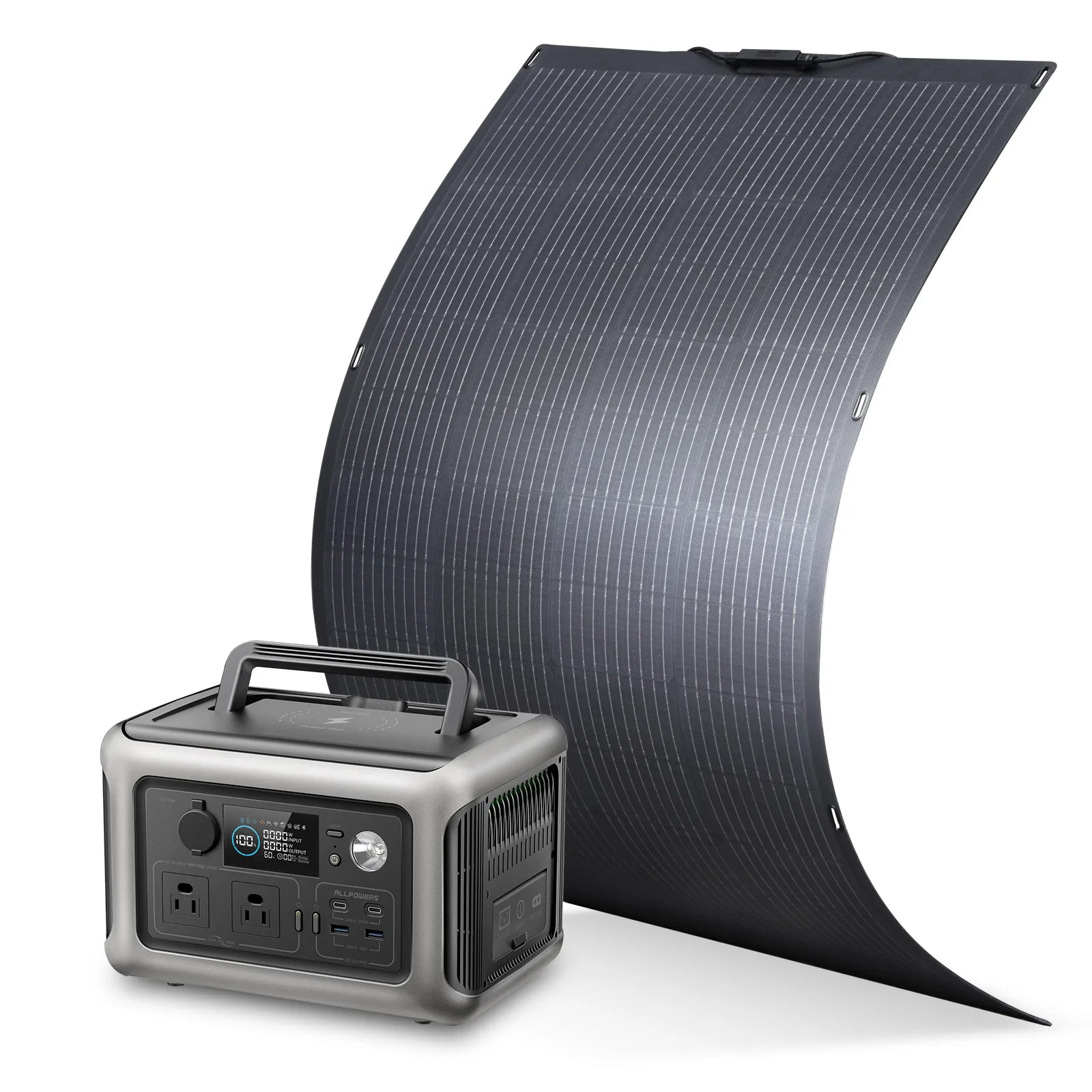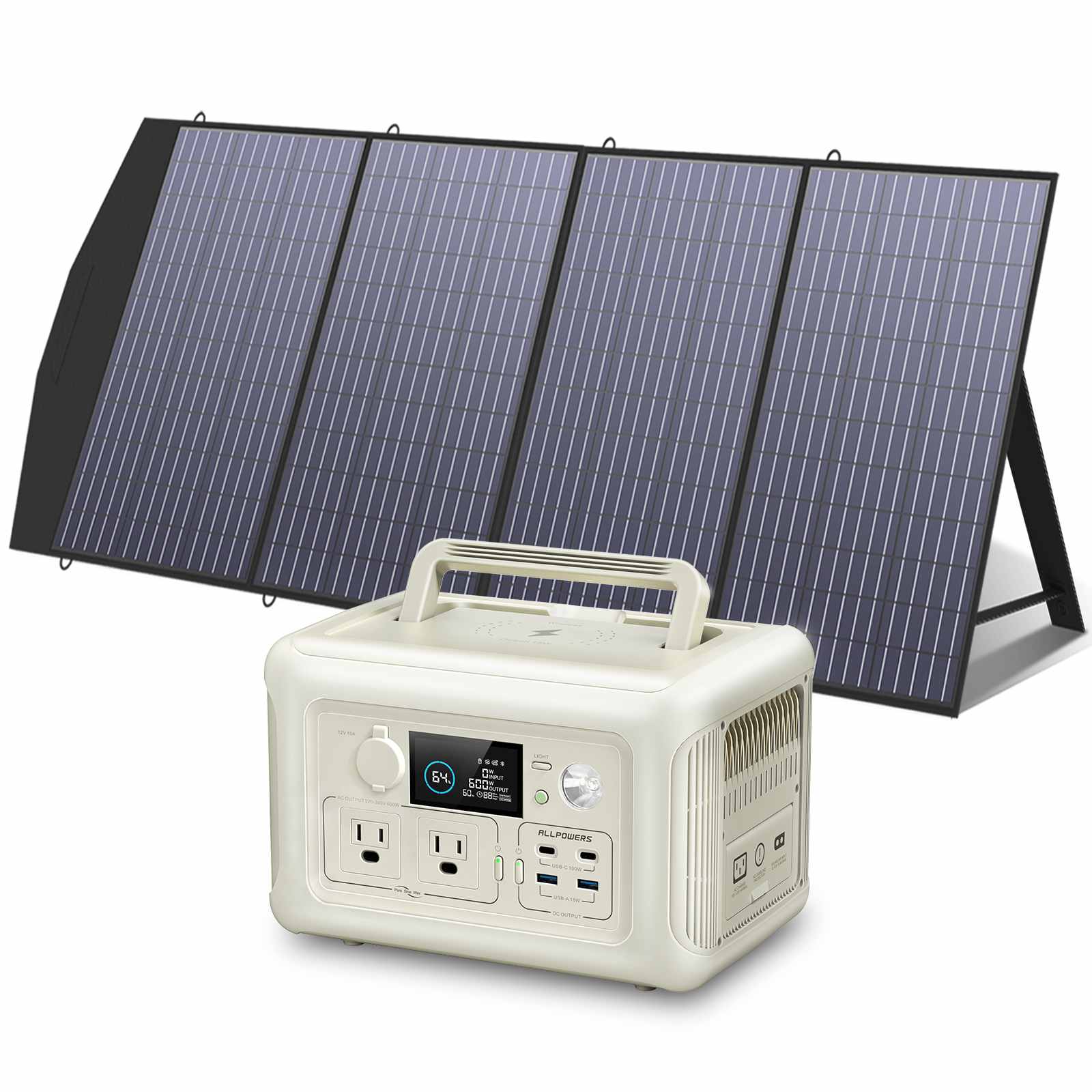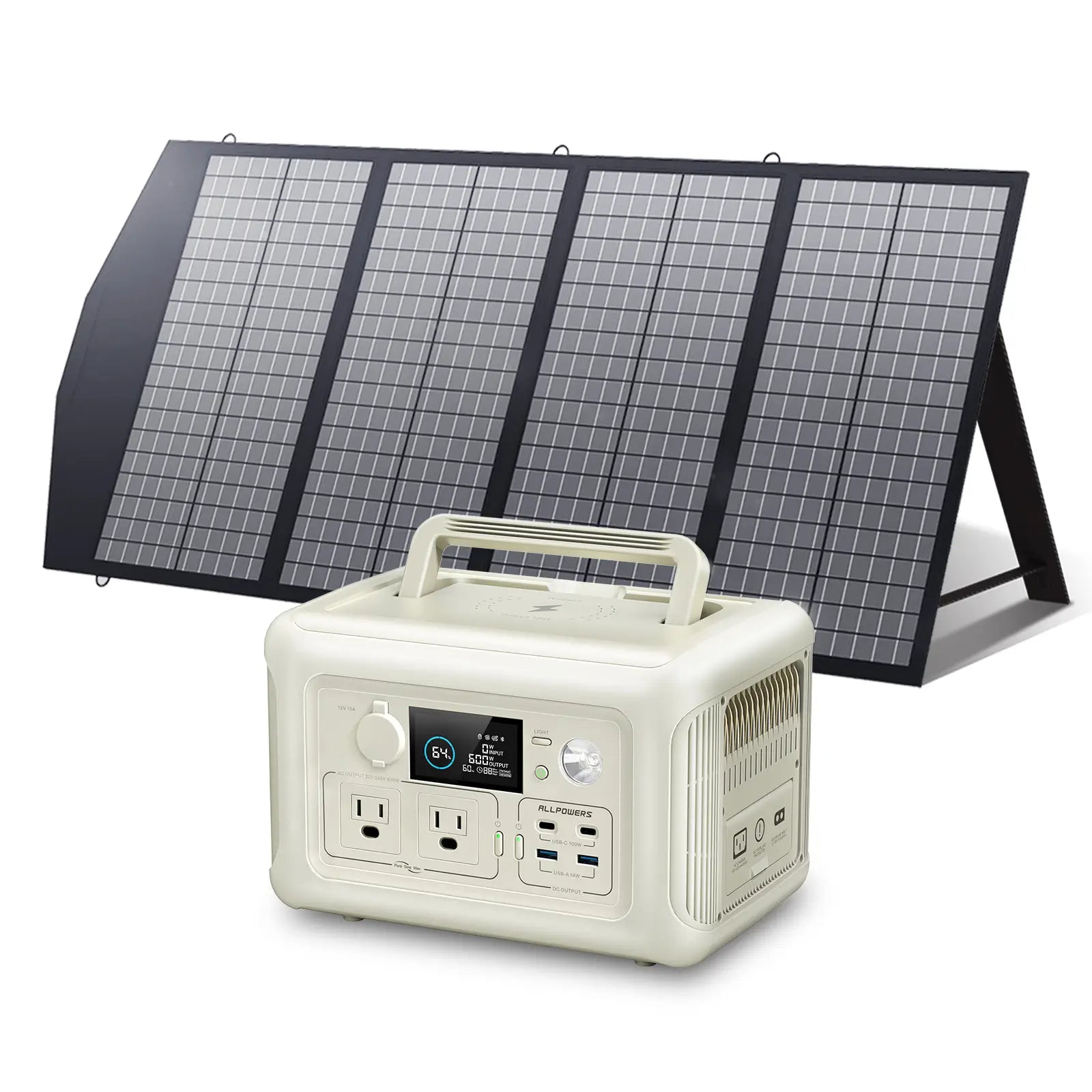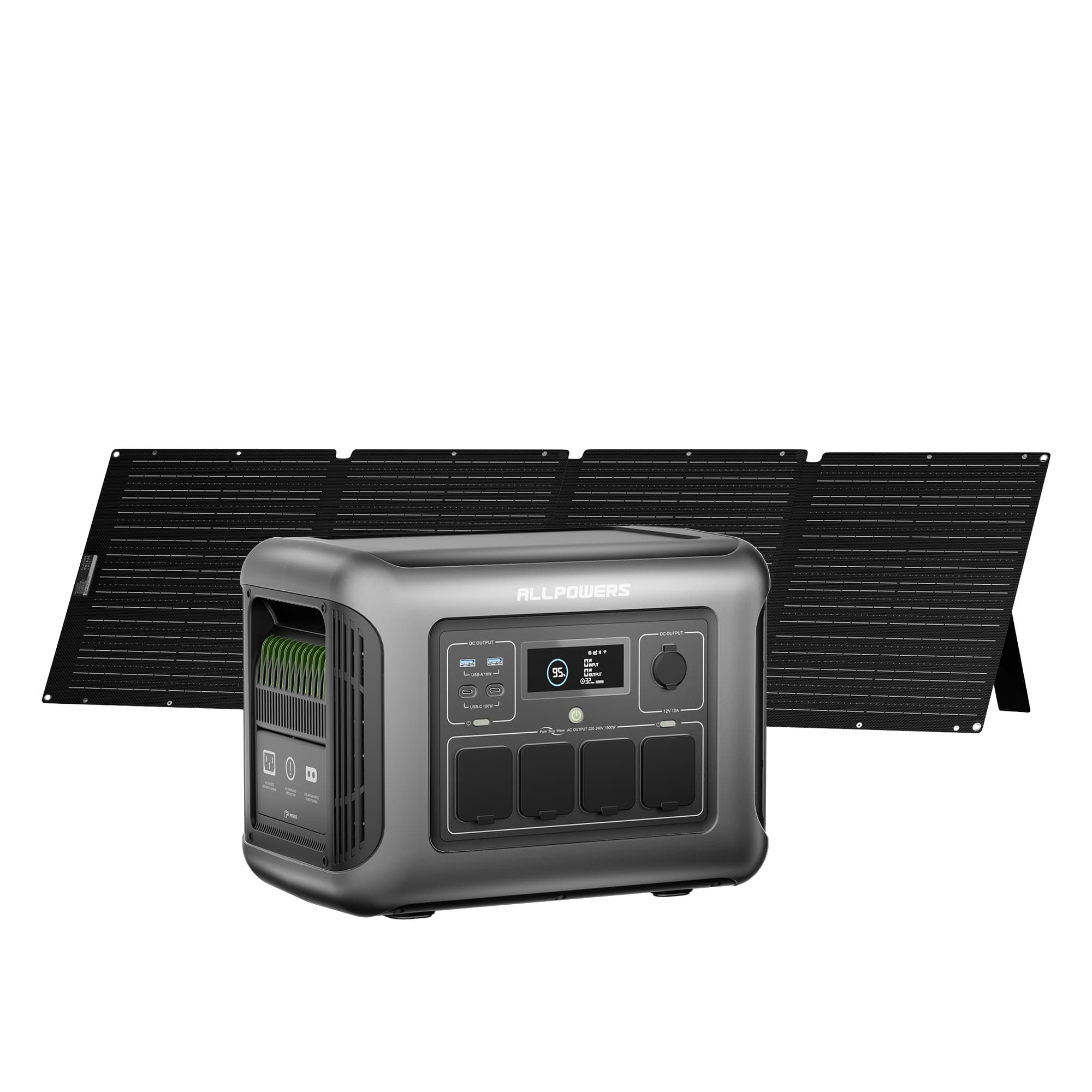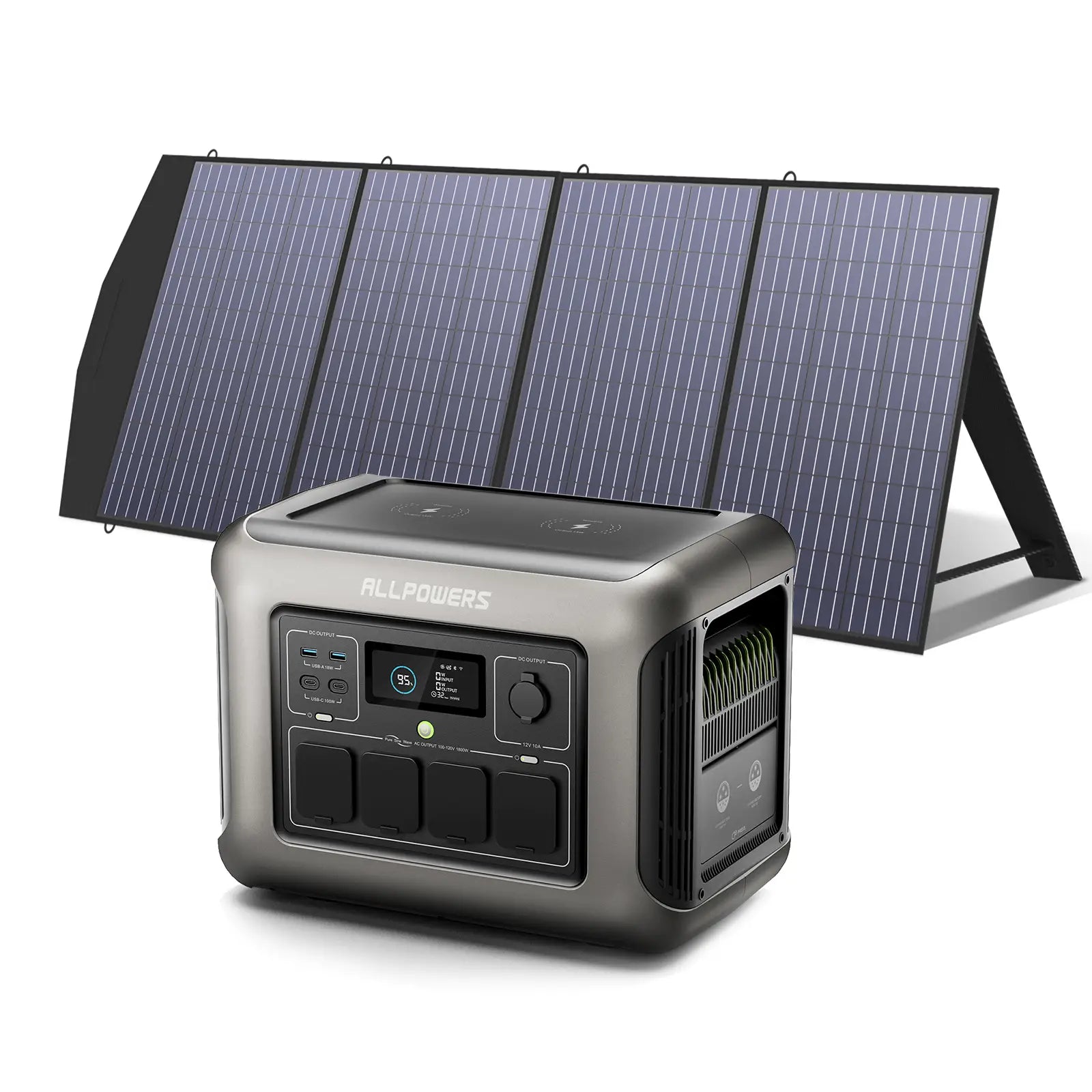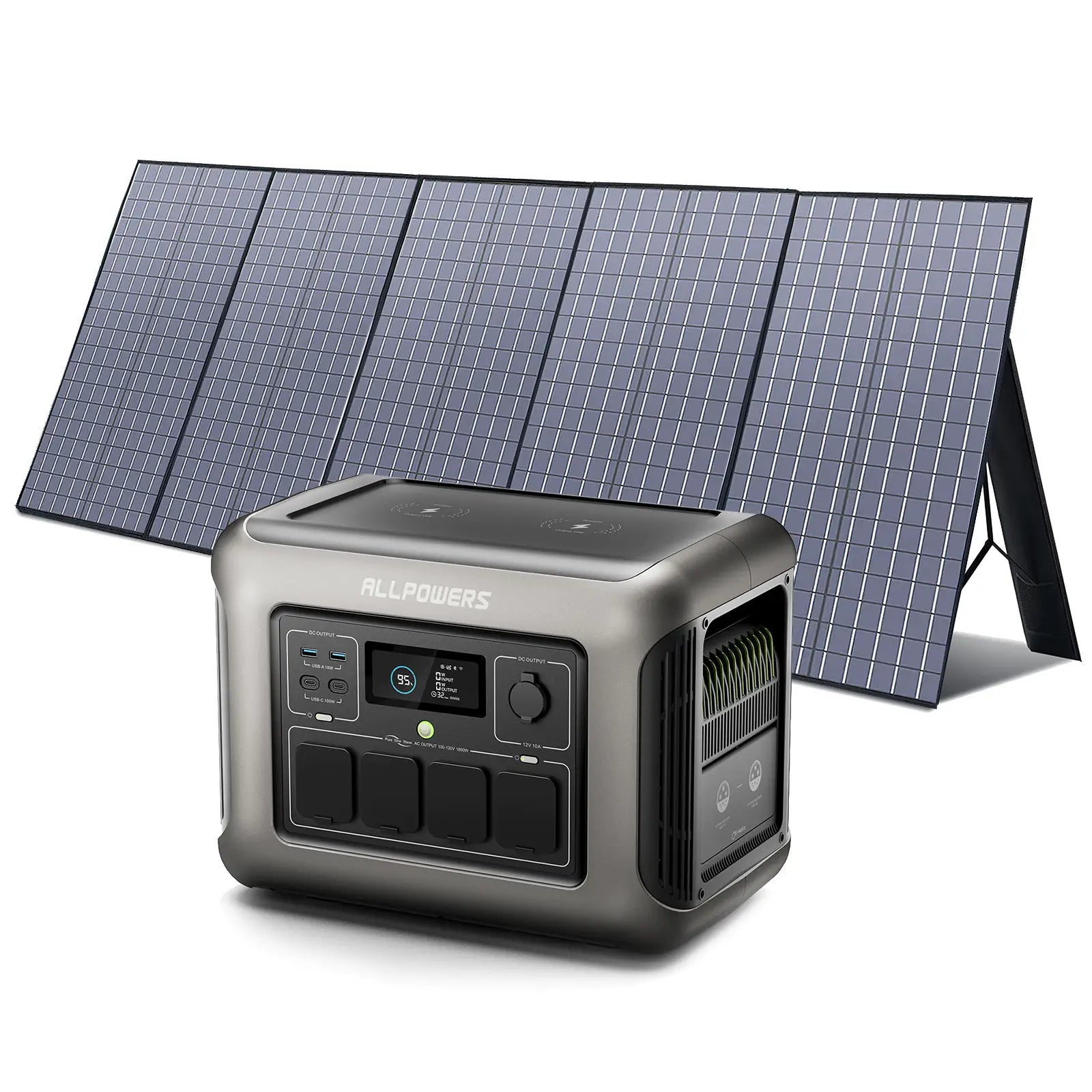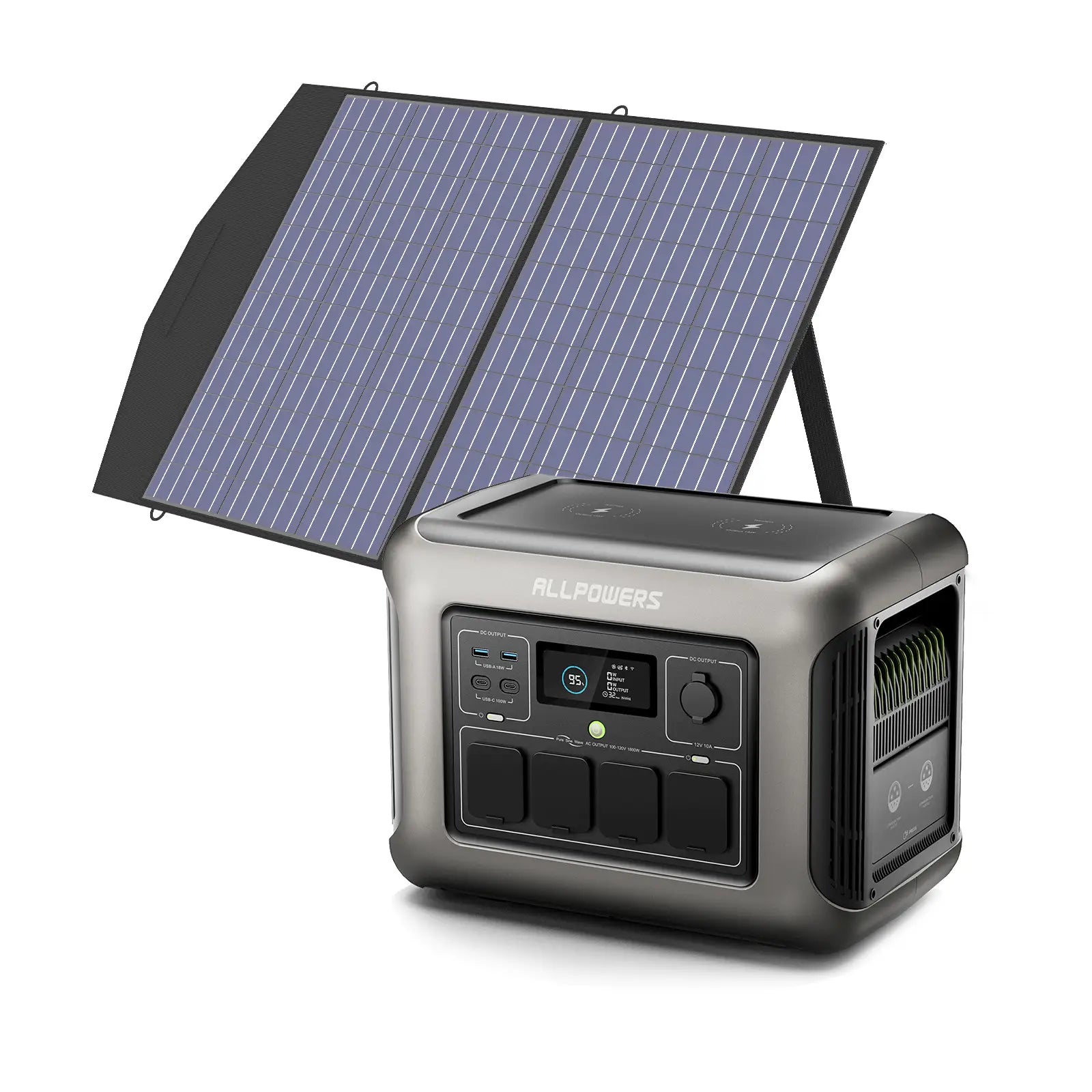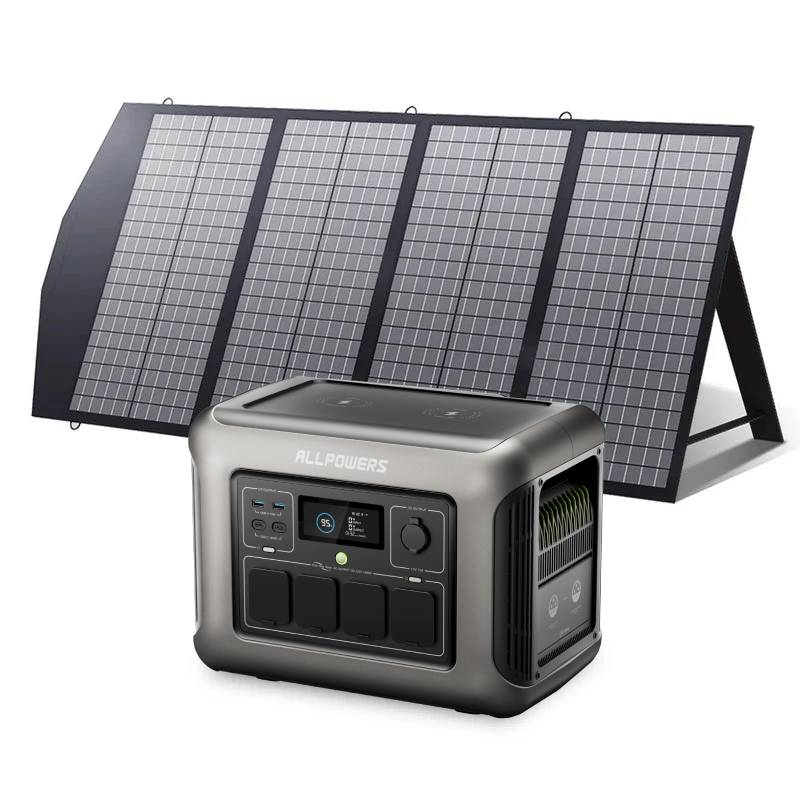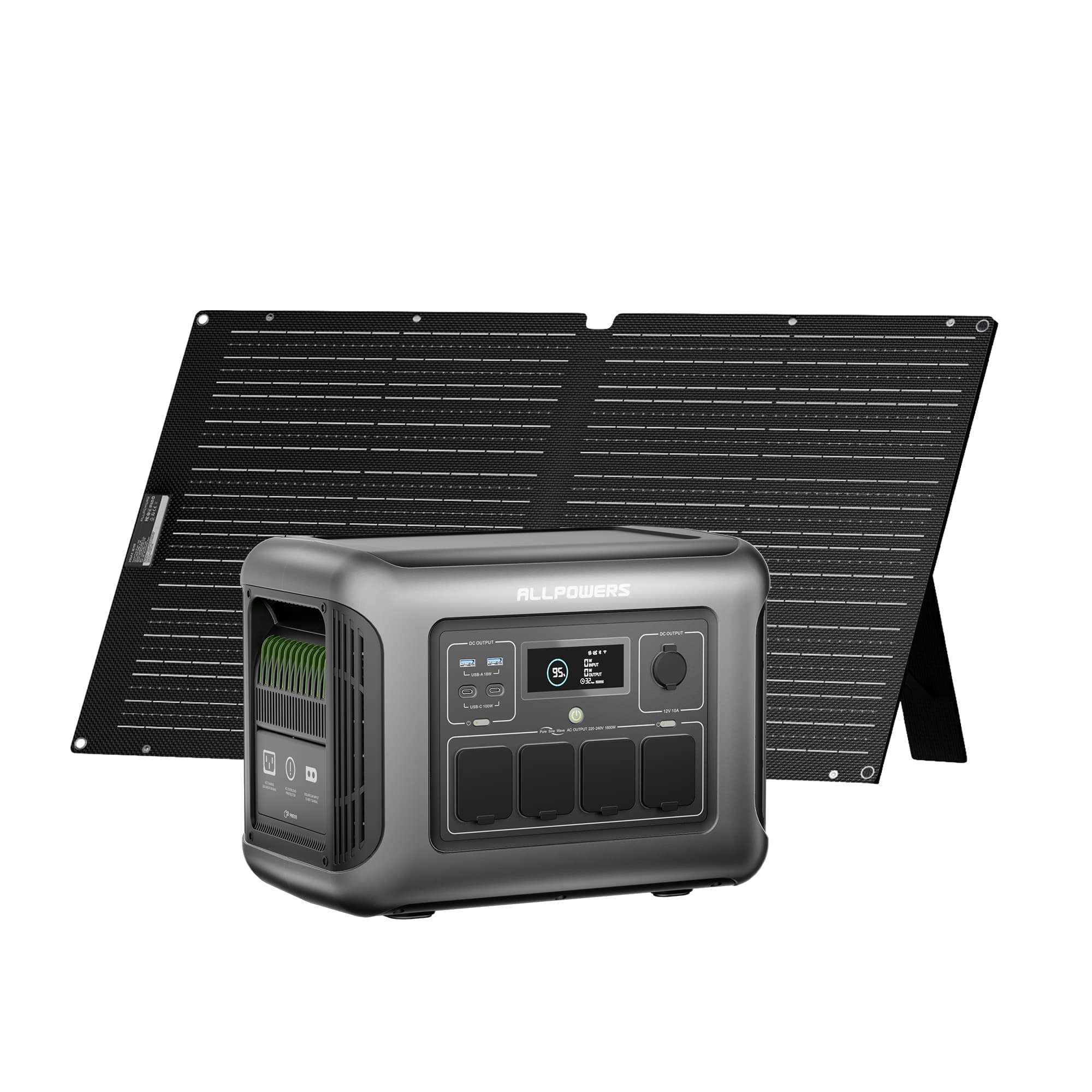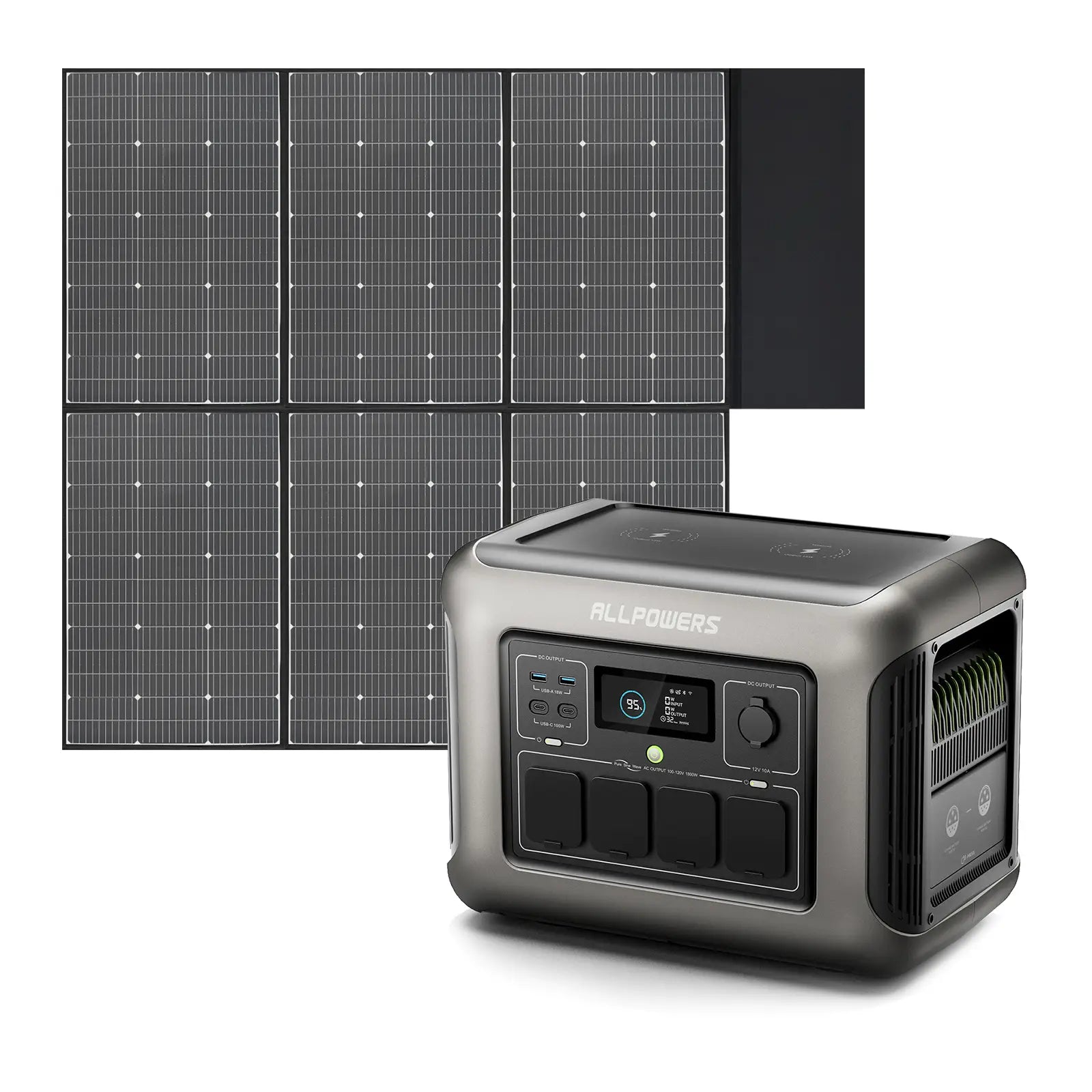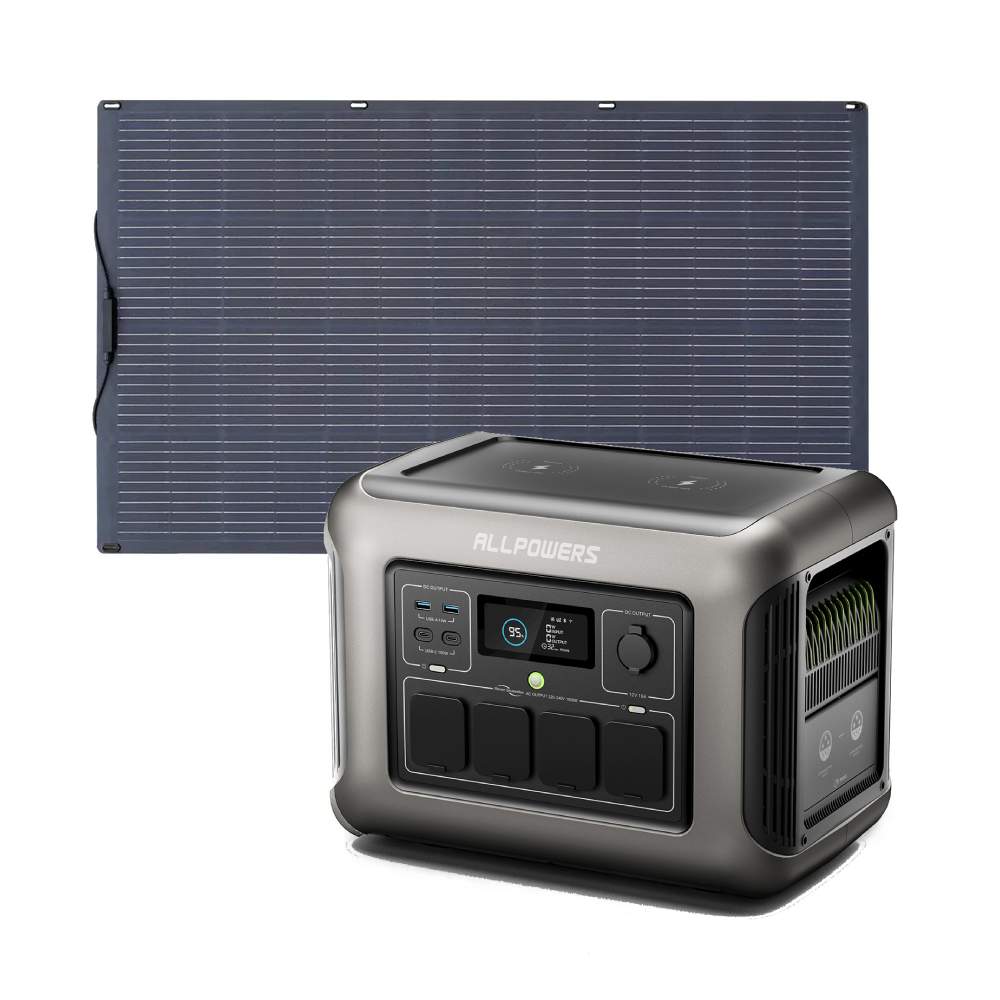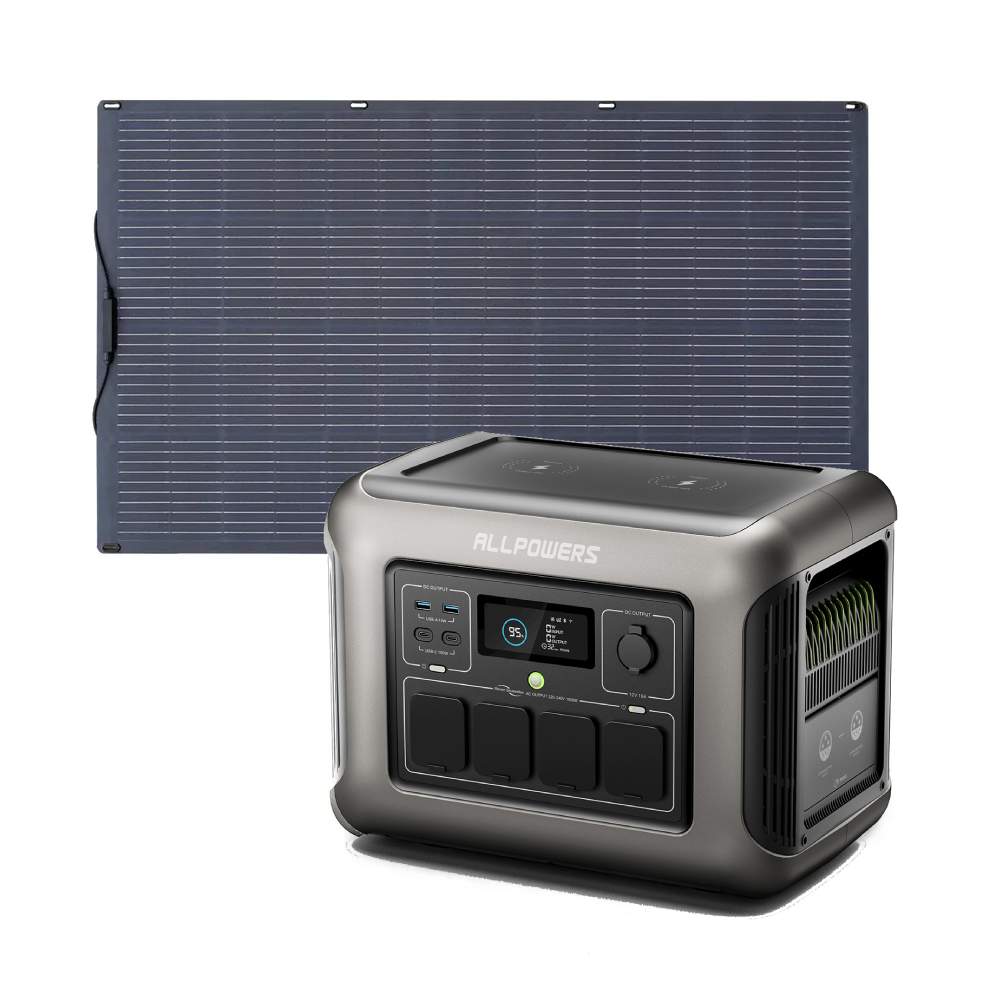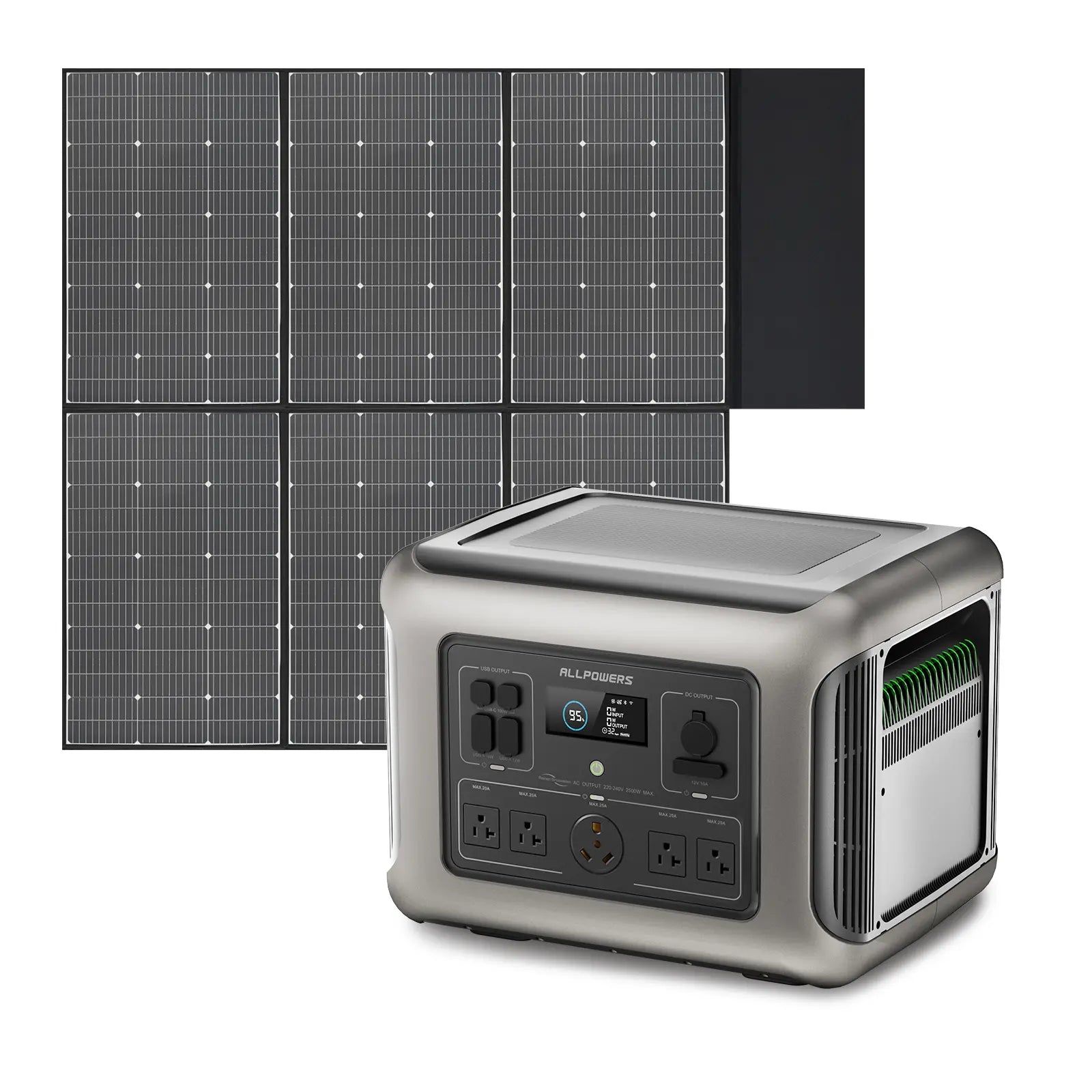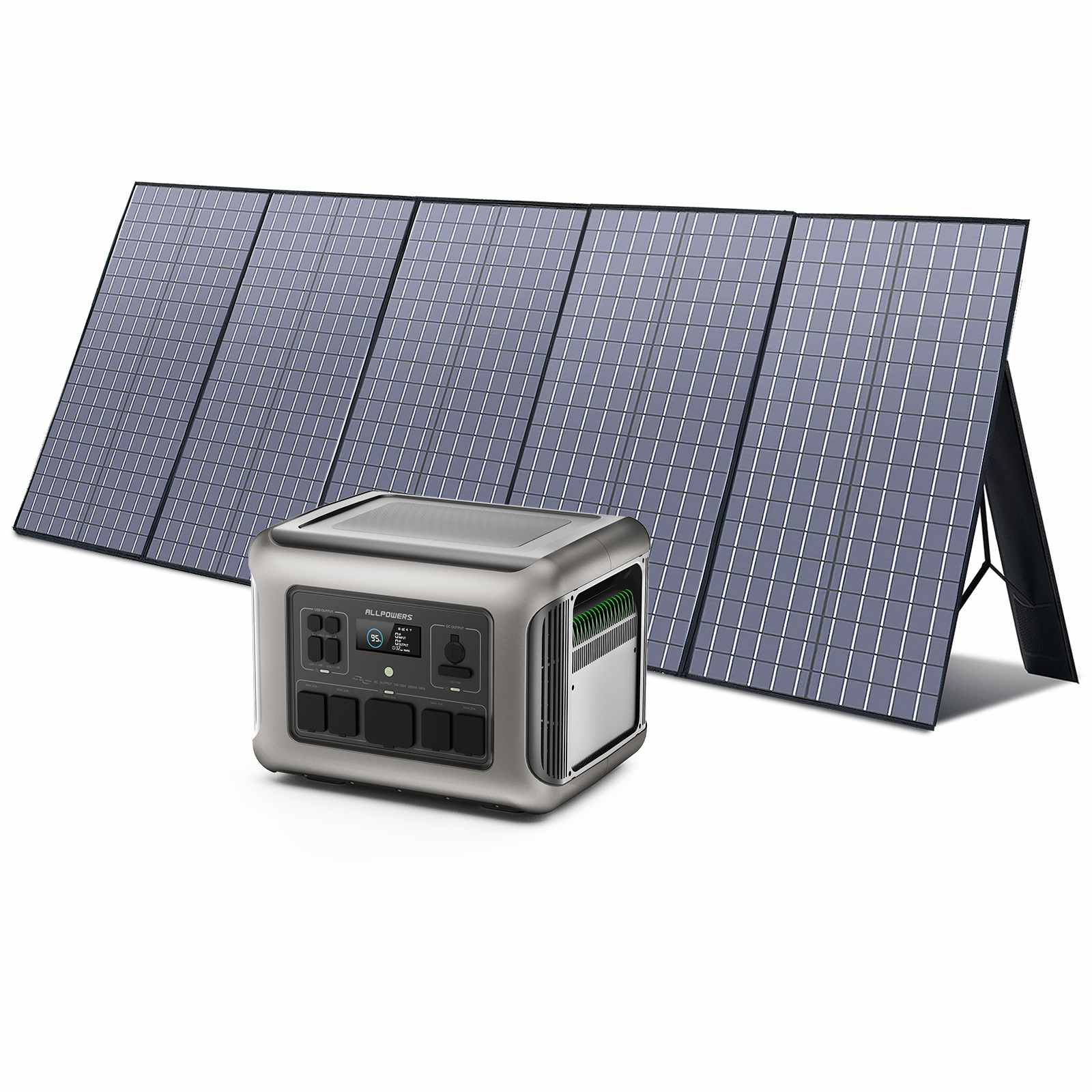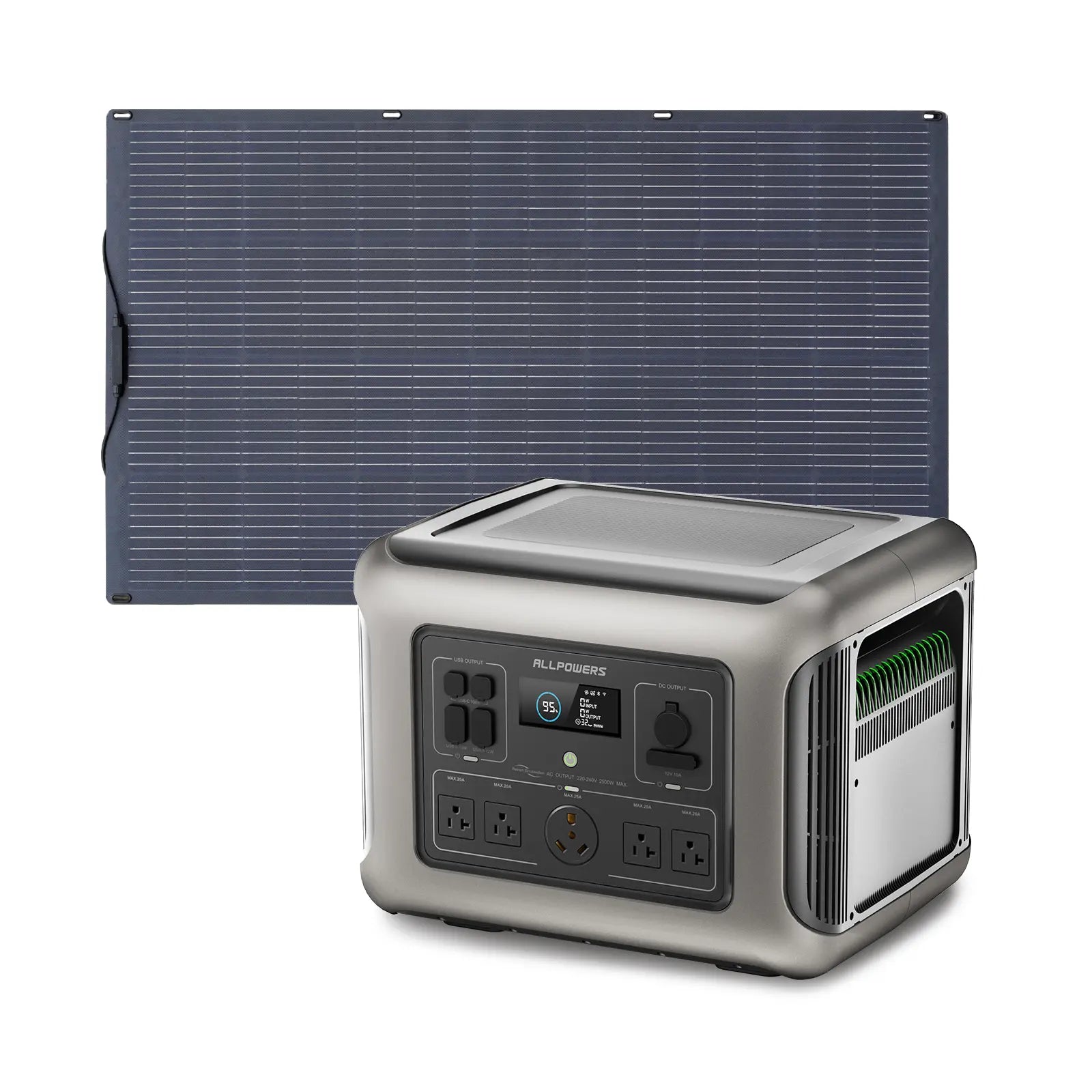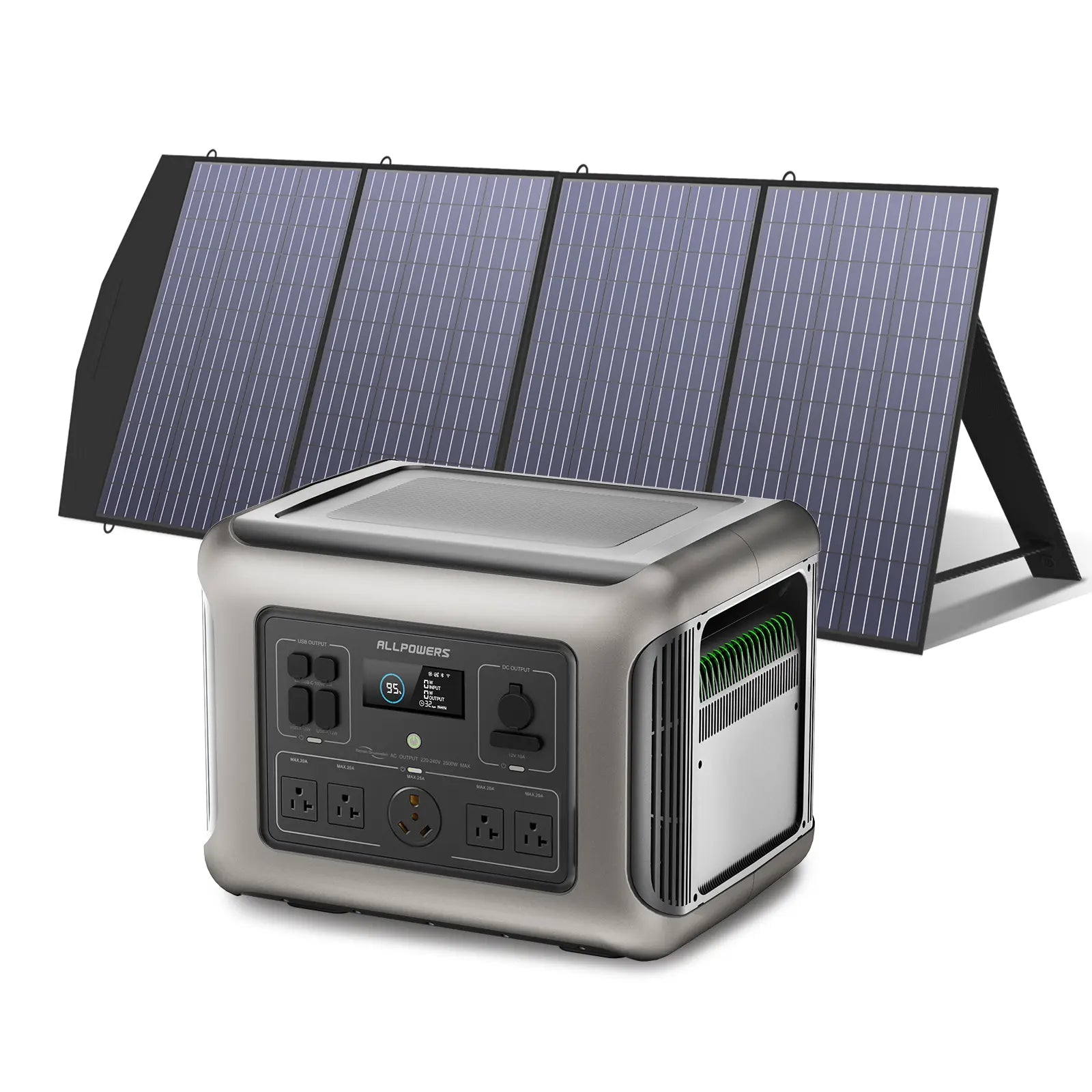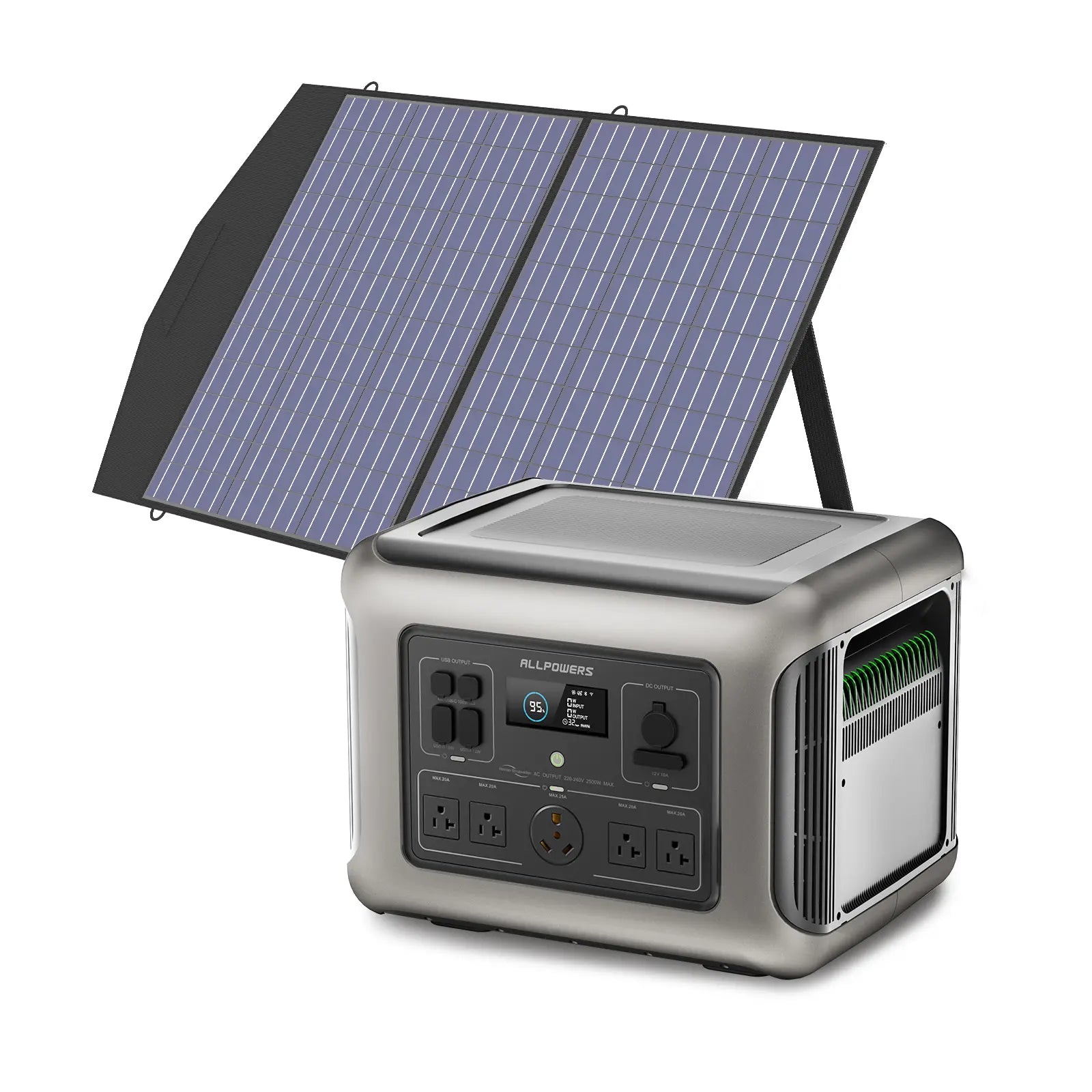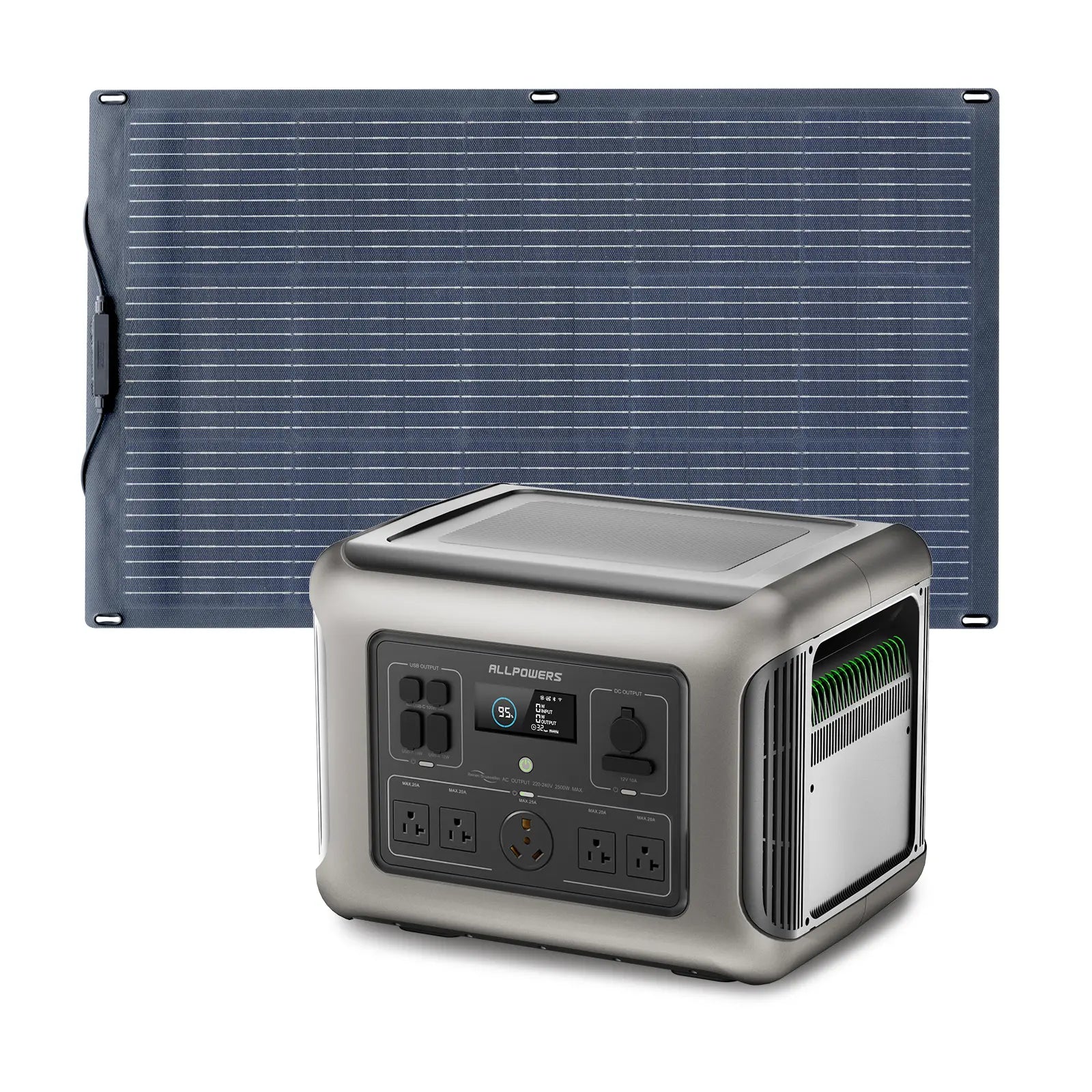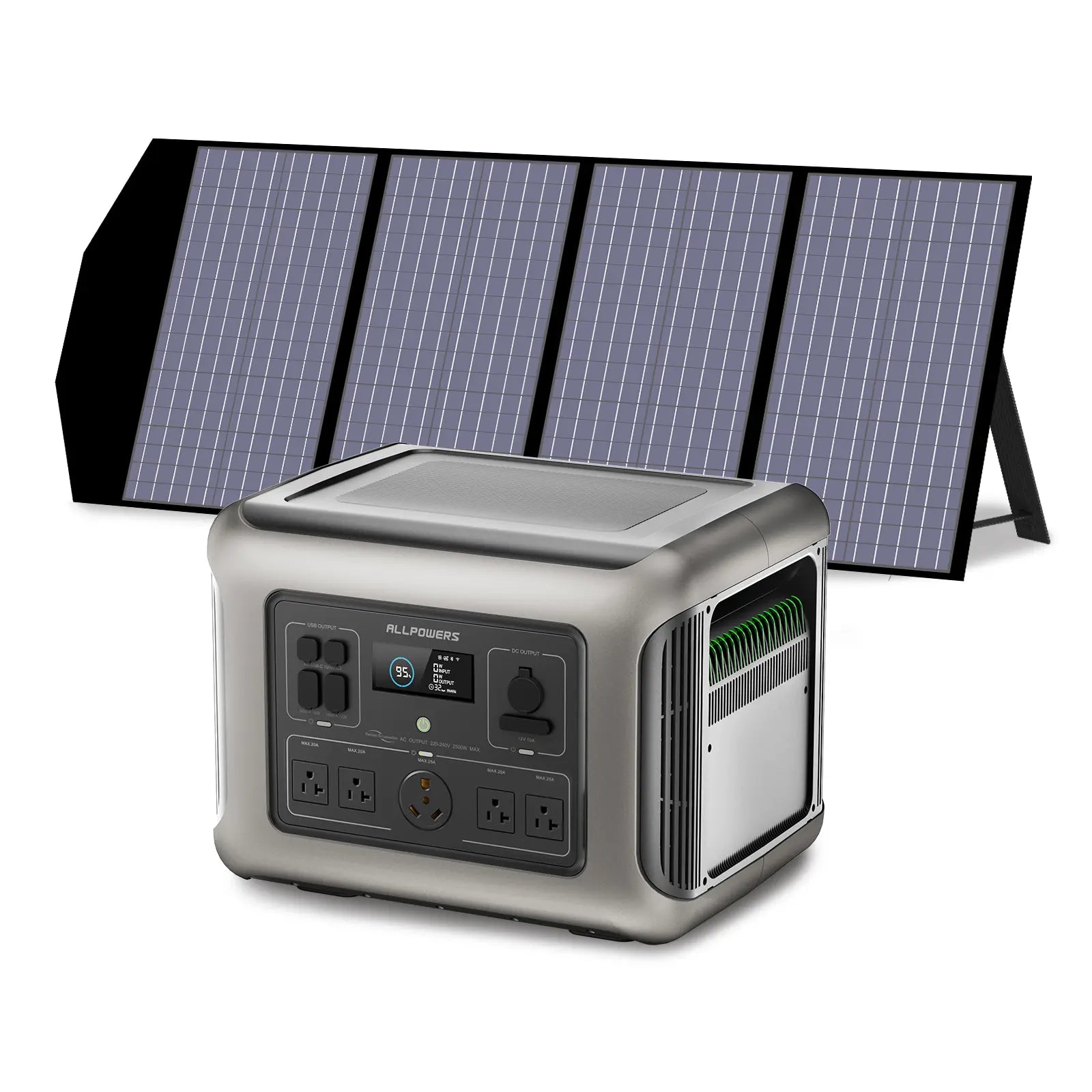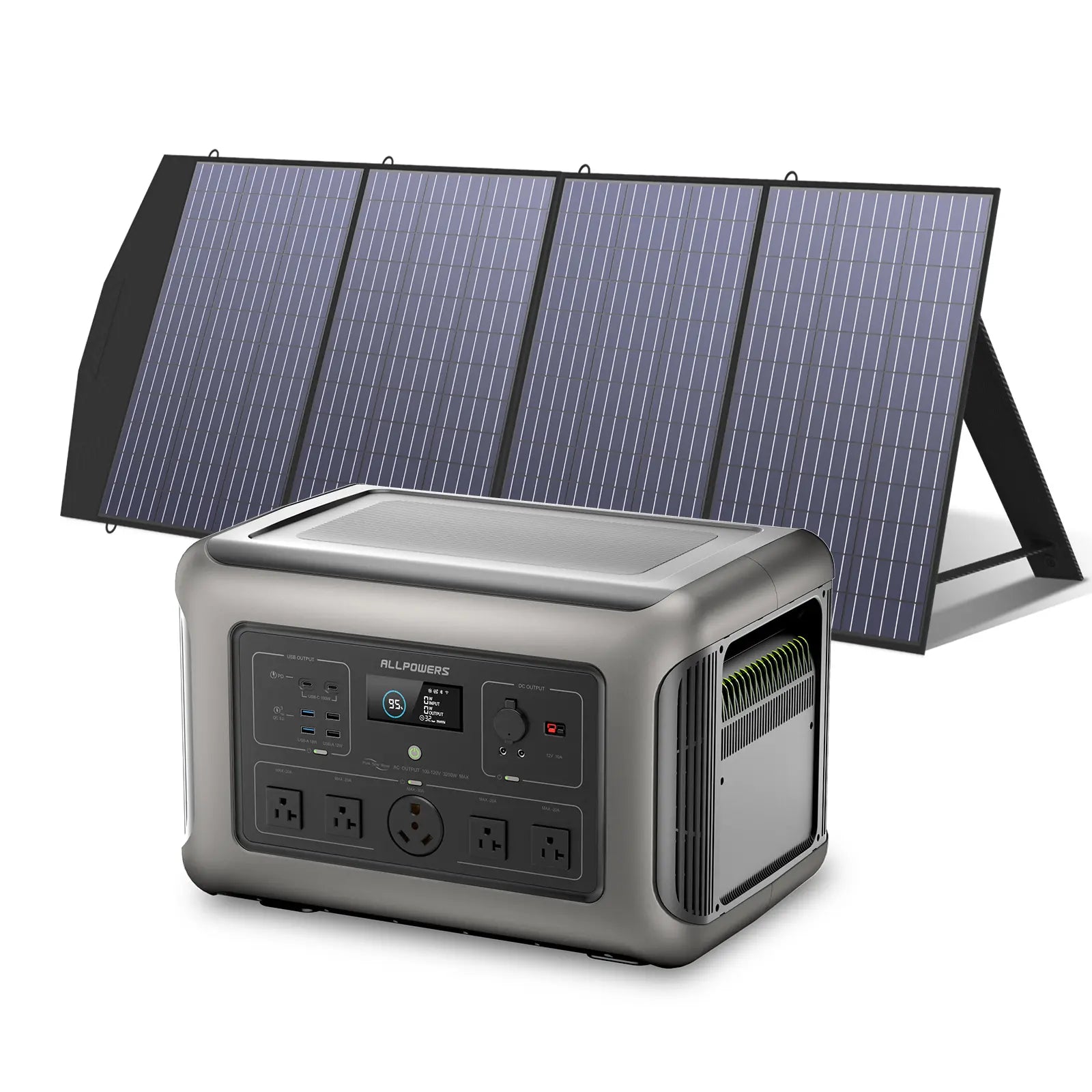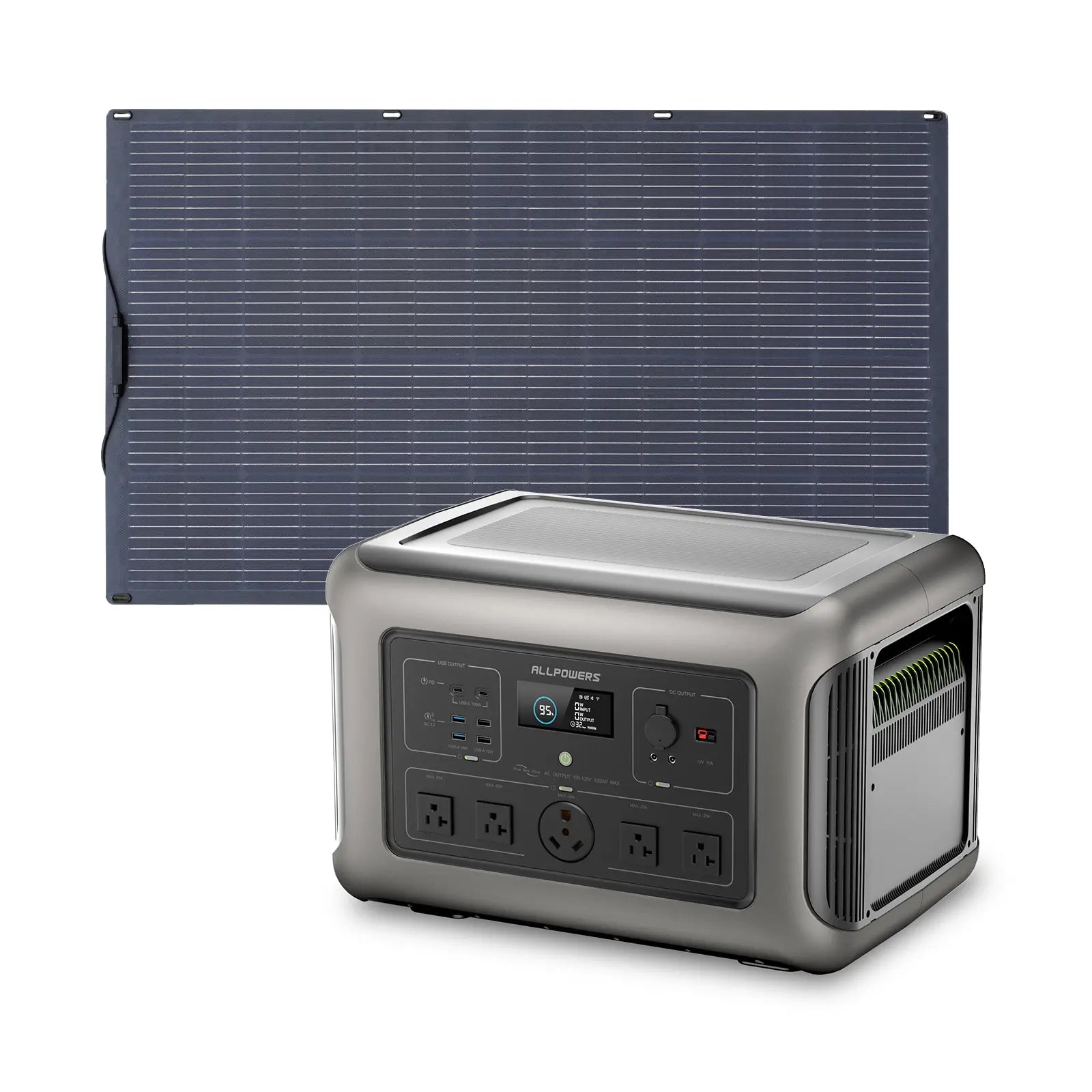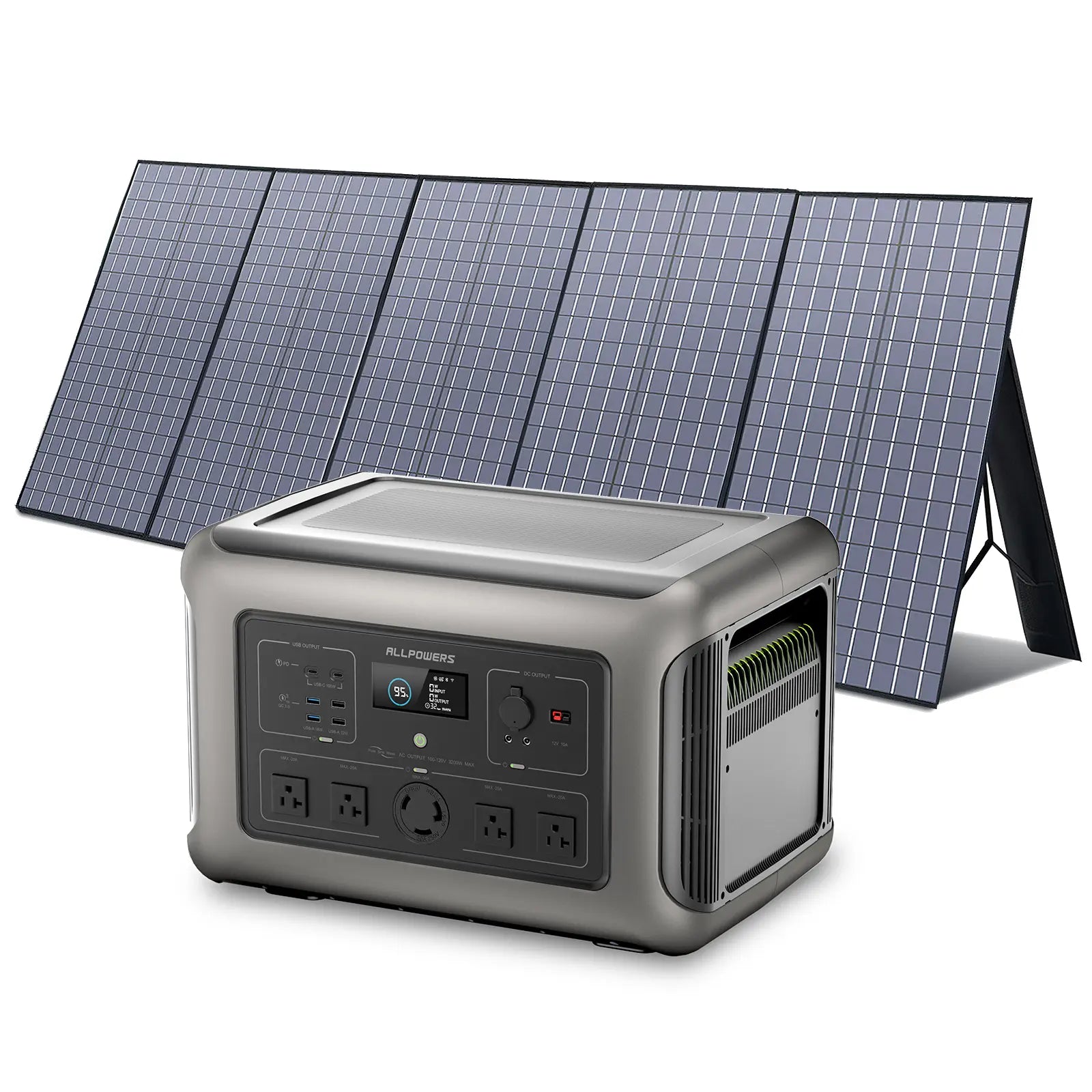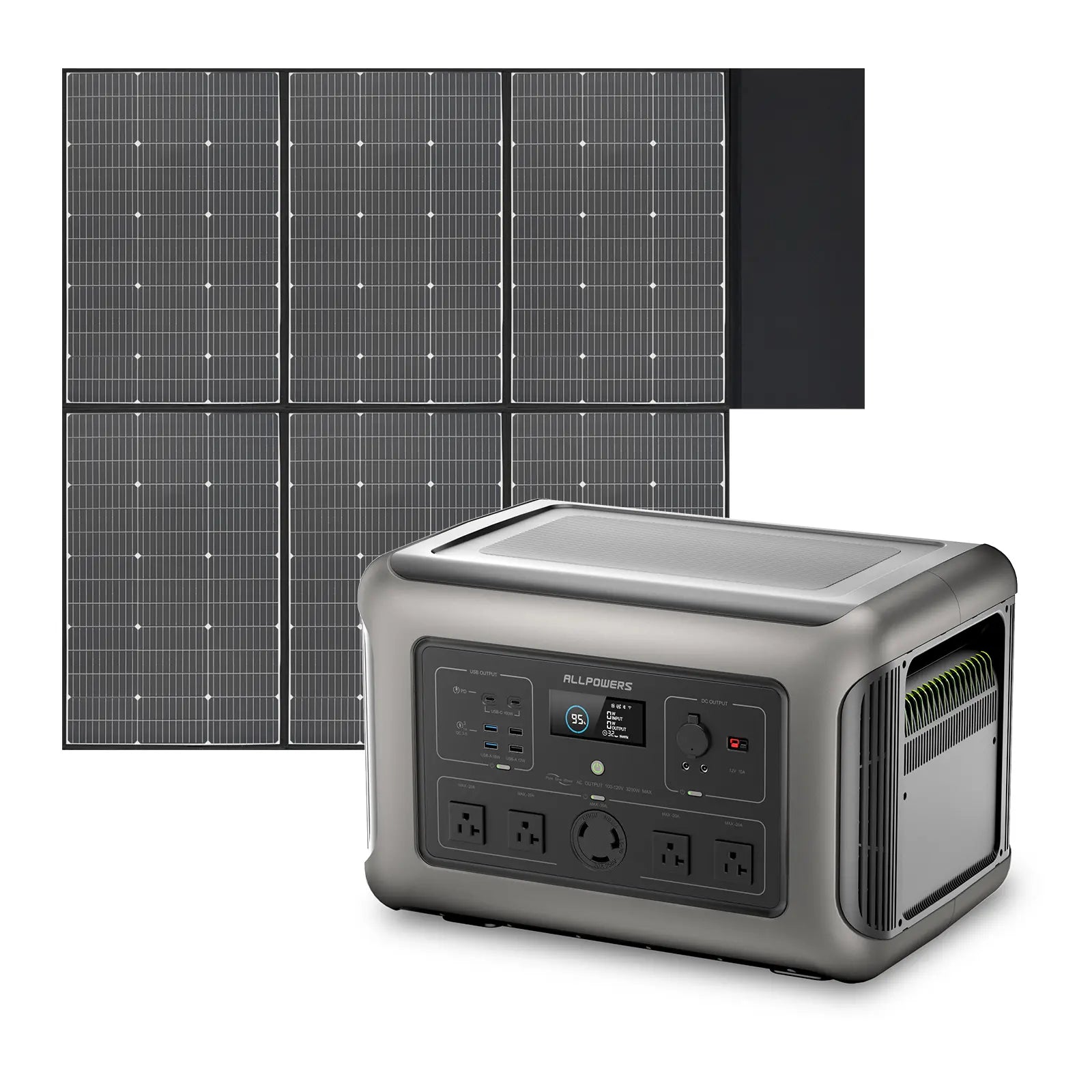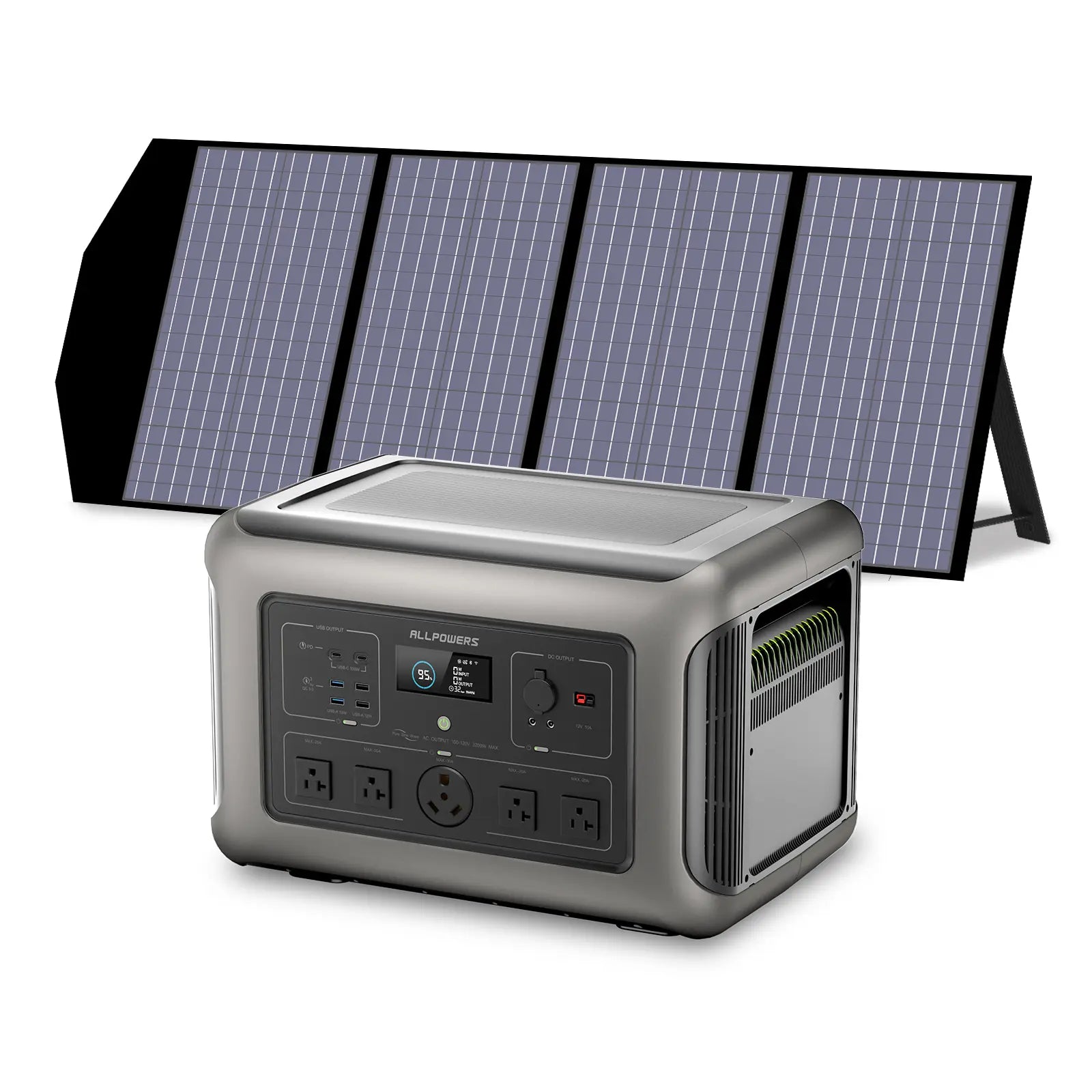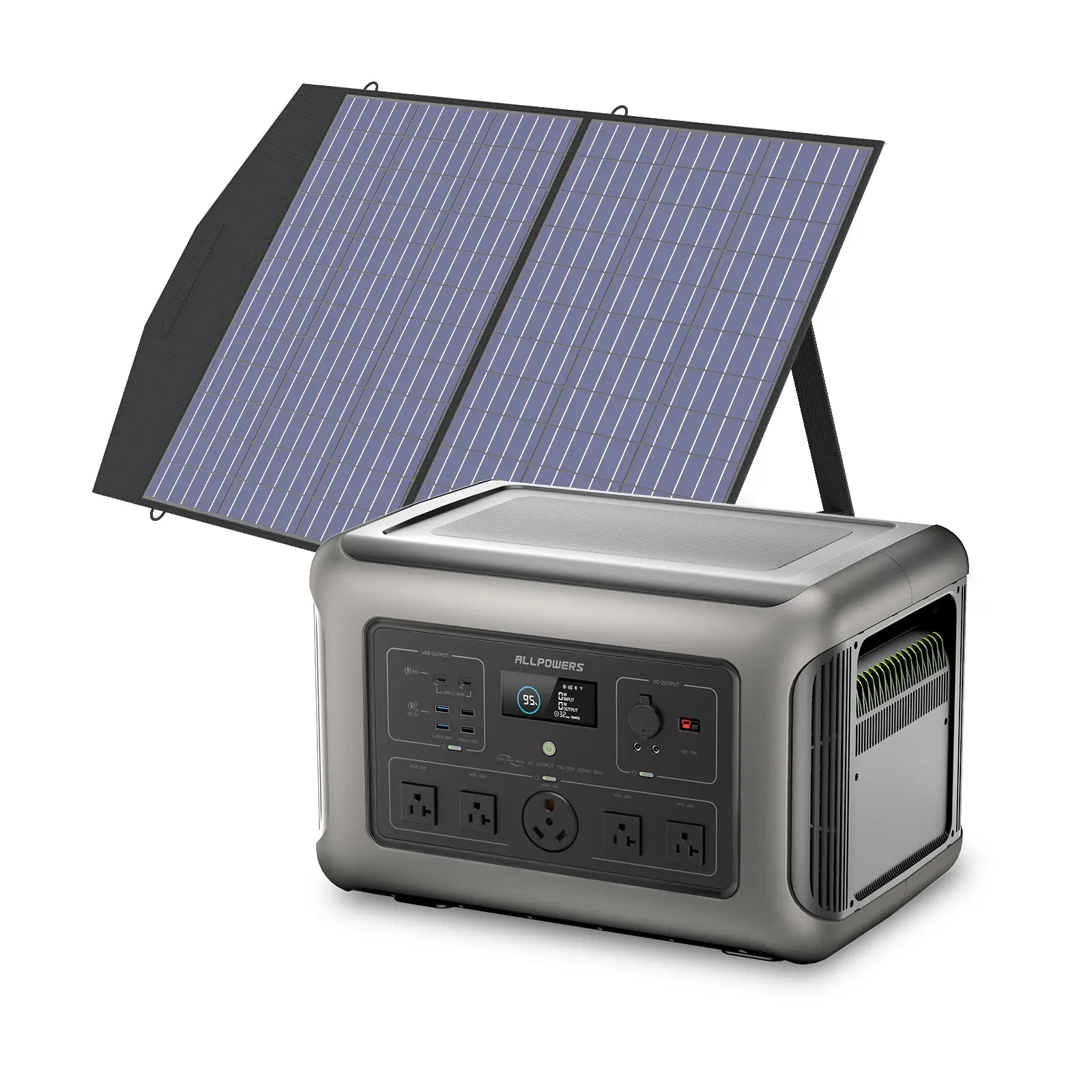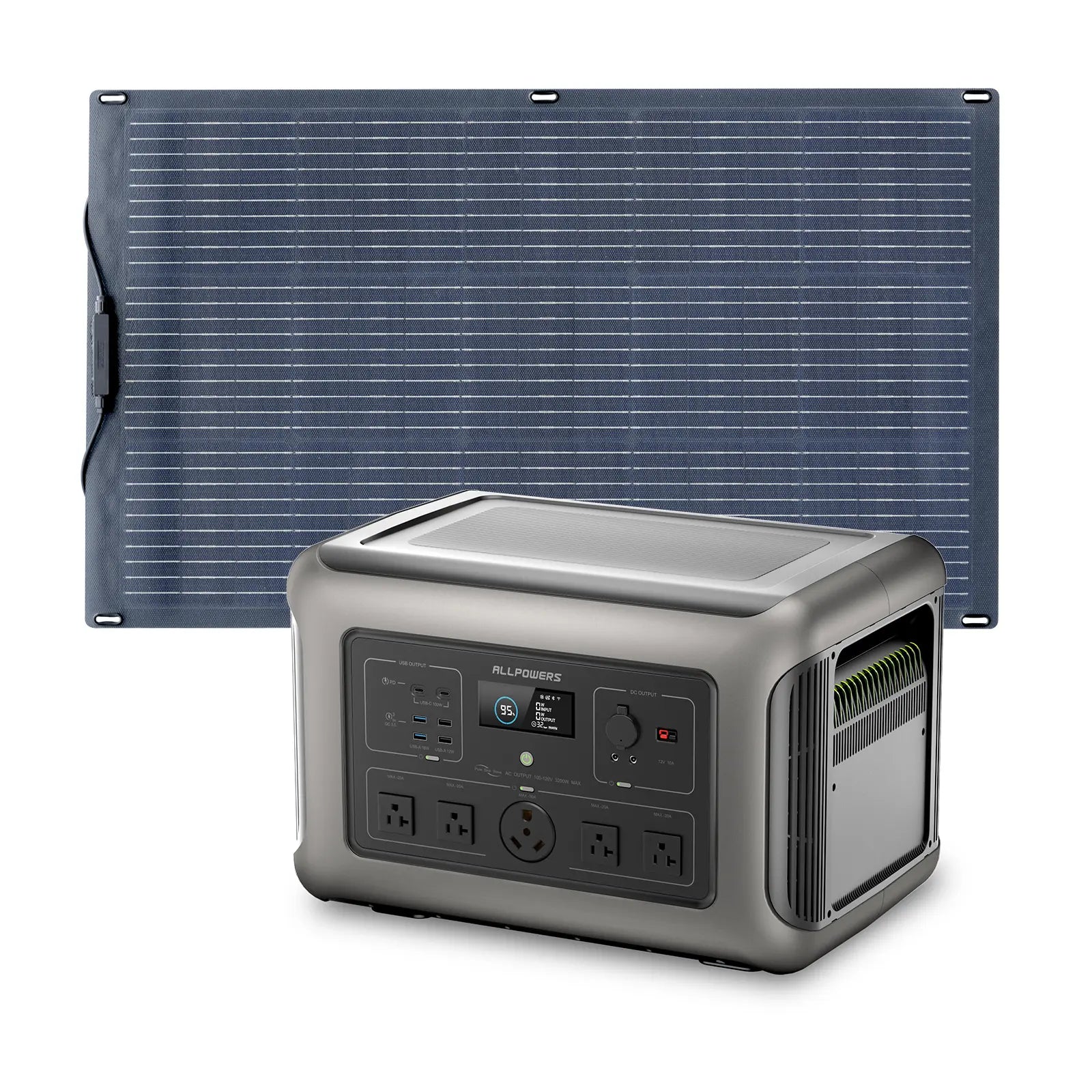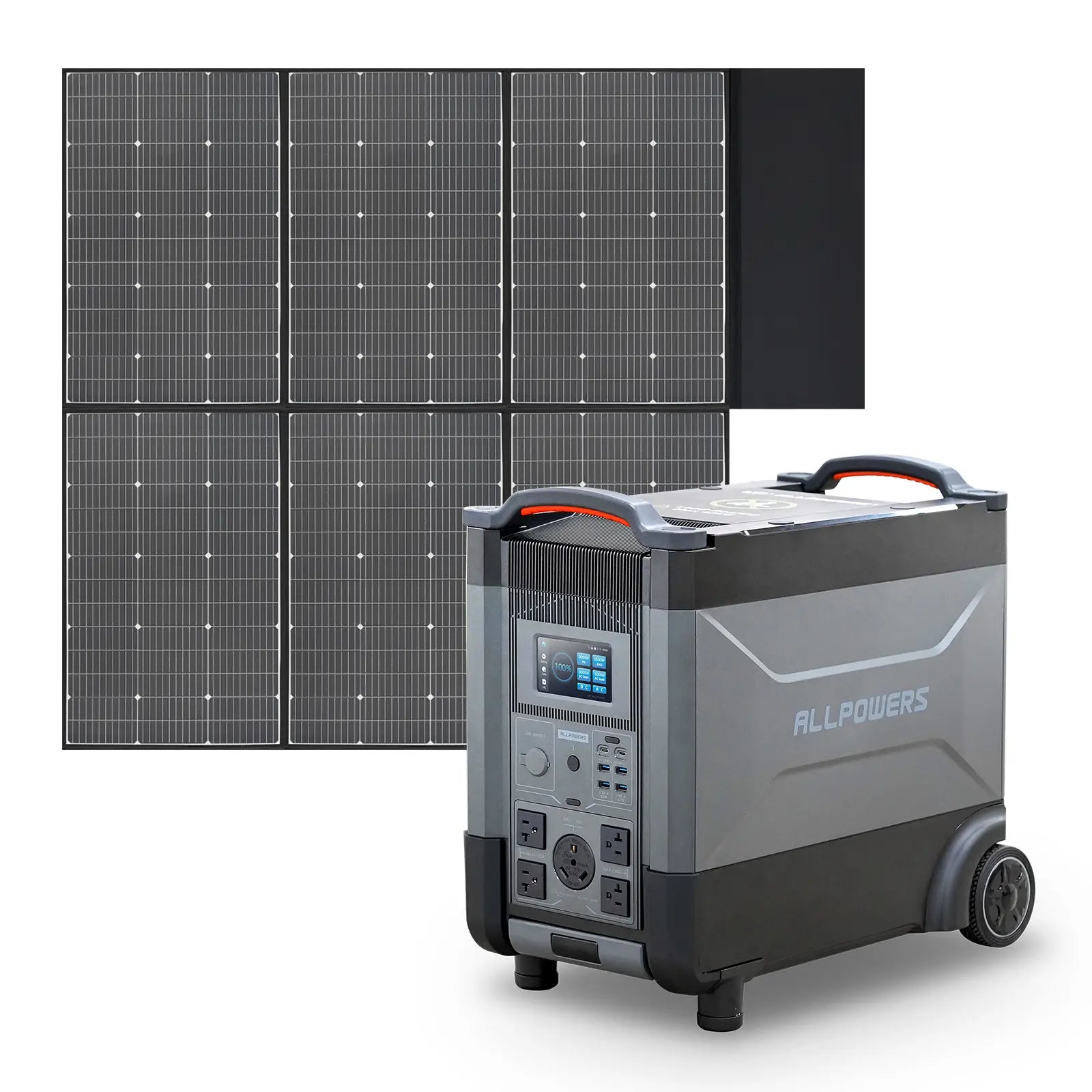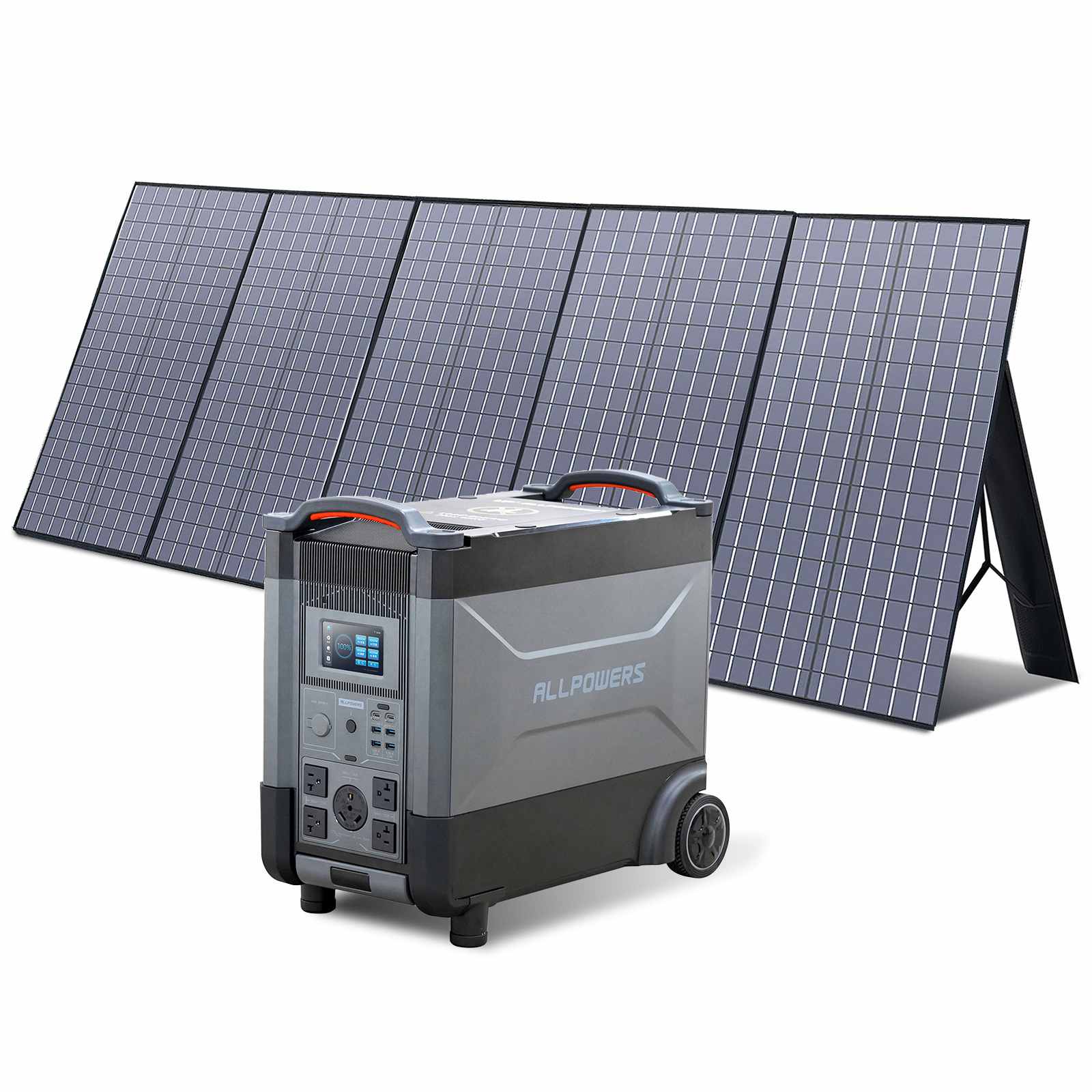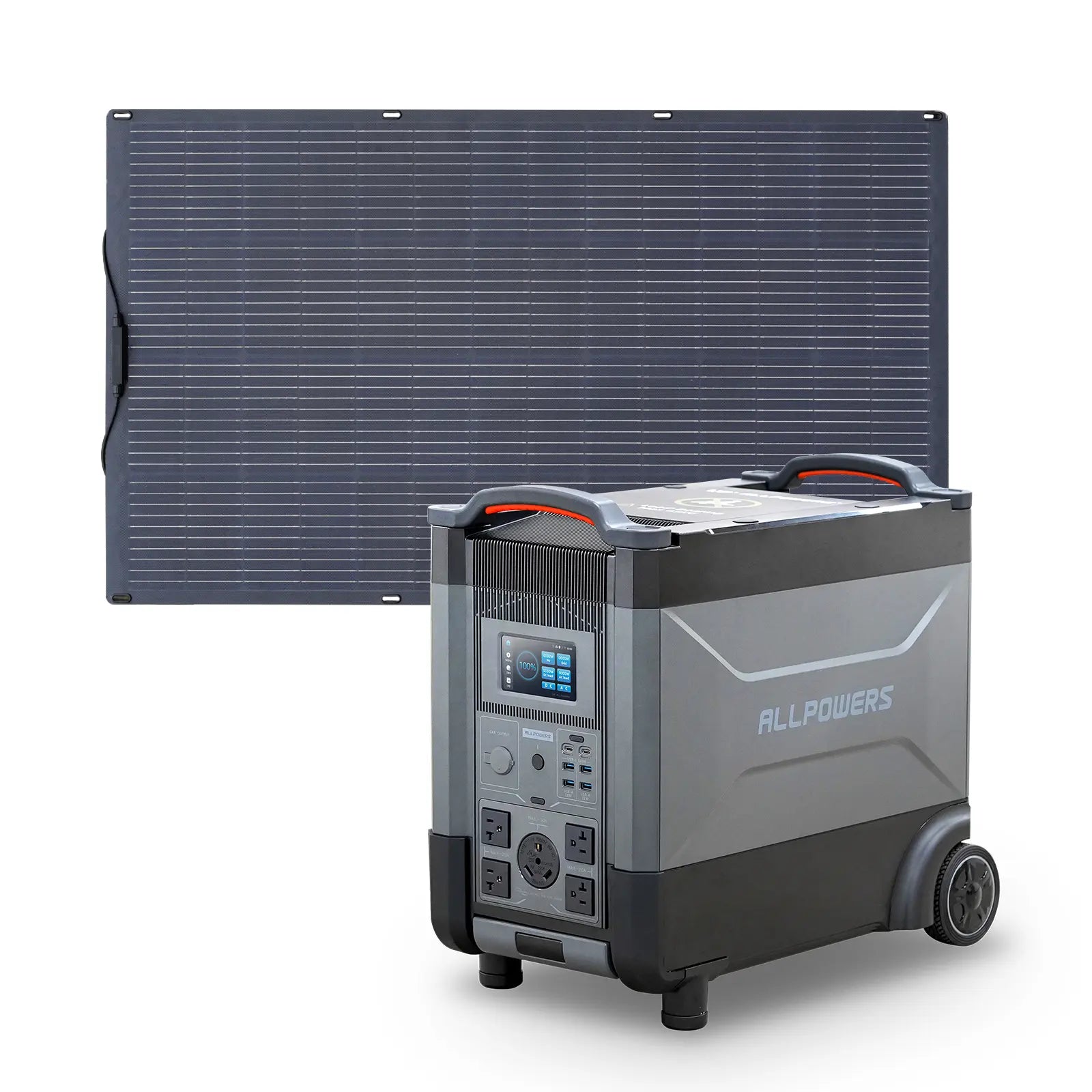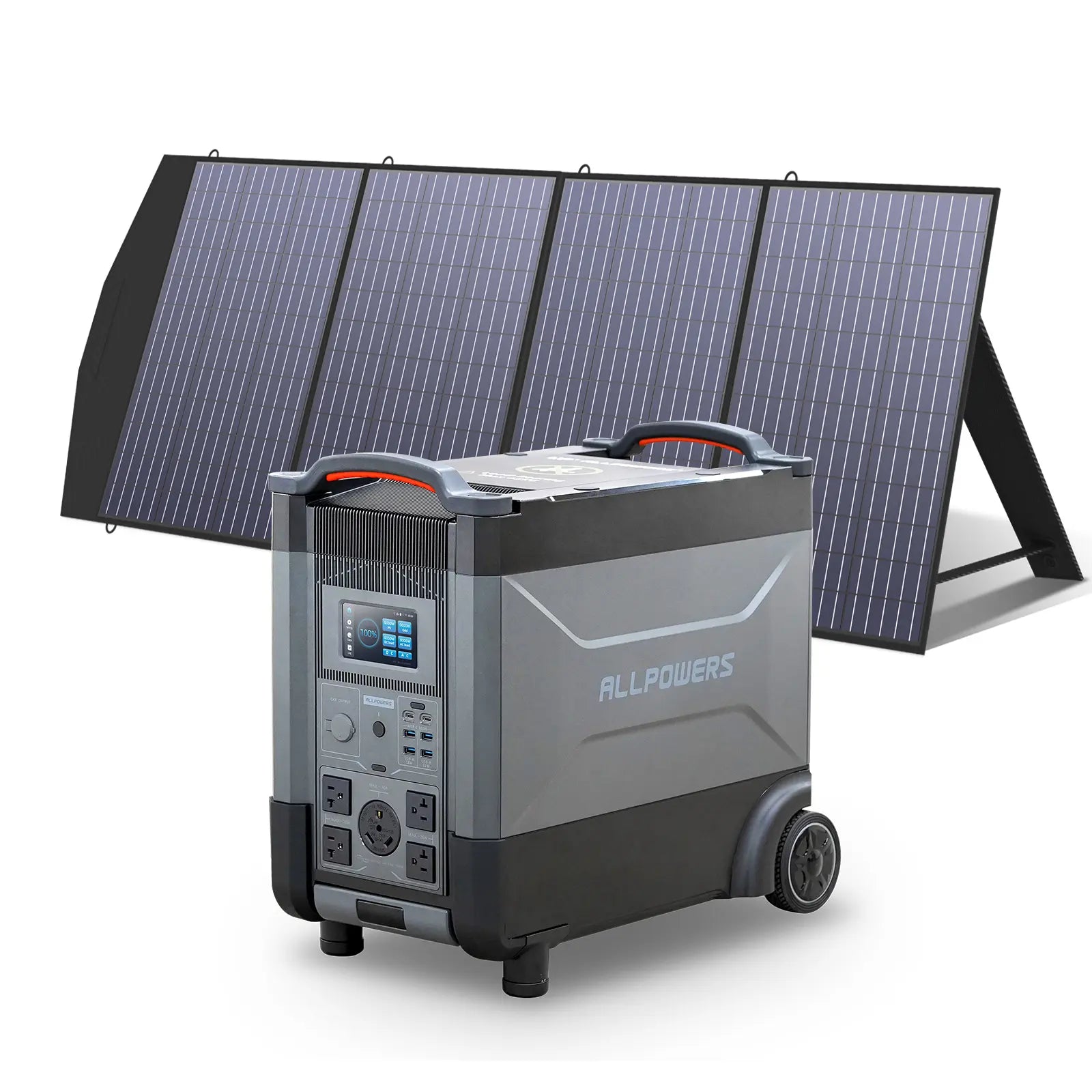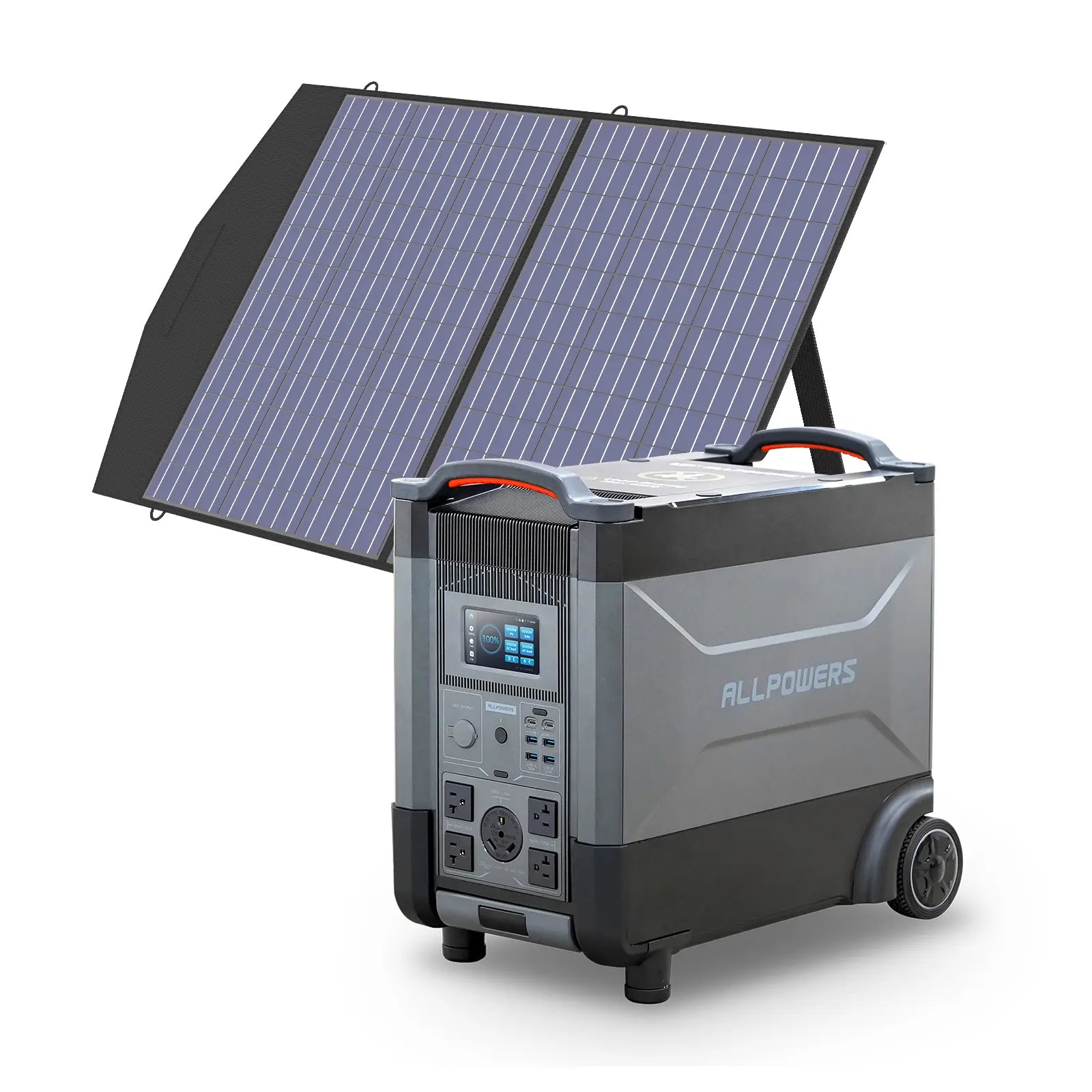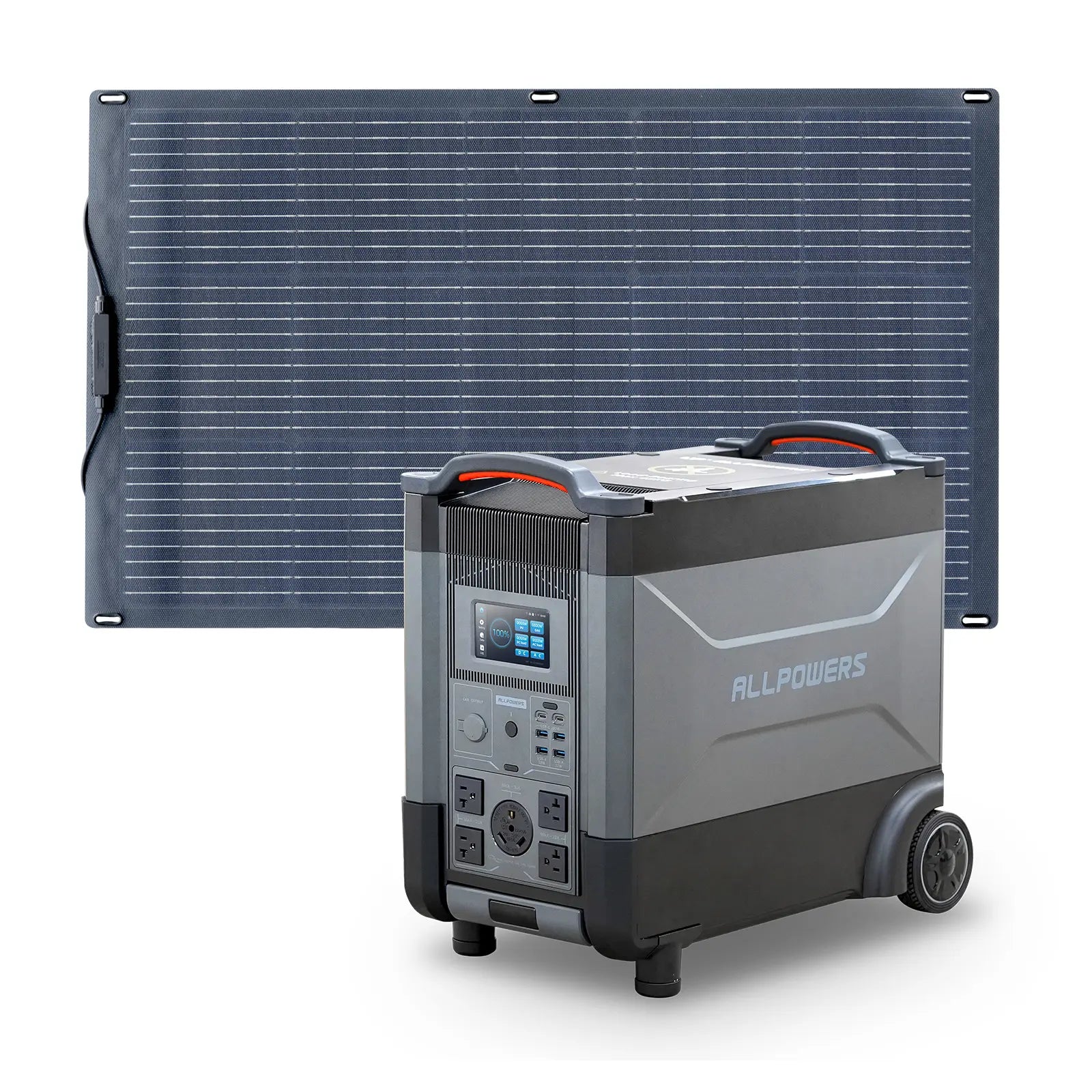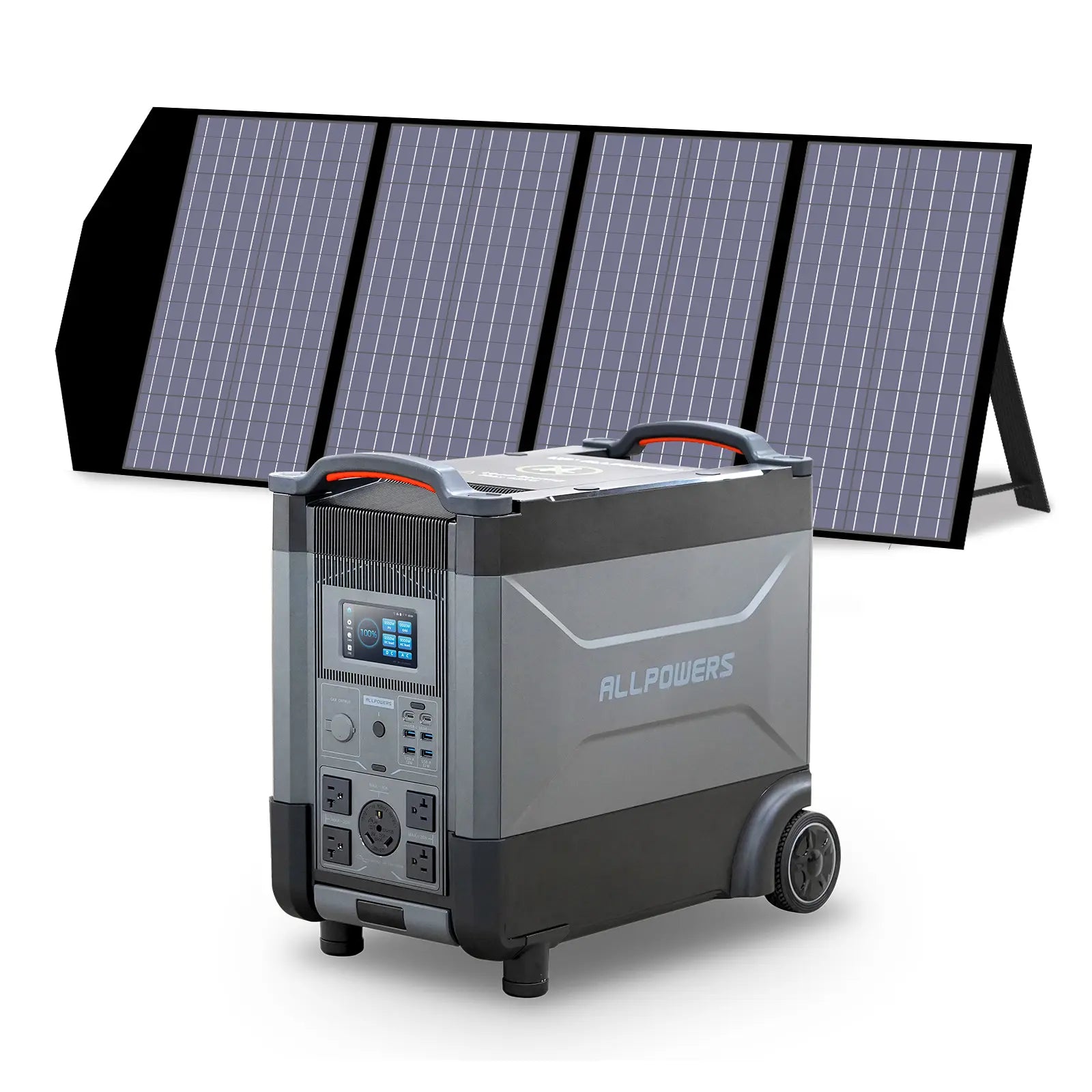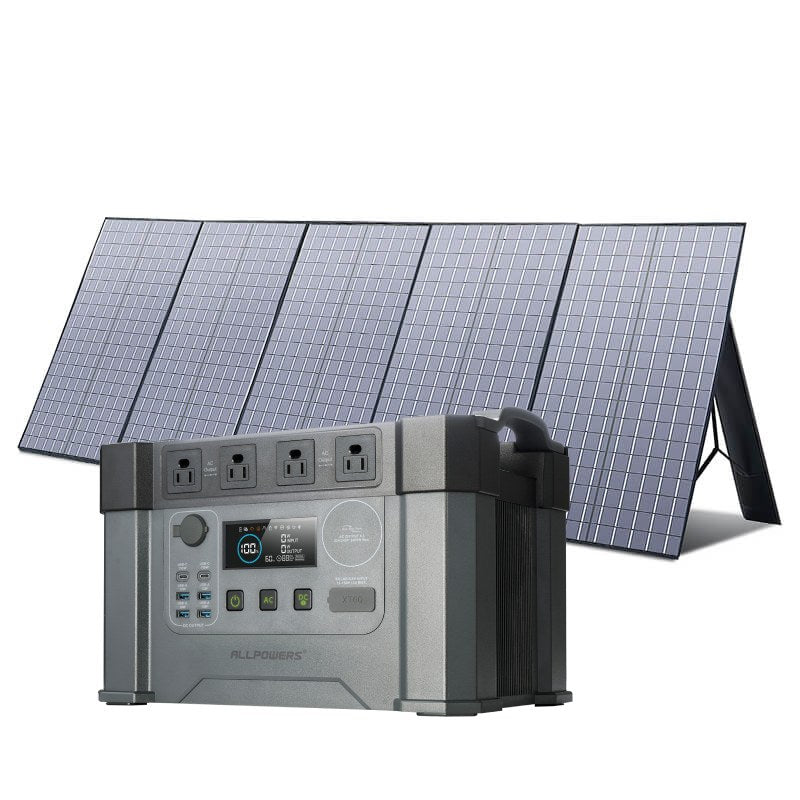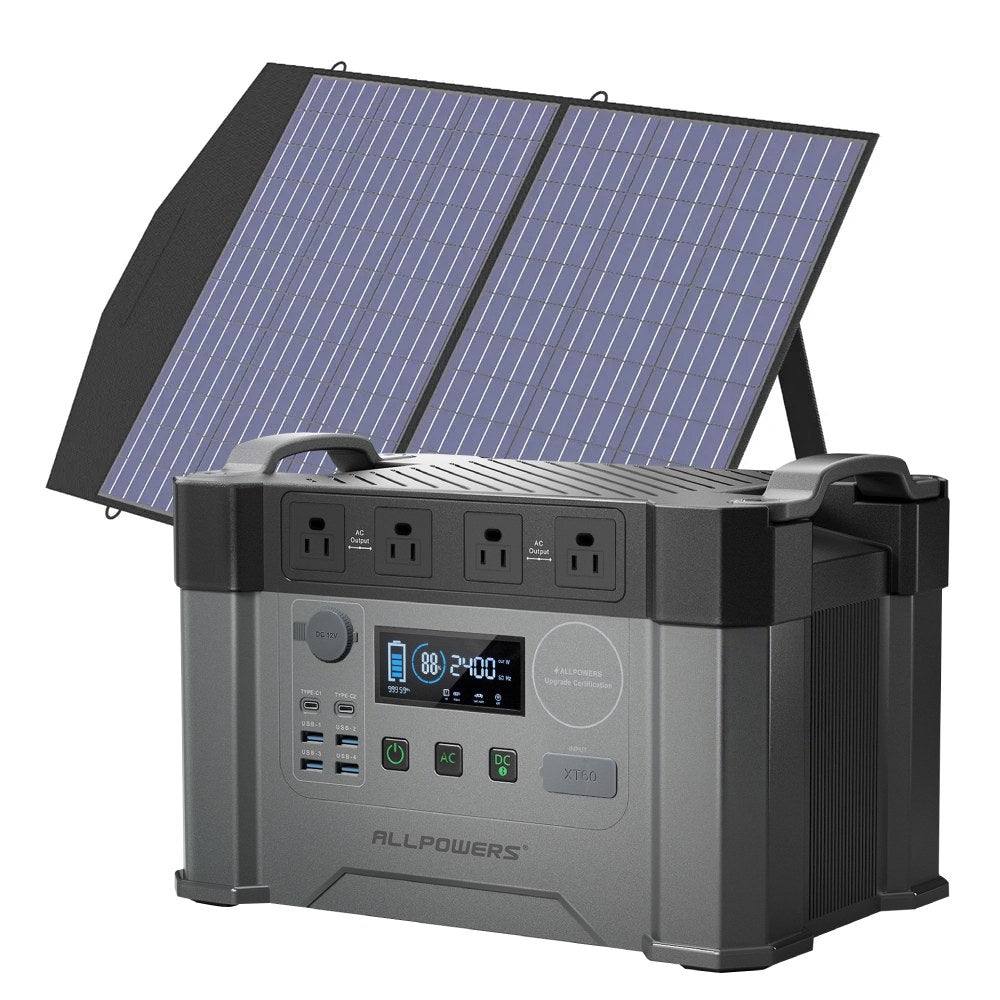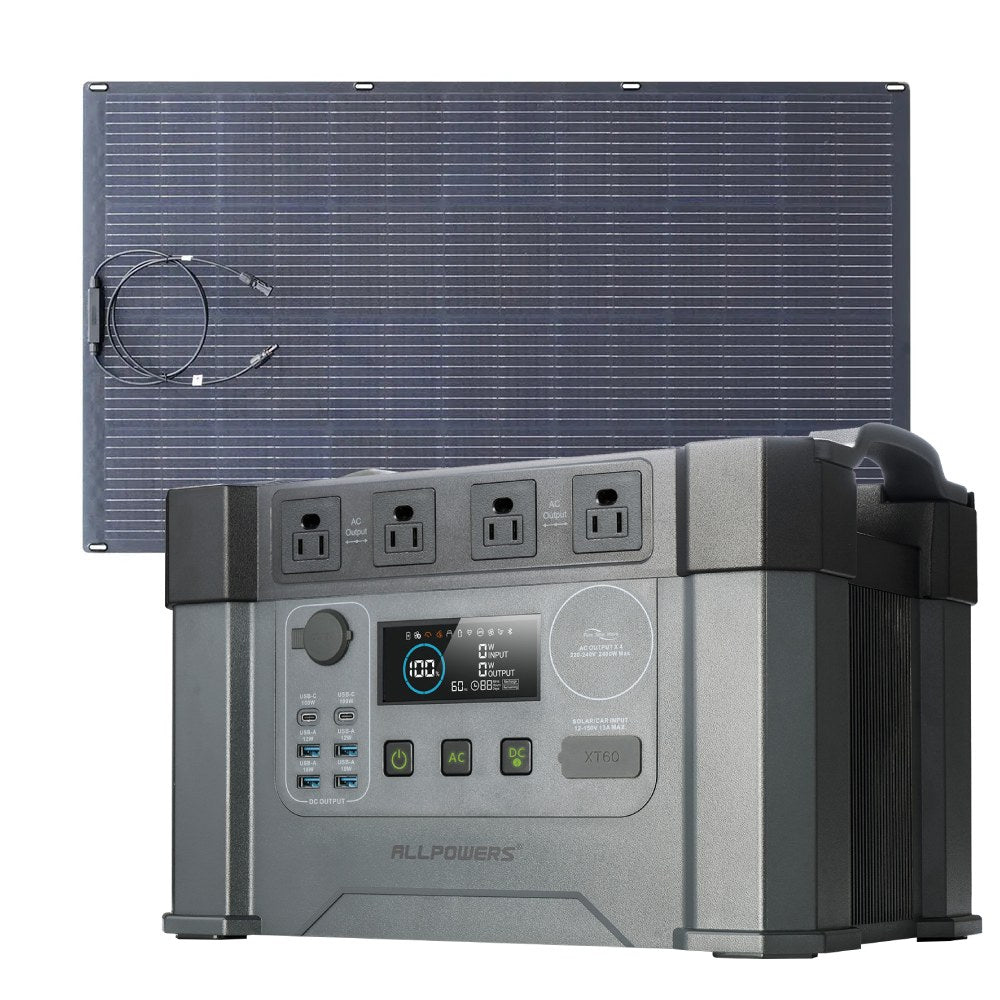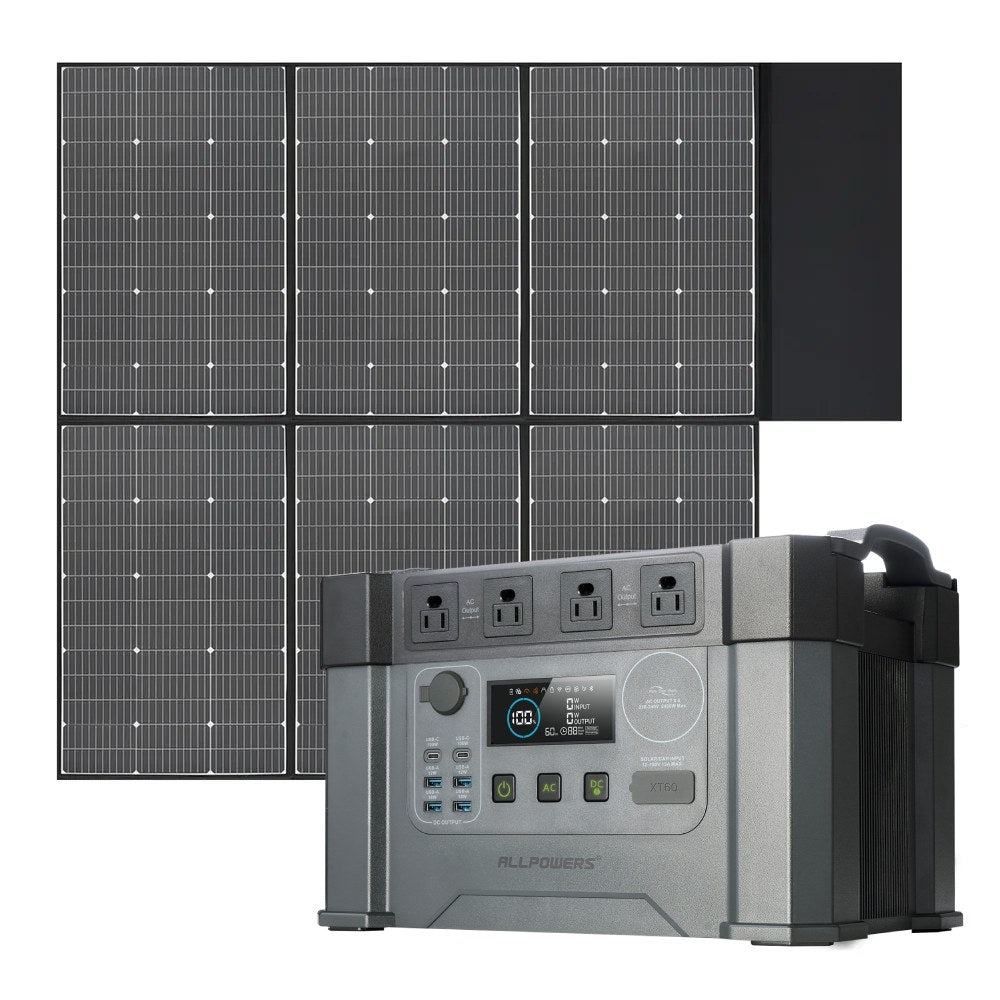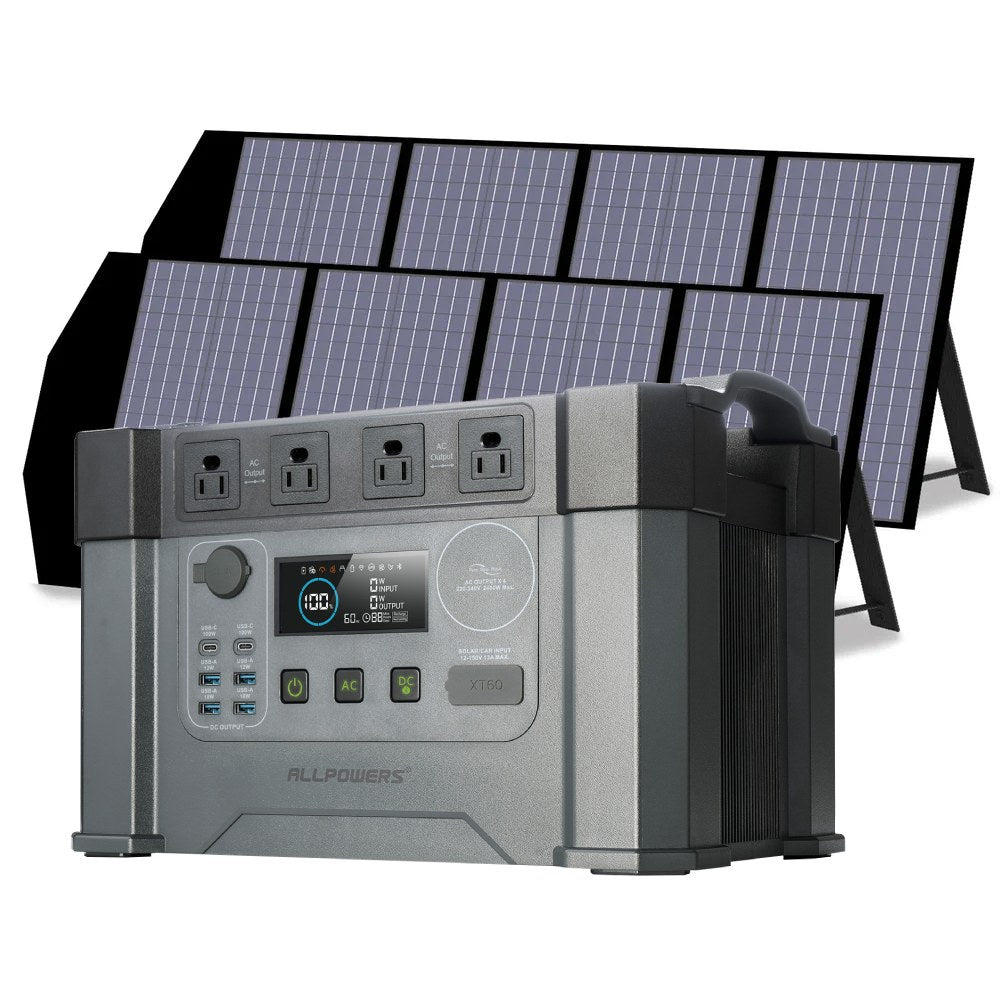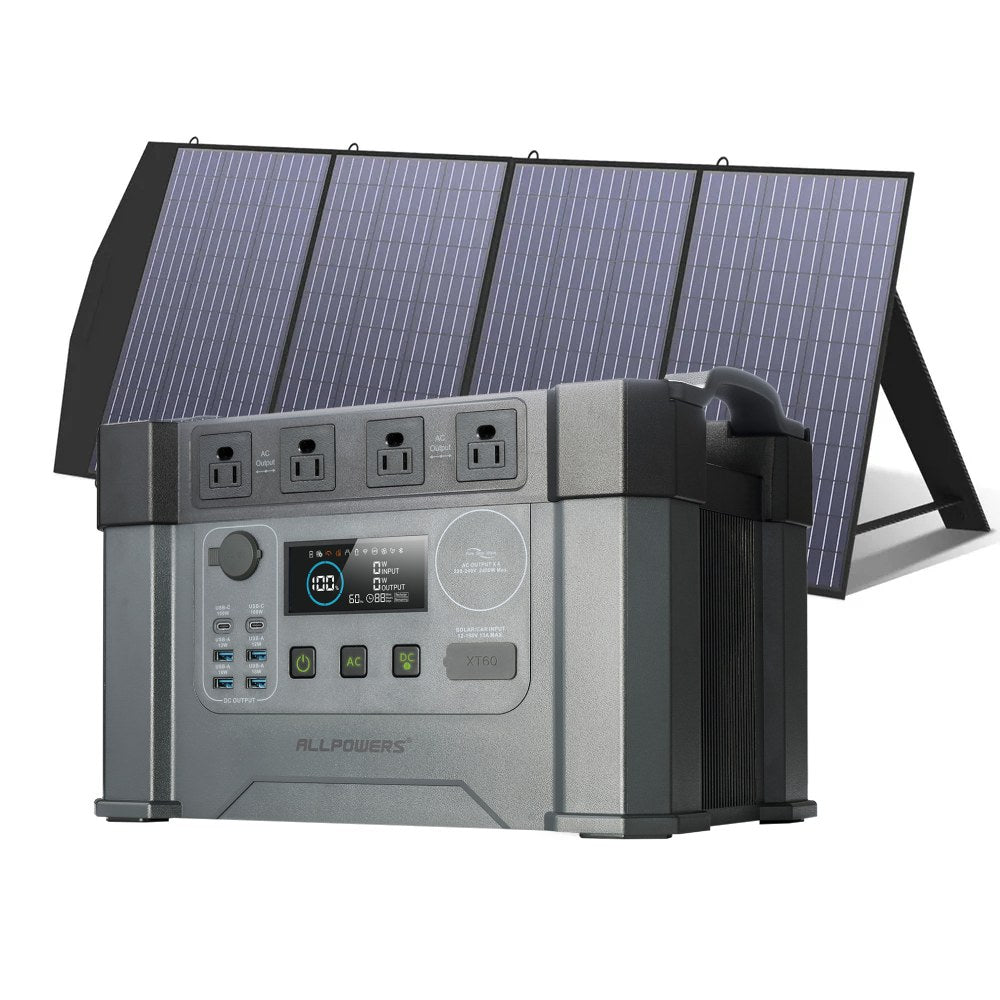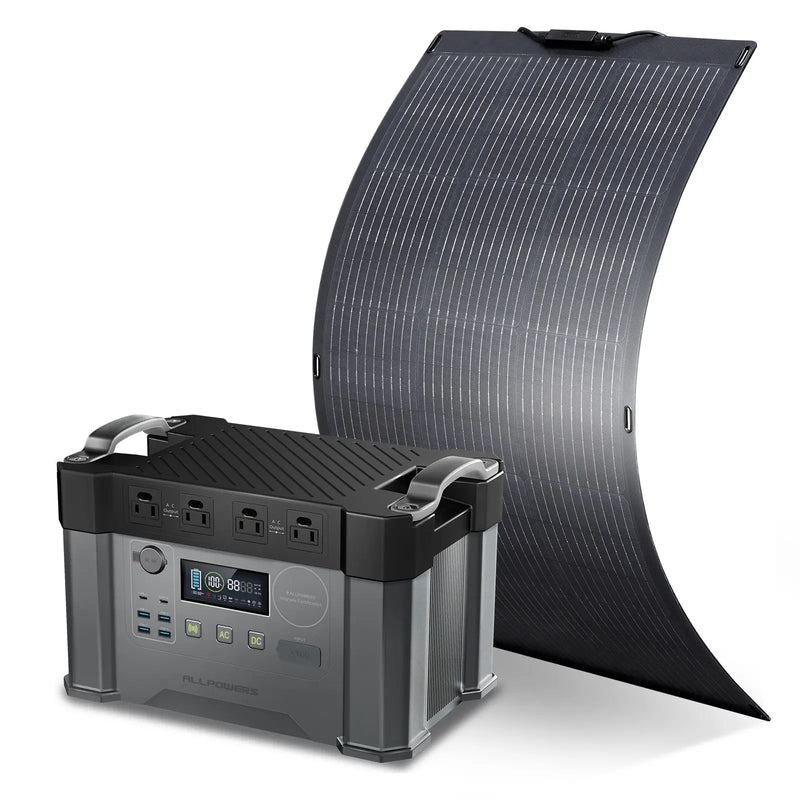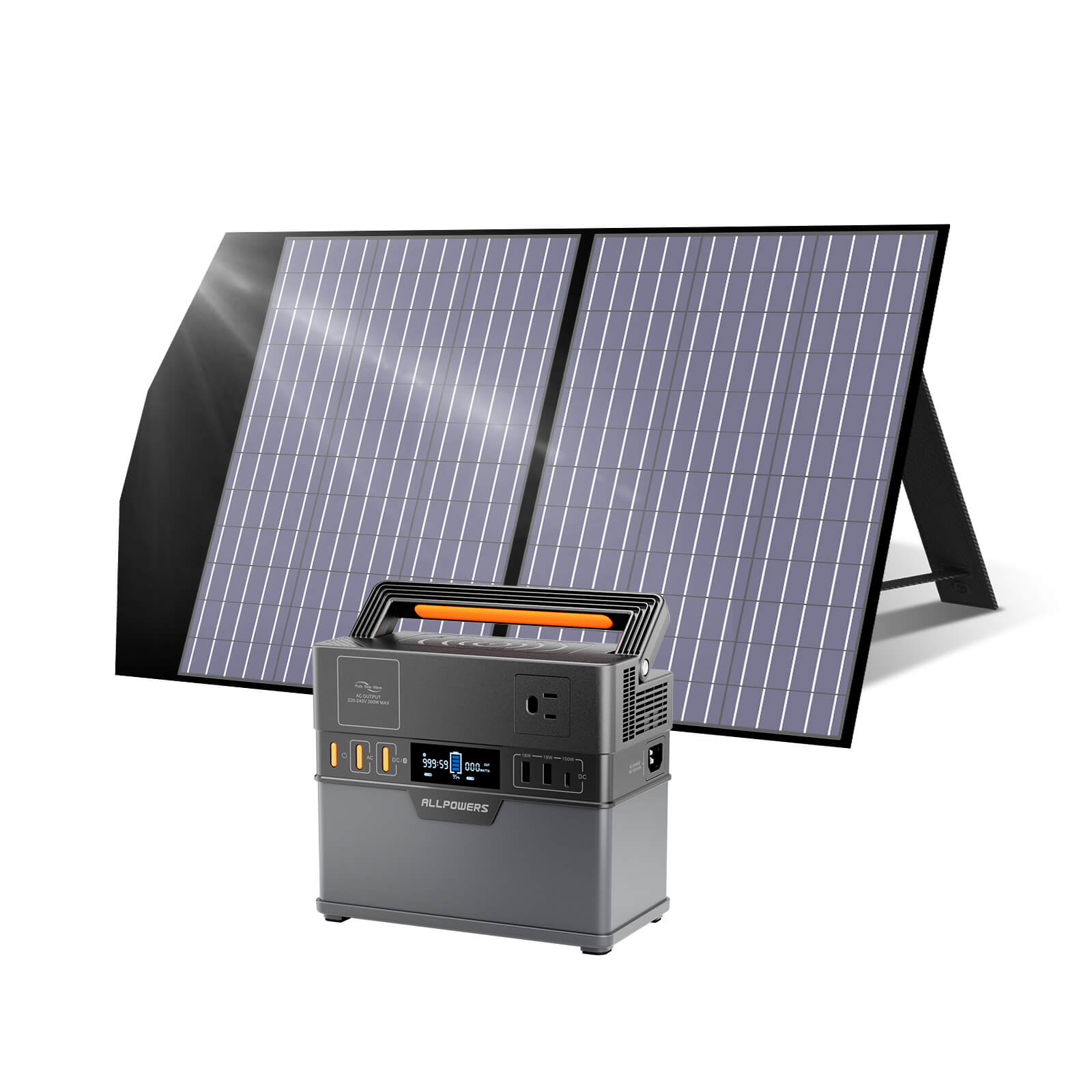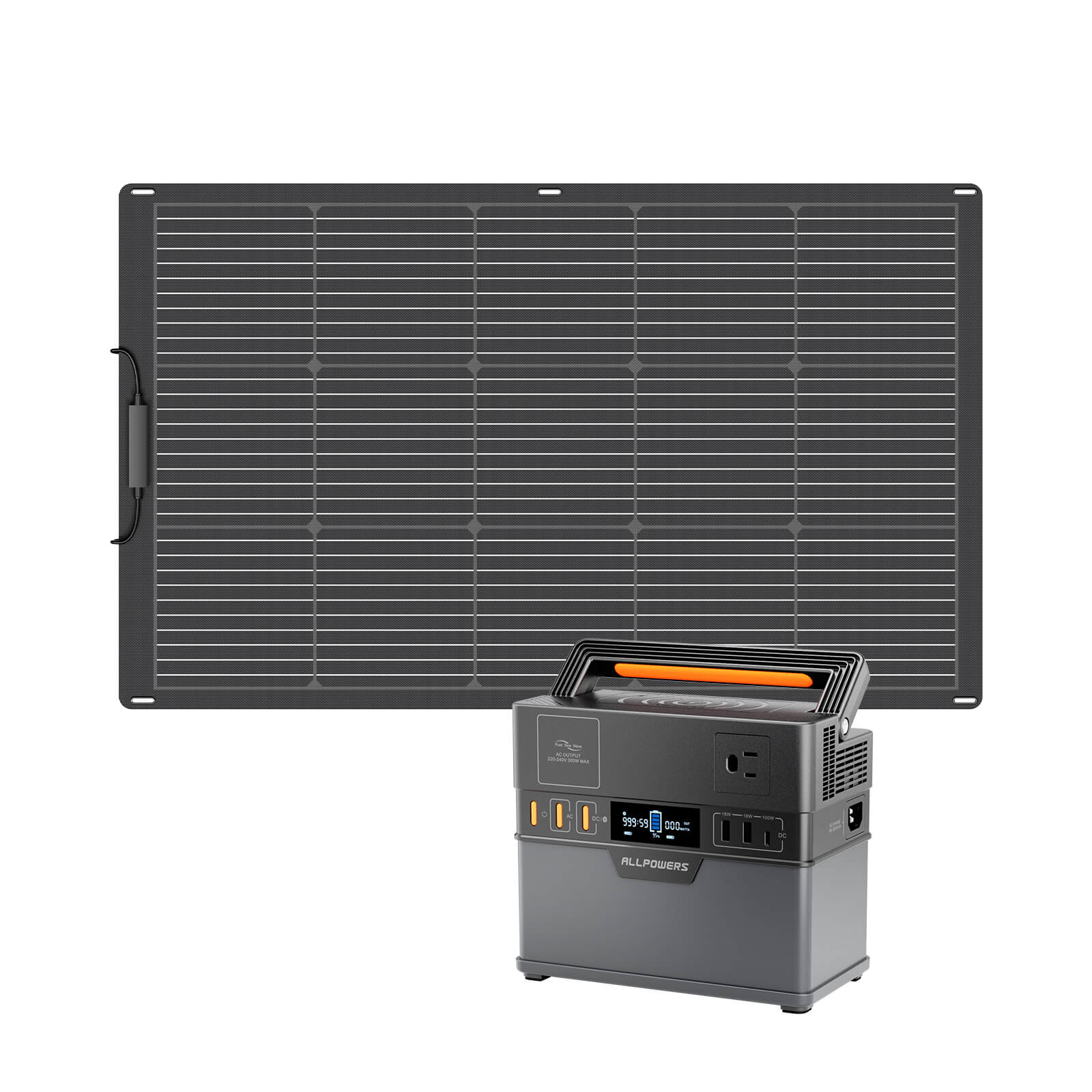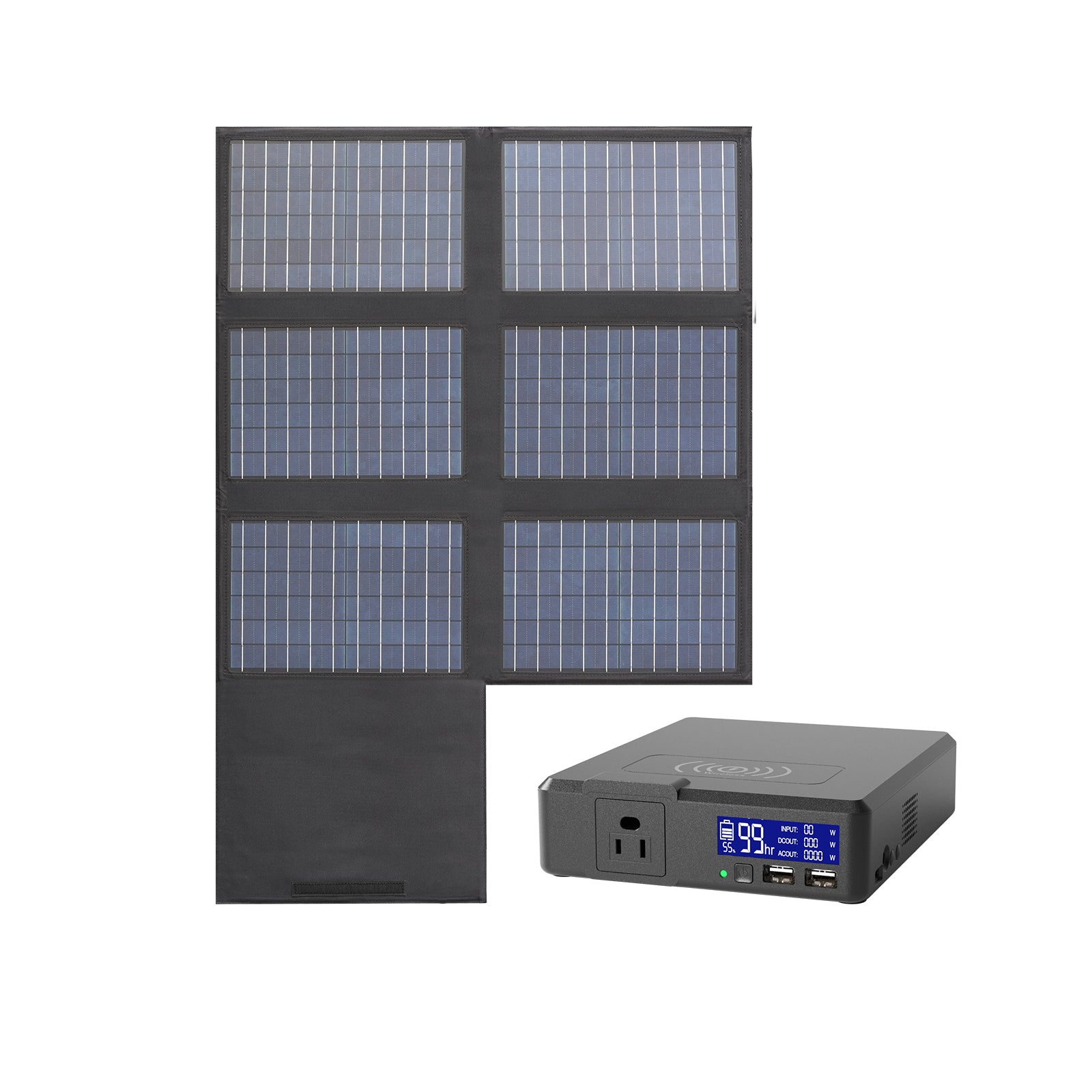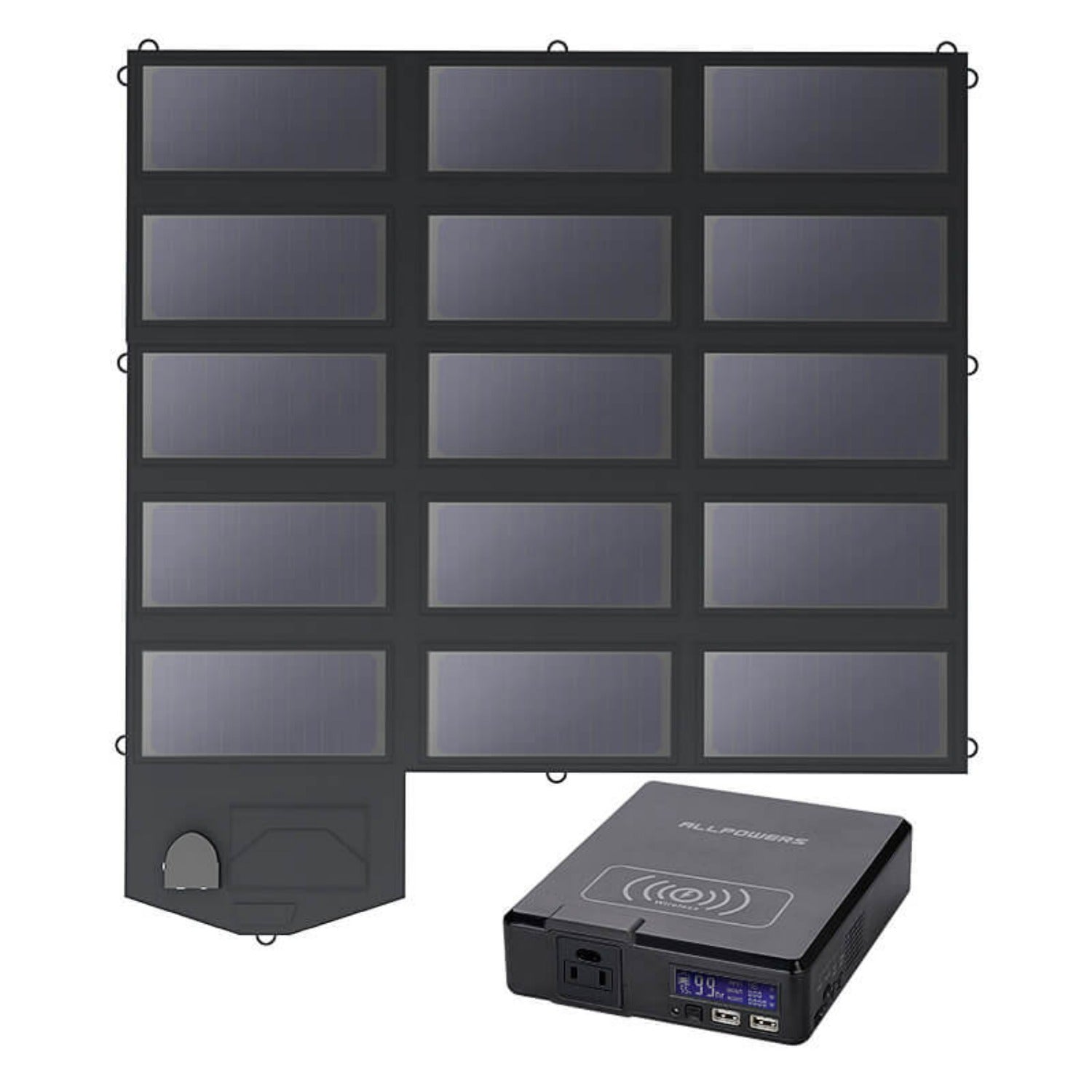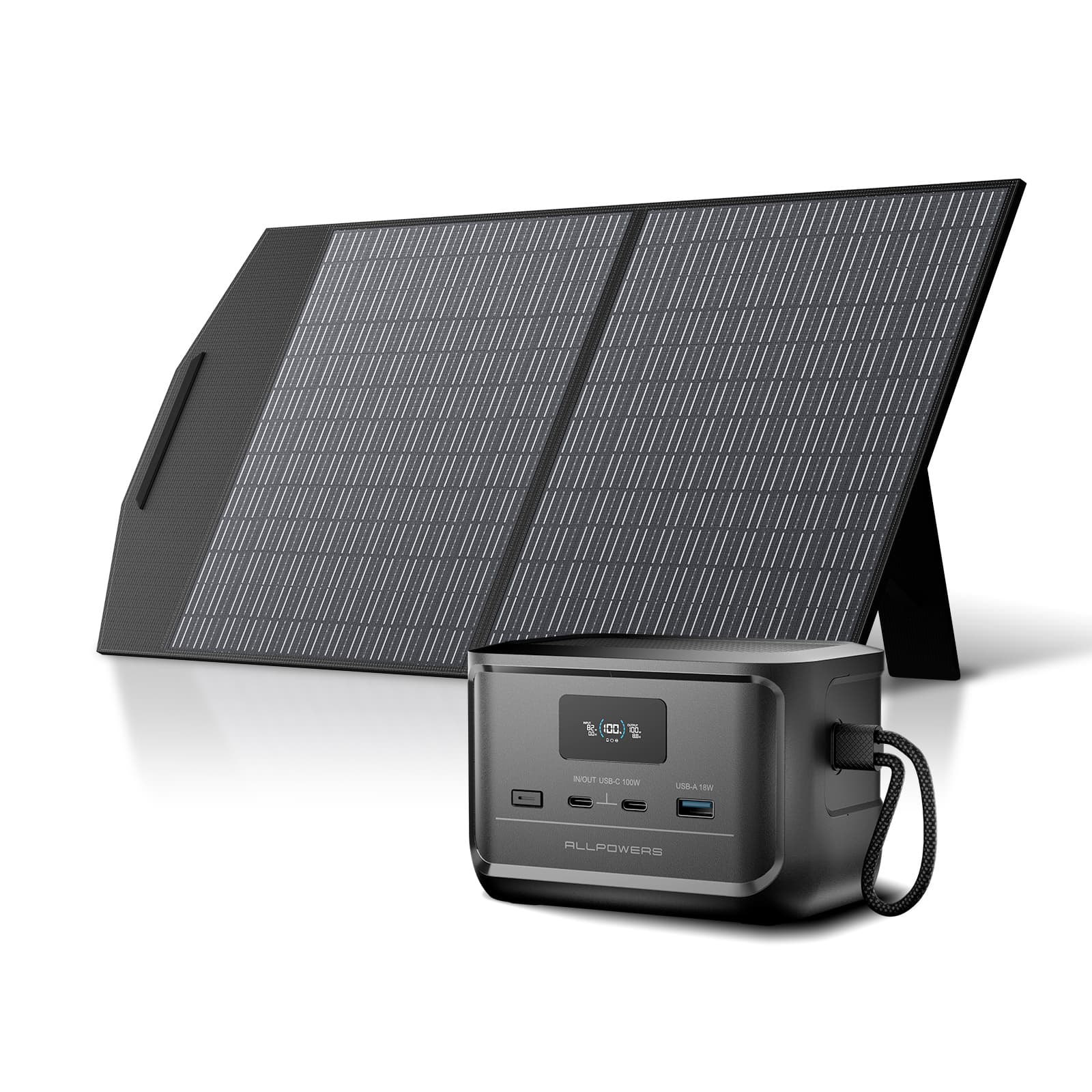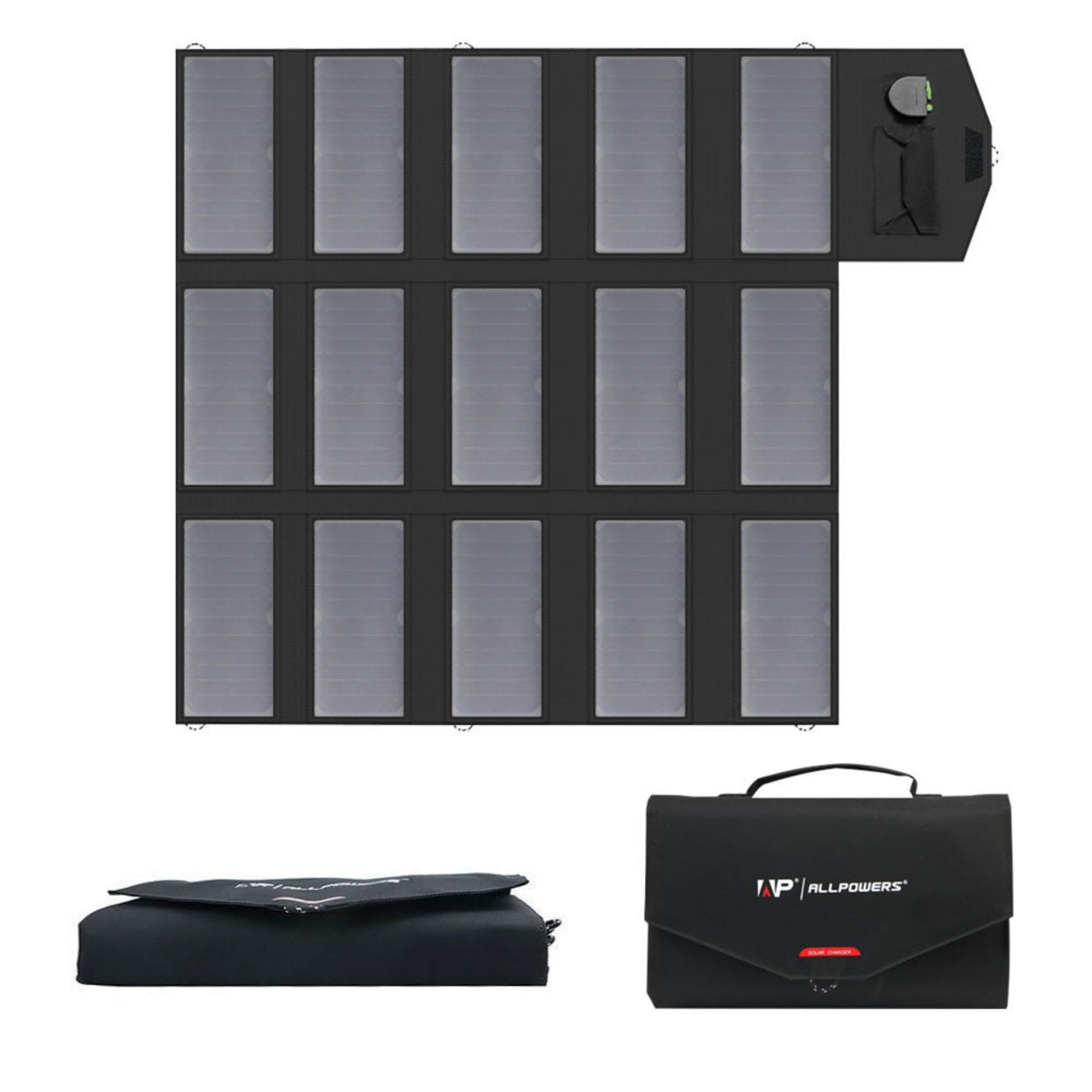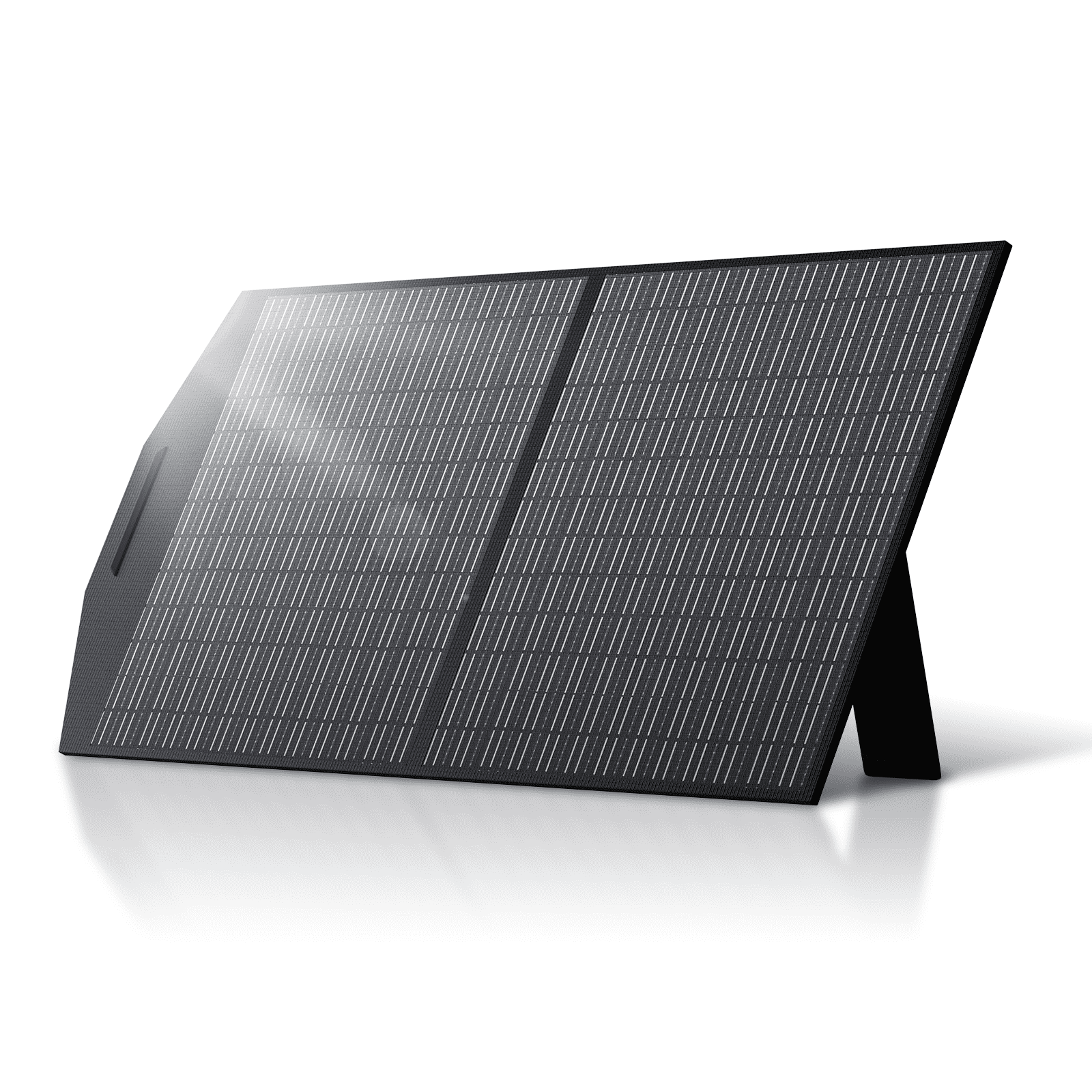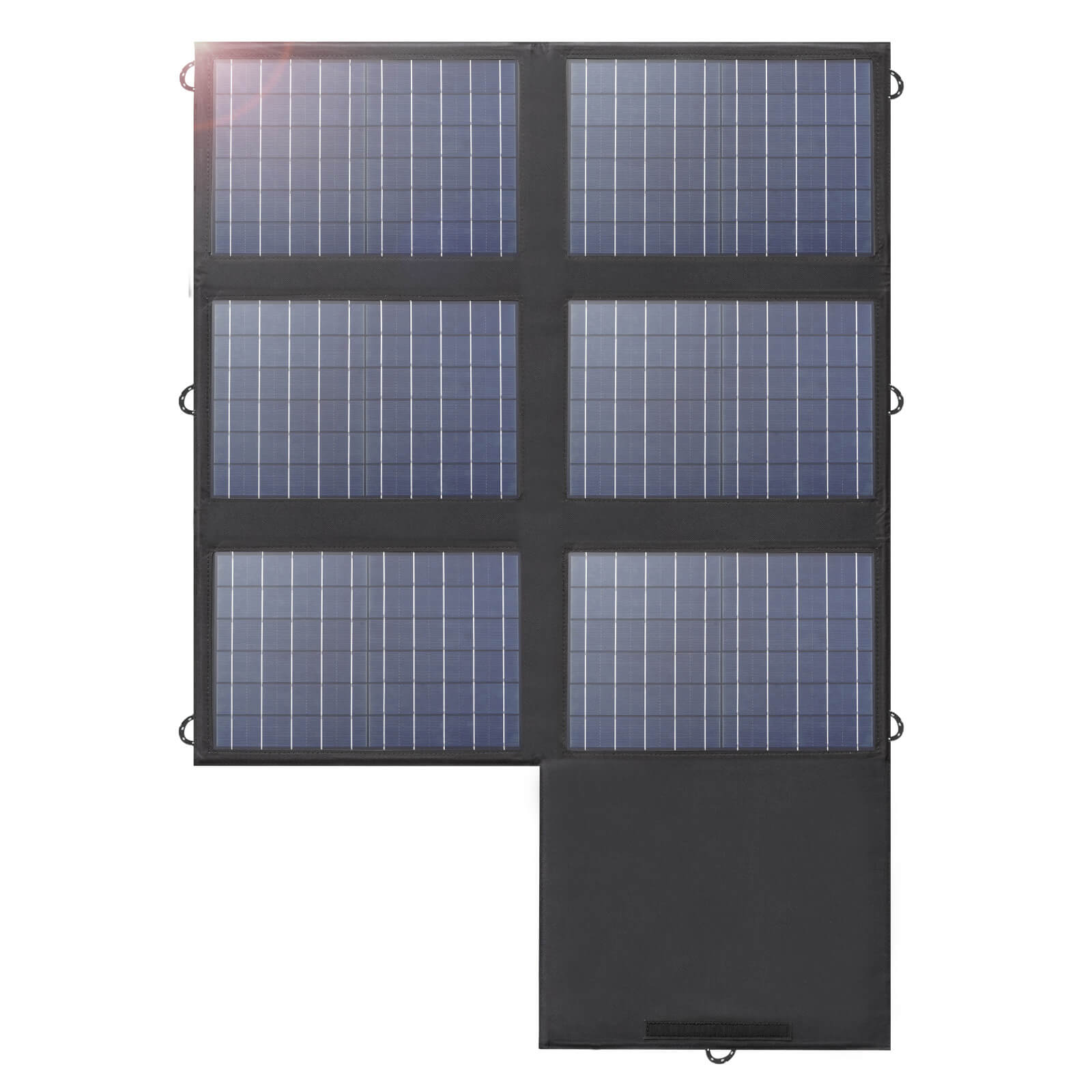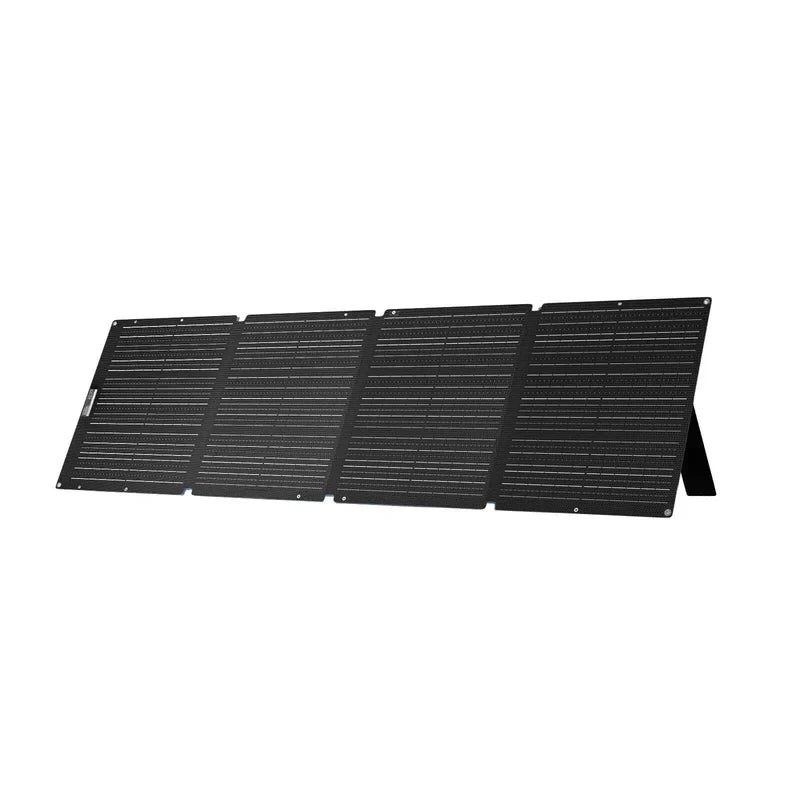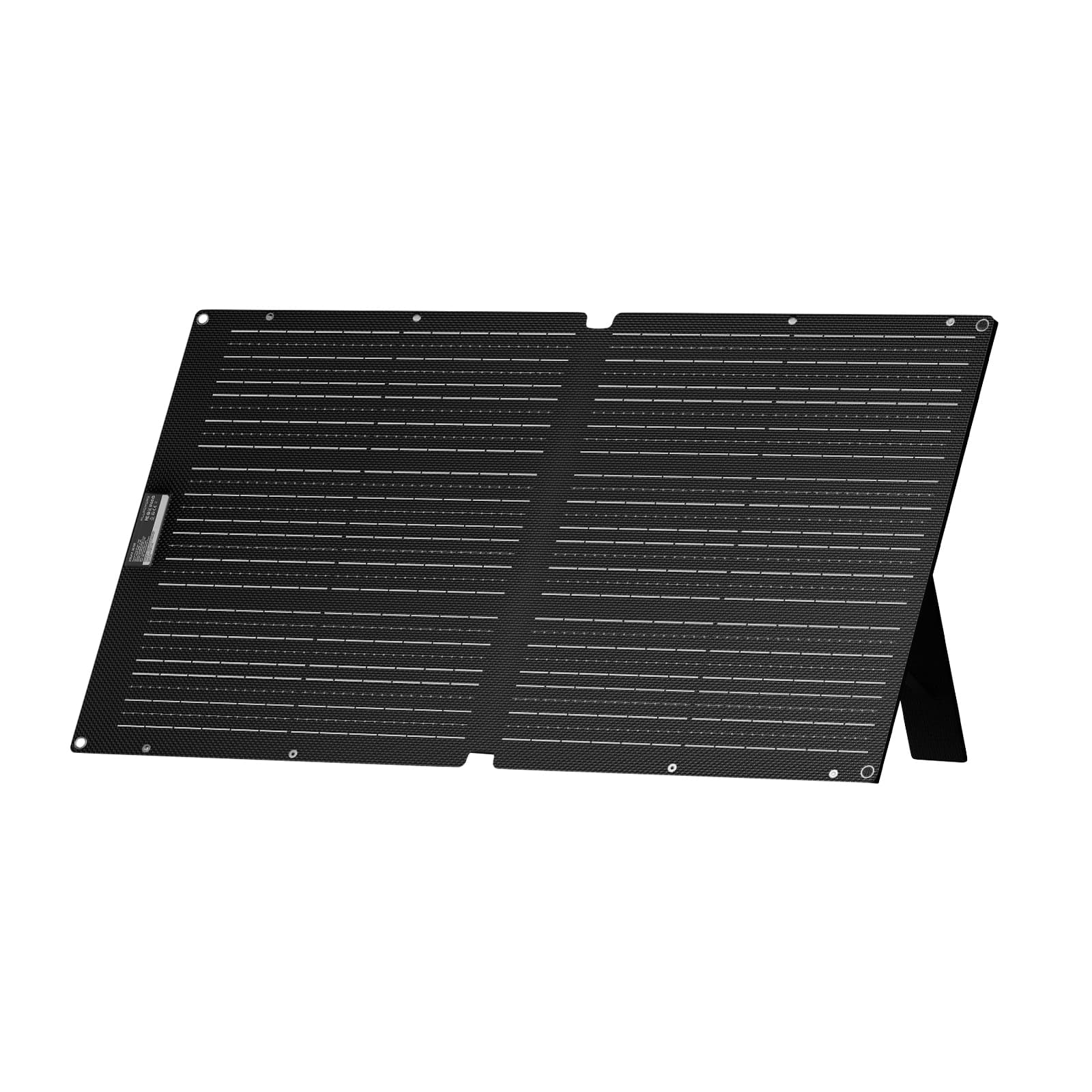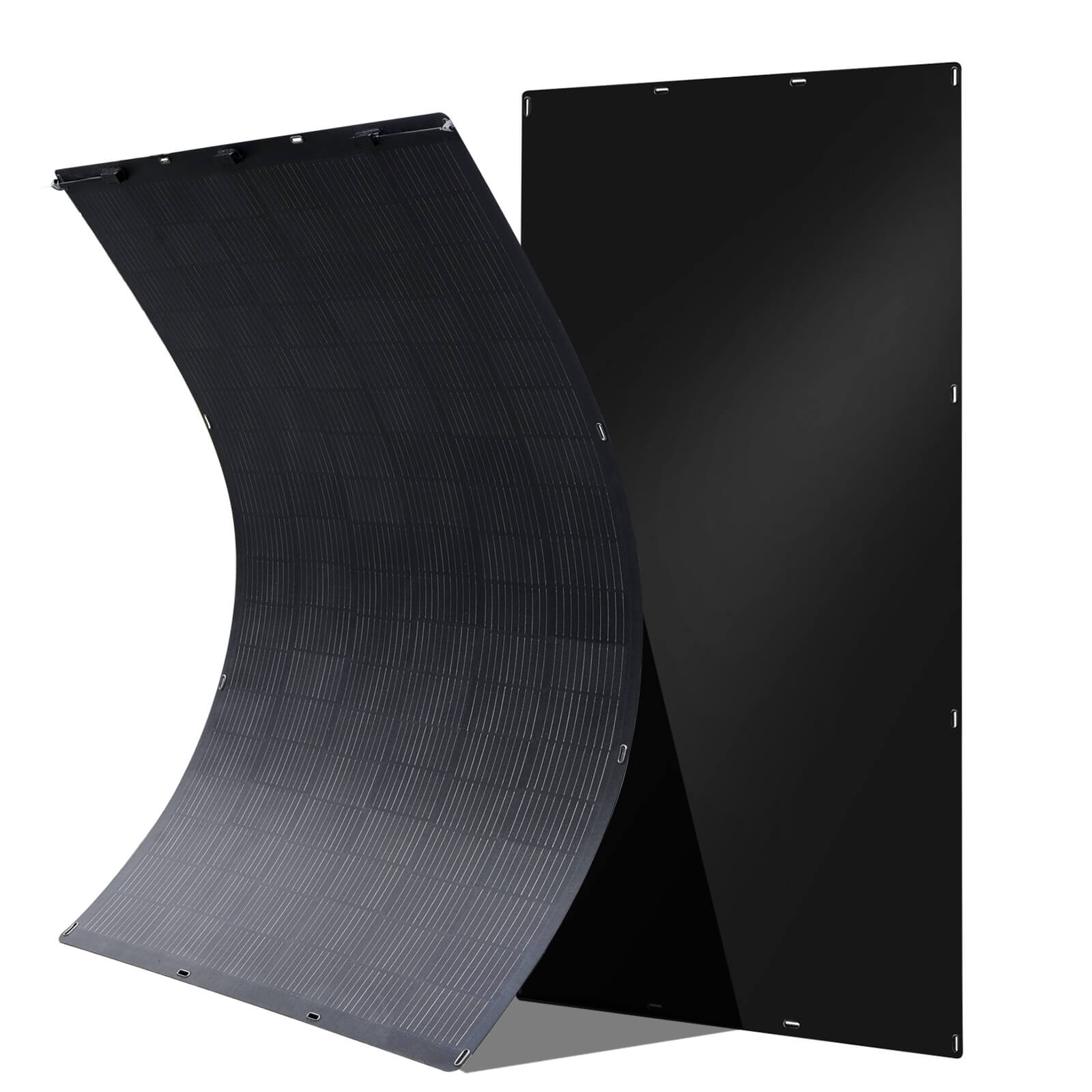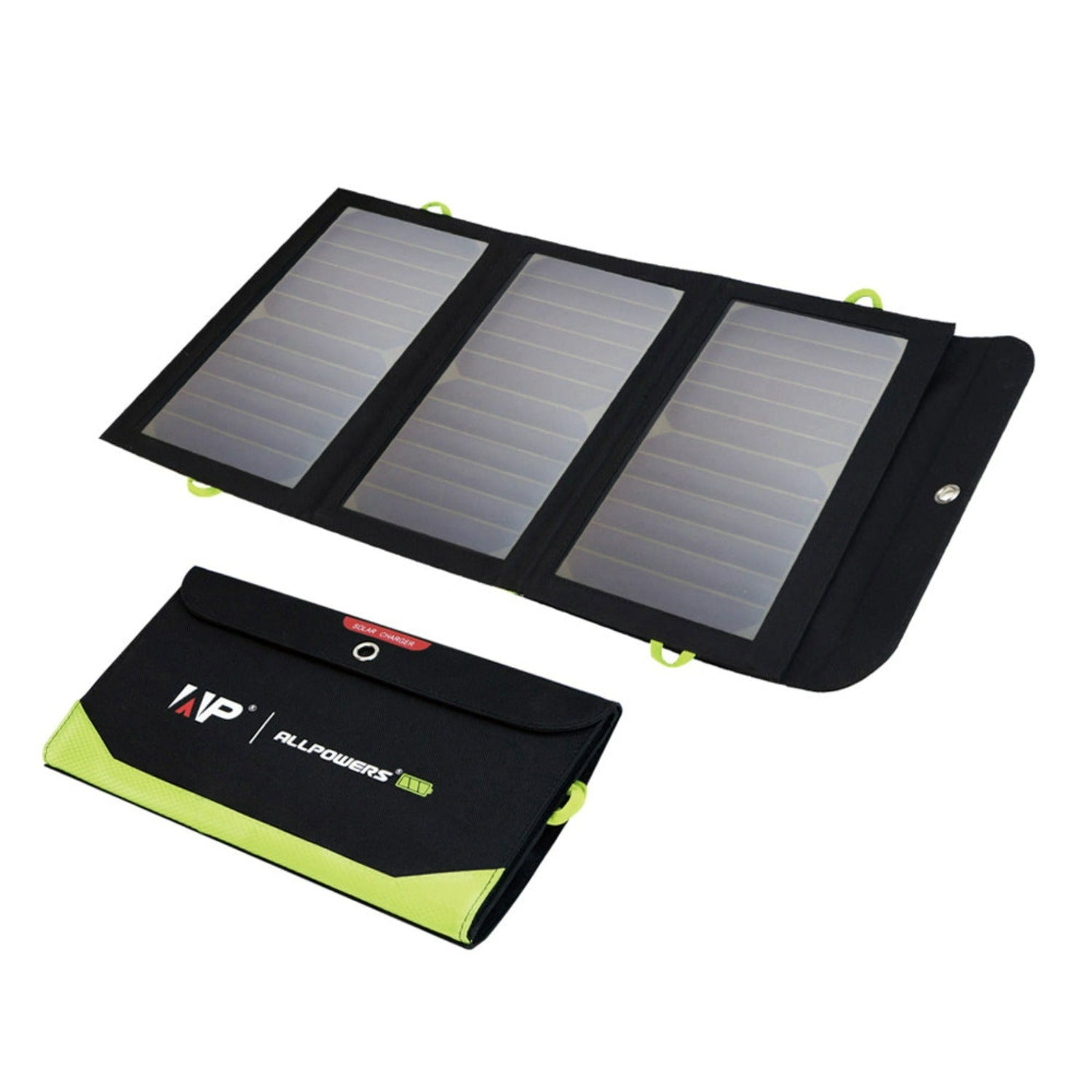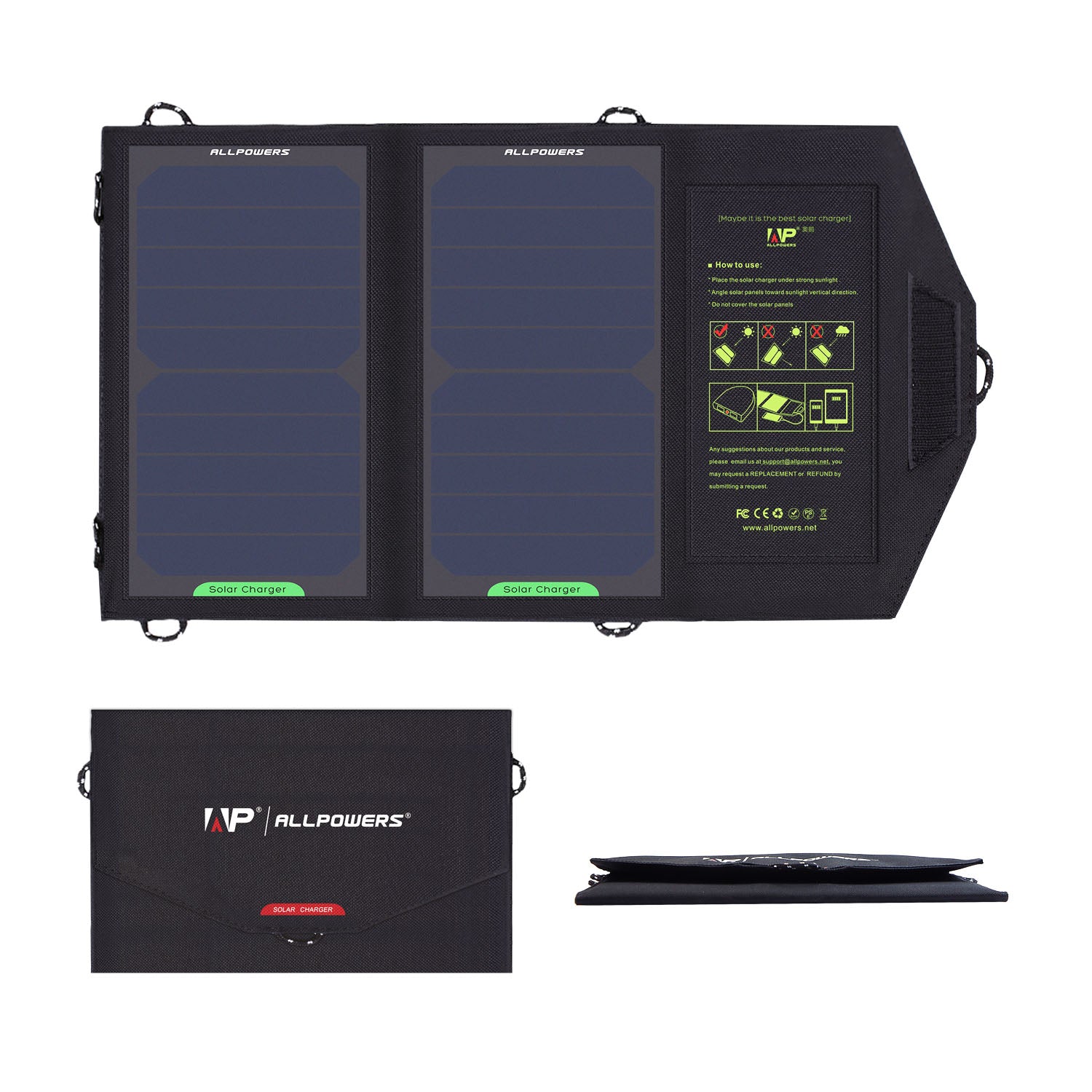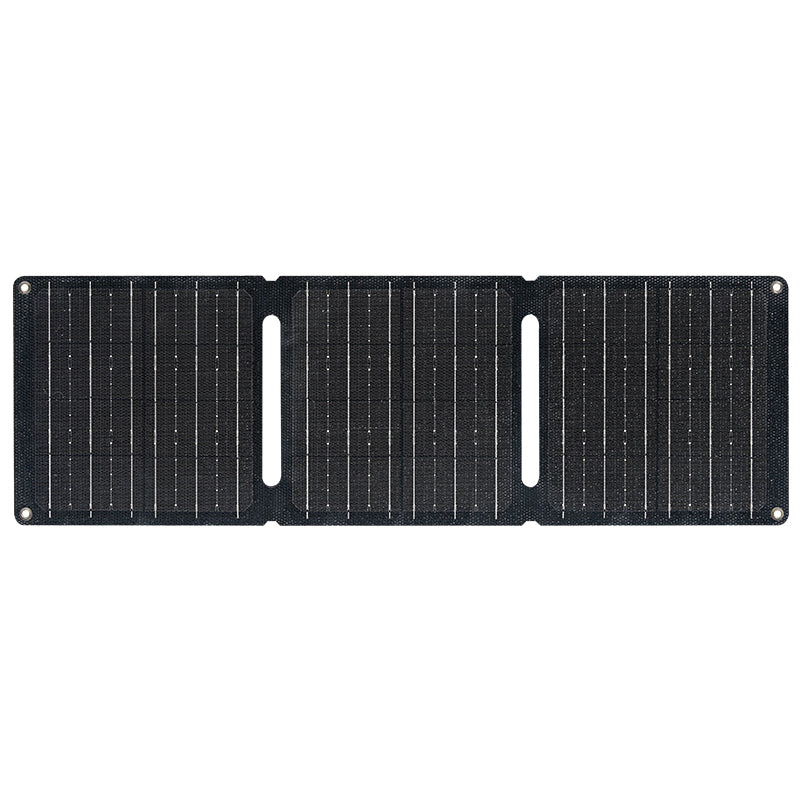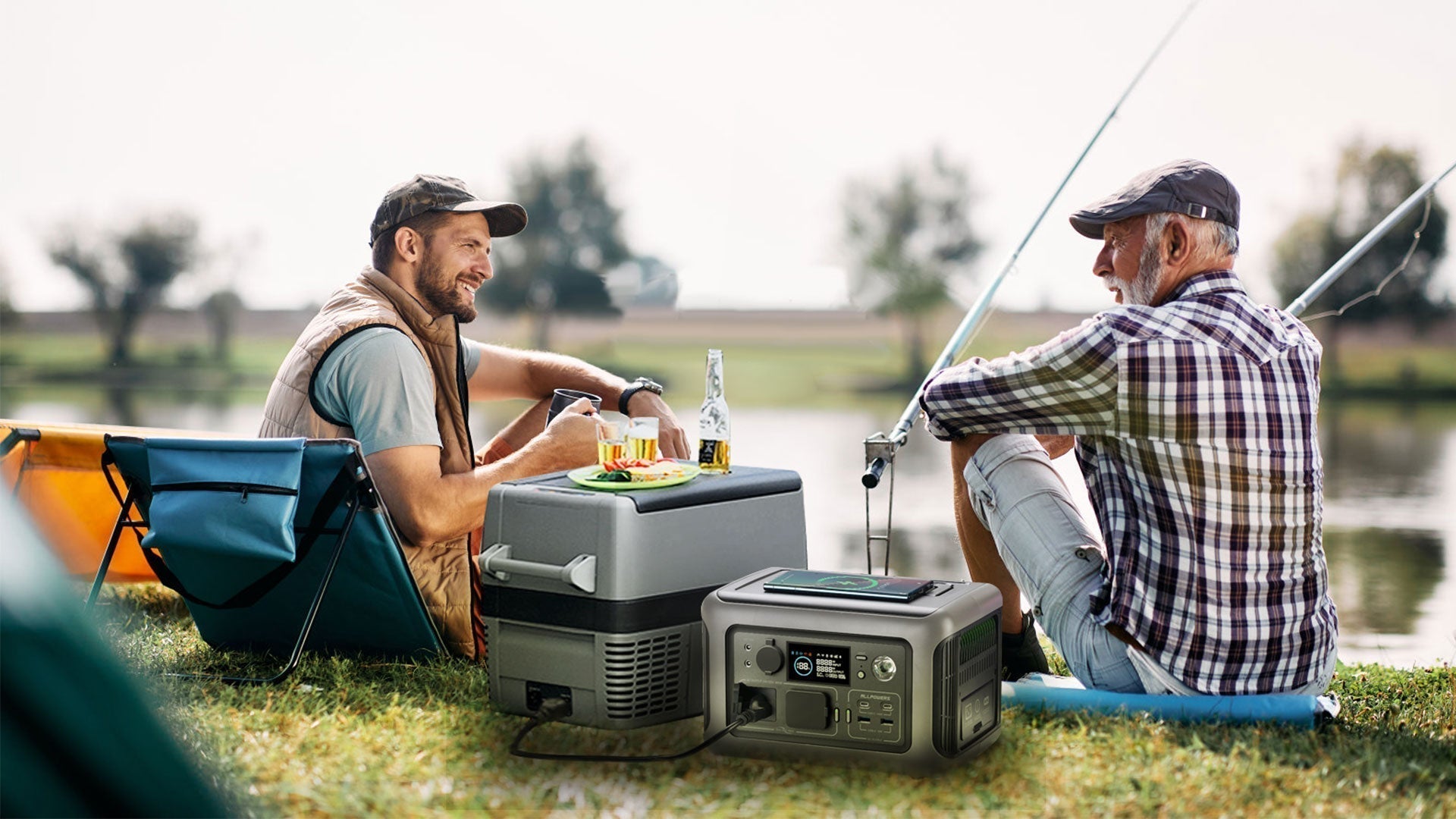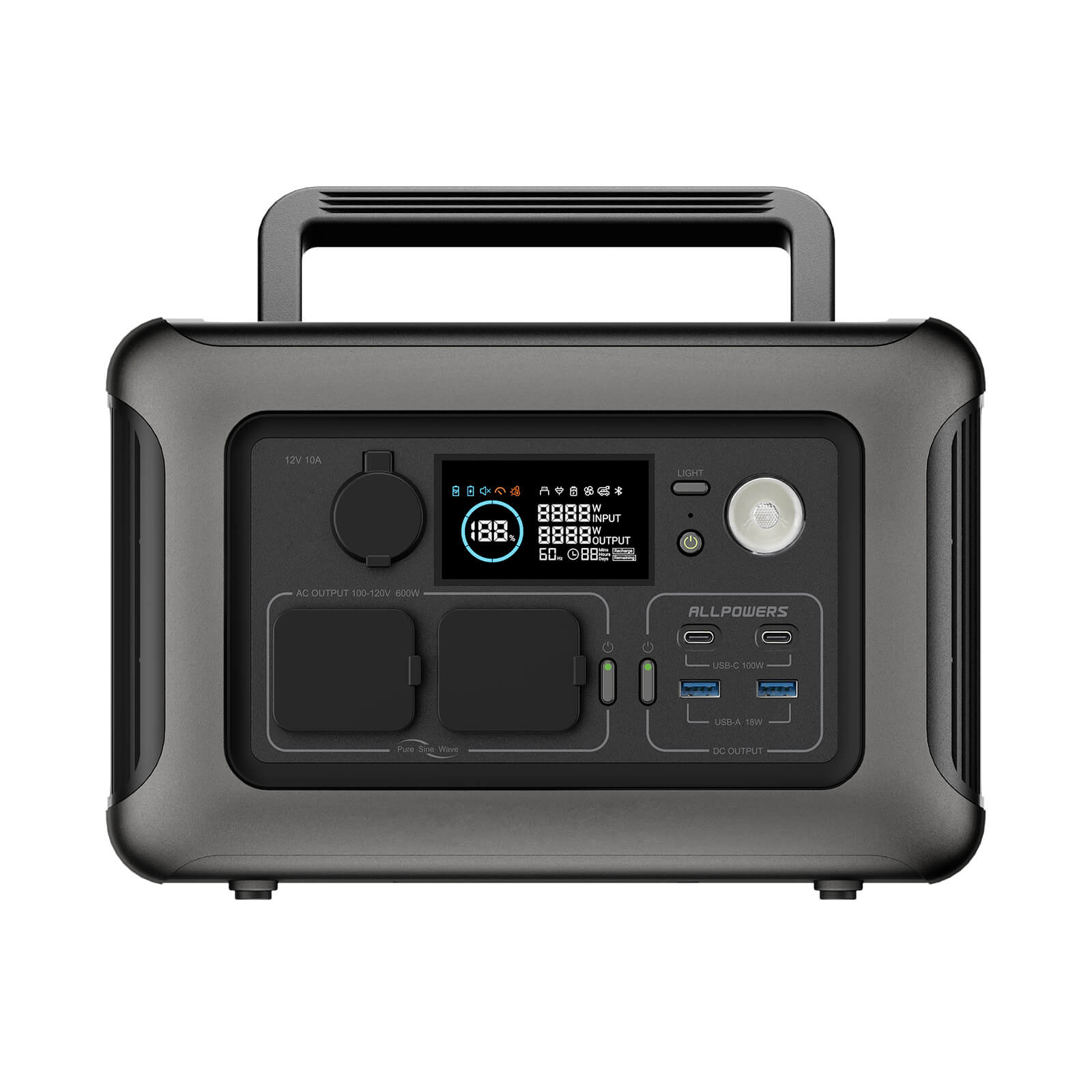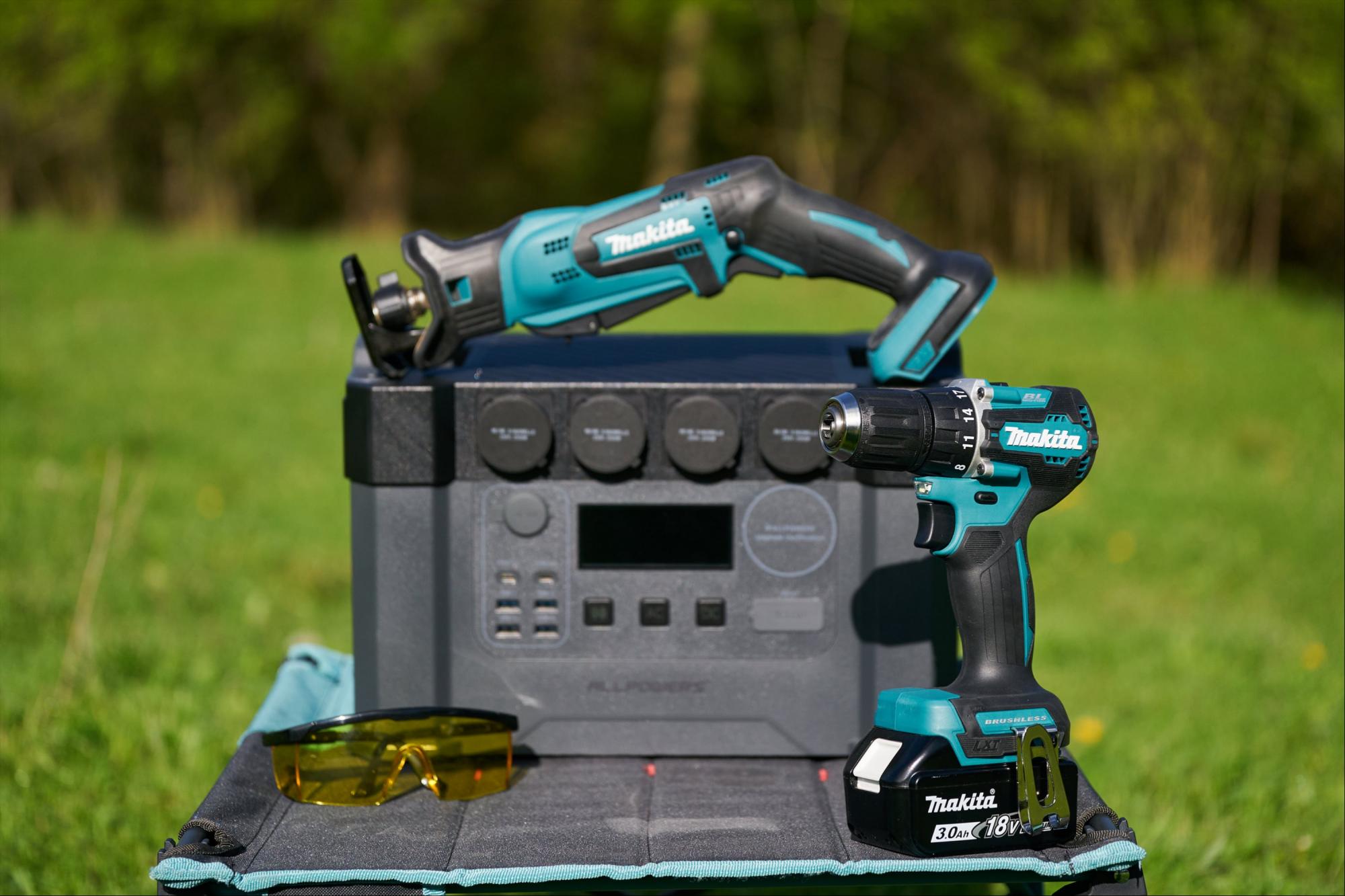How do you power your camping fridge and freezer without a noisy generator?
A solar generator seems like the perfect solution, a way to keep things fresh and frosty no matter where you are.
But, how big of a solar generator do you need to keep a refrigerator and a freezer humming along?
Why the right size is more than just a number
Refrigerators and freezers aren’t gentle when it comes to power. They don’t just sip energy; they take big gulps, especially when the compressor kicks on.
That short surge can be several times higher than the running load. If your solar generator can’t handle that momentary spike, the whole setup shuts down.
And beyond startup power, there’s the daily cycle. A fridge might average 150–300 watts when it runs, a freezer 200–400 watts.
But they cycle on and off, so the math isn’t just wattage—it’s how many hours they run each day.
Add both together, and you’re easily looking at 2,500–3,000 watt-hours per 24 hours. That’s the baseline most people need to cover with power stations and solar input.
But here’s the twist: not everyone lives the same life. The right size solar generator for a solo van traveler looks nothing like what a family in the suburbs needs. And an off-grid cabin owner? That’s a whole other story.
Handle a mini-fridge
If you're headed out for a long weekend at a state park.
You've got your tent, your gear, and a small 12V portable car fridge to keep your drinks cold and your food from spoiling.
These little fridges are a game-changer for camping, honestly. They're designed to be efficient.
A typical one might pull about 40 to 60 watts while it's running, and its starting surge is usually pretty minimal.
Plus, you’re only running it for a couple of days, maybe three at most.
For this kind of trip, you don't need a monster of a generator. A smaller, more portable unit is perfect.
Take the ALLPOWERS R600, for example—its 600W output is more than enough to handle a mini-fridge.
Pair it with a 200 watts of portable solar panel setup, and the fridge stays cold indefinitely—as long as the sun shows up for a few hours.
The beauty of this setup is portability.
A lightweight solar generator slips under the bed in your van, and foldable panels unfold like a picnic blanket. You don’t feel weighed down.
You don’t worry about gas refills. You just point the panels at the sun and let them sip energy all day.
Handle a mid-sized fridge
Maybe you're parked at a remote cabin for a week or two, or perhaps you're living the van life and have a mid-sized fridge or RV refrigerator.
These units are a step up from the mini-fridge. They're usually designed to be efficient but have a bit more storage space, so they’ll naturally draw more power.
For this situation, you need a more robust solar generator, something like the ALLPOWERS R1500 Lite with a 1600W inverter.
It’s got a 3200W peak, which gives you plenty of juice to handle the startup surge of both your mid-sized fridge and a smaller freezer without breaking a sweat.
But you won't get through the week without recharging. This is where you absolutely need a good solar setup.
Two 100-watt solar panels or a single, more powerful 200-watt panel would be the ideal setup.
This bigger solar array ensures that even on partly cloudy days, you're still generating enough energy to stay topped up and ready for the next day's adventures.
Learn more: What Is the Best Solar Generator for RV?
Handle a home fridge
Maybe you’re not just camping; you're living off the grid.
You’ve got a fridge, a separate freezer, and you're powering a laptop to edit photos or maybe a coffee maker in the morning.
You're essentially building a small, off-grid home.
Your power needs are a bit more demanding, and you can't just rely on the charge you left home with.
The ALLPOWERS S2000, with its massive capacity, is built for exactly this kind of demand.
But the real key to living off-grid for weeks or months on end is the solar input.
You need a big enough solar array to consistently replace the energy you use every single day.
A setup with 400 to 600 watts of solar panels is essential. This could be two 200W panels or four 100W panels linked together.
The goal here is to generate enough energy in a few hours to run your appliances all day and all night.
Learn more: What Is the Best Solar Generator for Off-Grid Living?
Handle full-size refrigerator and freezer
You’re prepping for a potential long-term power outage and want to keep your entire kitchen humming along.
This means powering a full-sized residential refrigerator and a standalone chest freezer.
This is the most demanding scenario, and it requires a serious piece of equipment.
The ALLPOWERS R3500 is a great starting point, but a larger model like the R4000 is even better.
Its huge capacity and high output can handle the surge of a full-size refrigerator and freezer, and keep them running for a day or two on battery alone.
But for a truly "long-term" outage, you can’t just rely on the stored power. You need a daily recharge plan.
Your solar setup for this would be equally large.
You'd be looking at a minimum of 600 watts of solar panels, maybe even more, depending on your energy needs.
This ensures you can fully recharge your power station each day, giving you the power you need to keep your food from spoiling and your essential devices running.
This setup can be a little pricey, but think of it as insurance.
Learn more: What Is the Best Solar Generator for Refrigerator?
Conclusion
So, what size solar generator do you need to run a refrigerator and freezer? The answer depends on the life you’re living.
If you’re a solo traveler with a tiny fridge, a 300Wh system with 100 watts of solar panels could keep you rolling comfortably.
If you’re living off-grid long-term, a 1–2 kWh system with around 400 watts of solar handling is your sweet spot.
And if you’re a family preparing for blackouts, think bigger—3–4 kWh storage, and 600+ watts of solar input.
In the end, the right size isn’t about perfection.


